
When is it acceptable to use AI in academic publishing?
This field is evolving rapidly and the education sector, for one, is abuzz with discussion on AI use for writing.

This field is evolving rapidly and the education sector, for one, is abuzz with discussion on AI use for writing.
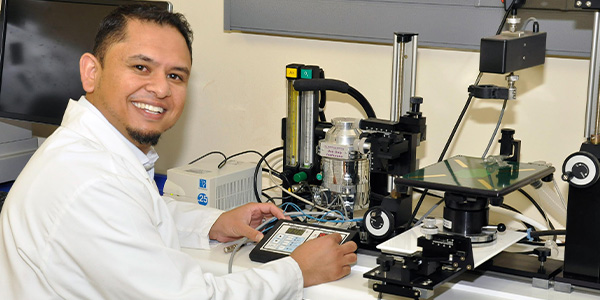
Development of drug delivery systems focused on targeted therapy, nanomedicine, and regenerative medicine.
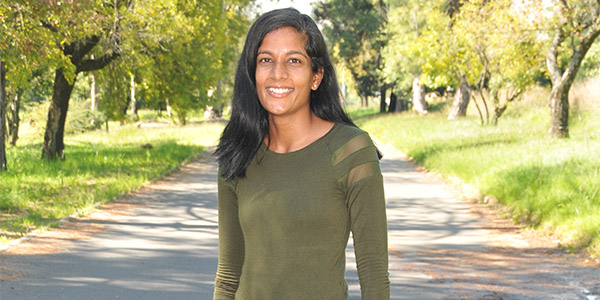
A Wellcome award for first-of-its-kind fungal research in Africa may unlock the origins of human infection.

First-of-its-kind dataset helps us understand why people from genetic backgrounds may be more vulnerable to certain diseases.
.jpg)
mRNA vaccine innovations are revolutionising how homegrown life-saving jabs can tackle persistent diseases like TB.
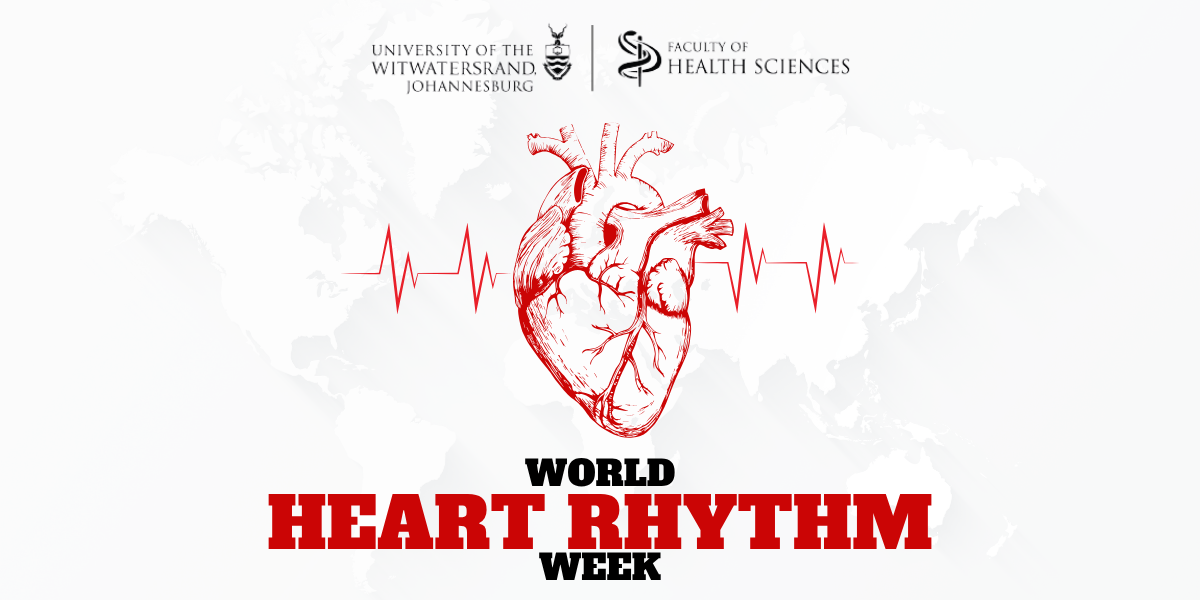
Did you know an irregular heartbeat can lead to stroke, heart failure or even sudden death?
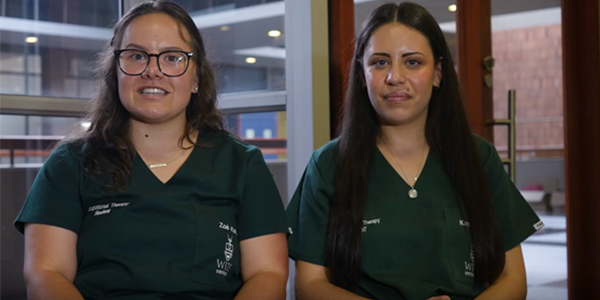
Vertical gardens by OT students provide meaningful activities for disabled people while addressing water scarcity and other rural gardening challenges.
Members of the Wits community are invited to a candlelight ceremony to remember Olorato Mongale, who passed away under tragic circumstances on 25 May 2025.
.jpg)
The Academy of Science of South Africa’s framework guides researchers on how to interpret and implement POPIA for research.

The G20 should acknowledge that diseases like high blood pressure and type 2 diabetes are part of a system in which commercial actors are causing ill health.
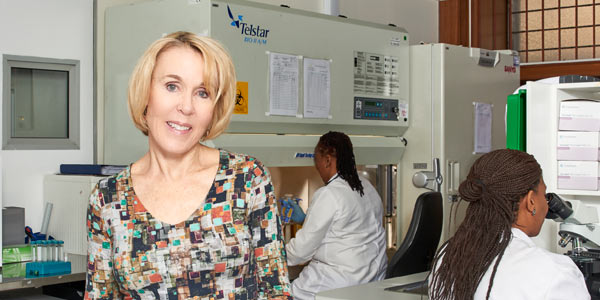
Professor Helen Rees received the coveted World Health Organizations prize for her “outstanding contribution to public health”.
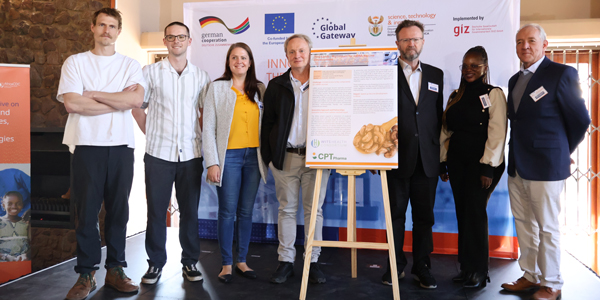
Scientists win prestigious international award for pioneering a biodegradable, Africa-sourced ingredient that could transform the future of vaccine production.
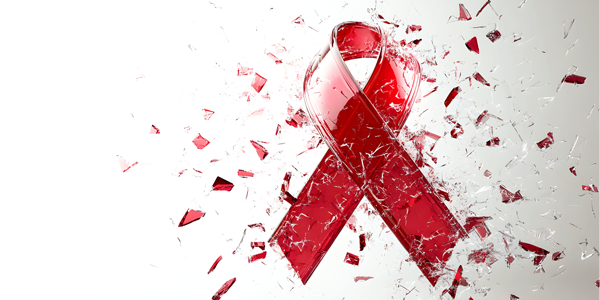
The US cuts in research funding are devastating to the fight against HIV/Aids. It’s going to be very hard to recover.
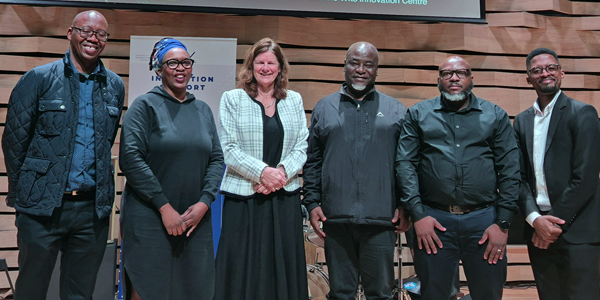
Producing knowledge is a daily pursuit at universities — knowing how best to protect and draw value from it is crucial.
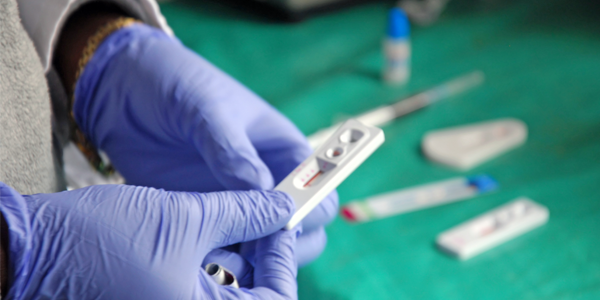
We are about to see a wave of new HIV infections, sickness and death, with children born infected in record numbers.
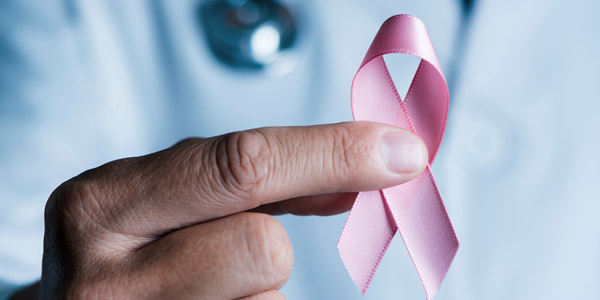
Genetic factors contribute to some 30% of breast cancer cases in SA, necessitating investment in genomic research in African contexts.
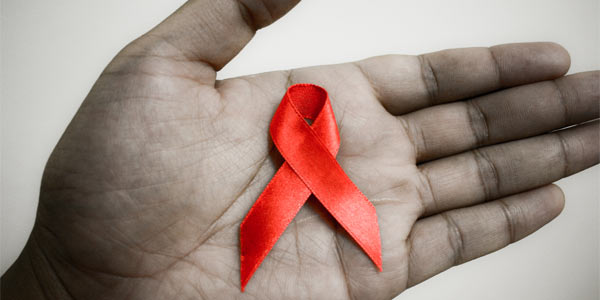
Prevention and treatment campaigns are not adequately targeting the particular needs of the 50+ years age group.

Wits Advanced Drug Delivery Platform Director, Professor Yahya Choonara, appointed to expert committee.

Alexander Humboldt Award bestowed on pharmacogeneticist Prof. Collen Masimirembwa for dedication to ensuring Africans receive safe, efficacious medicines.

Staking your life on rugby is a huge gamble, says sports & exercise medicine physician, Jon Patricios, and shares 4 tips to navigate a high-performance career.
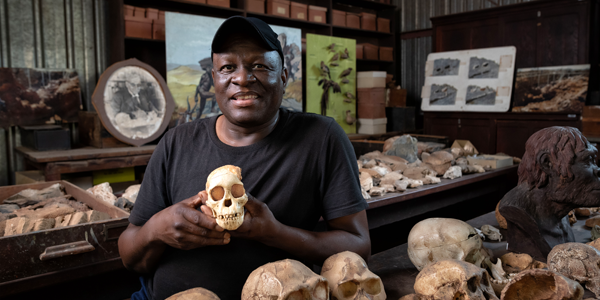
Wits University announces the reopening of one of humanity’s most important palaeontological sites to the public.
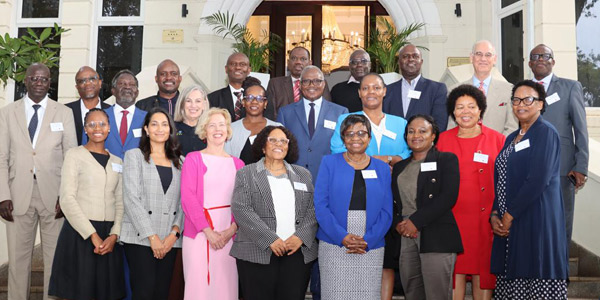
Fake and substandard drugs are rife globally, but in Africa, a harmonised oversight body could decrease the vast number of deaths, including deaths of children.
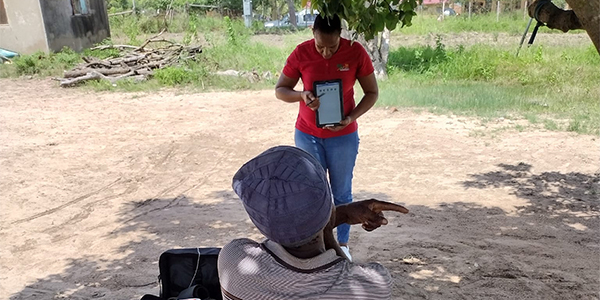
International researchers have introduced two improved tests that could precisely detect cognitive dysfunction in older African adults.

The Hack Your Future podcast celebrates the trailblazing Wits alumni and researchers who are transforming industries and challenging the status quo.

Study finds that legislation in 2013 to reduce sodium in processed food is now associated with significant declines in blood pressure levels.

The new African Regulatory Leadership Programme (ARLP) is a step towards regional harmonising and establishing the African Medicines Agency.
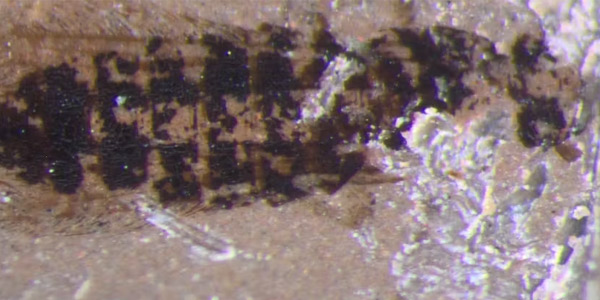
This is the first time a fossil of this tiny insect pest has been recorded anywhere in Africa, and it met its end in a volcanic lake 90 million years ago.
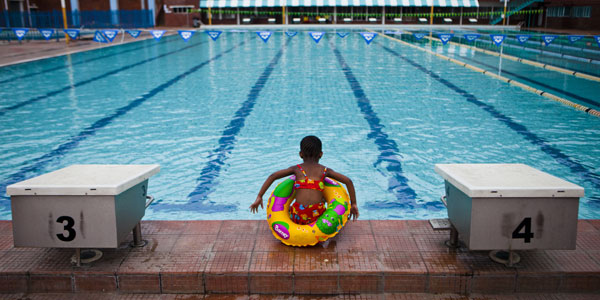
The first 1,000 days of a child’s life (conception to two) are critical for development. Research shows that the next 1,000 days (2 to 5) are also fundamental.

A sugar-sweetened beverage tax is effective in reducing sugar consumption and should be increased for health reasons, researchers argue.


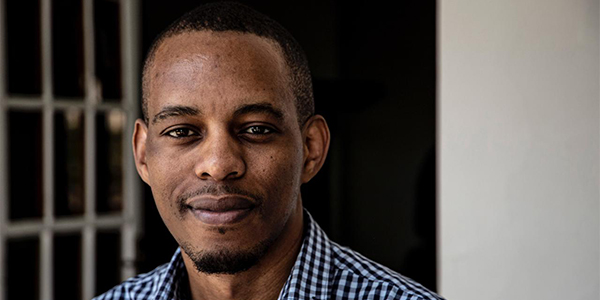
Poorly controlled type 2 diabetes can, over time, increase the risk of heart and kidney disease and lead to eye, vascular and nerve damage.
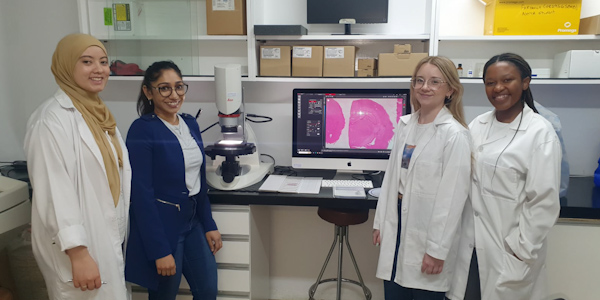
Recent major research equipment acquisitions demonstrate the need and potential for proactive pursuit in the competitive research resources environment.
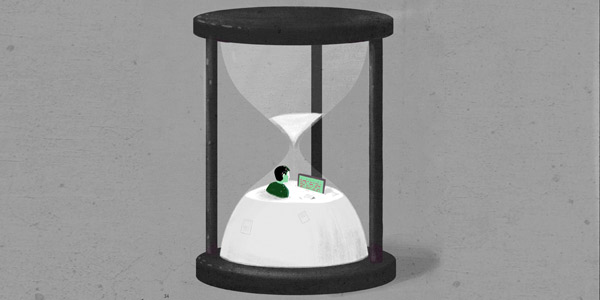
Experts in psychiatry, psychology, and ergonomics explain how burnout manifests and what we can do about it.
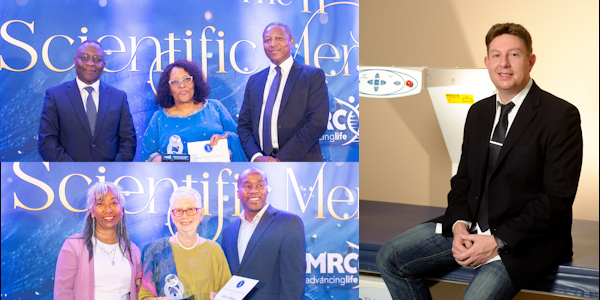
Lifetime achievement for Prof. Karen Hofman, President Award for Adjunct Prof. Precious Matsoso, and a gold medal for Prof. Shane Norris at the SAMRC awards.

Professor Collen Masimirembwa of the Sydney Brenner Institute for Molecular Bioscience receives Precision Medicine World Conference Pioneer Award (PMWC) 2025.

Chemical engineering specialists have mapped out the risks for South Africa in setting up a multi-billion dollar green hydrogen industry.
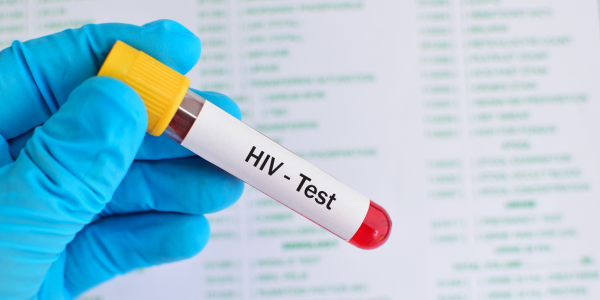
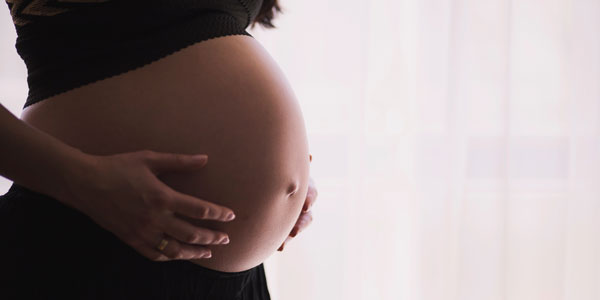
Analysis of birth records and climate data will establish how many adverse pregnancy outcomes occur due to climate change.
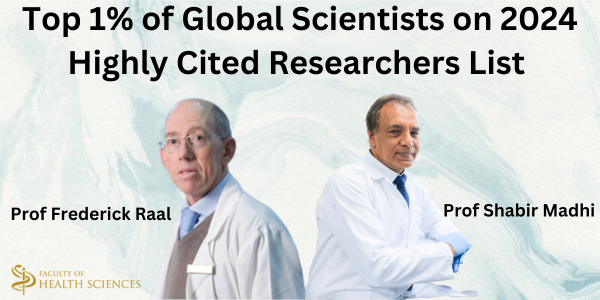

The rise of remote and hybrid working practices post-pandemic has led to an interesting shift in population growth across South Africa.
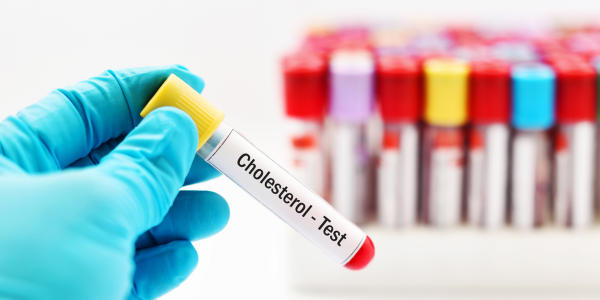
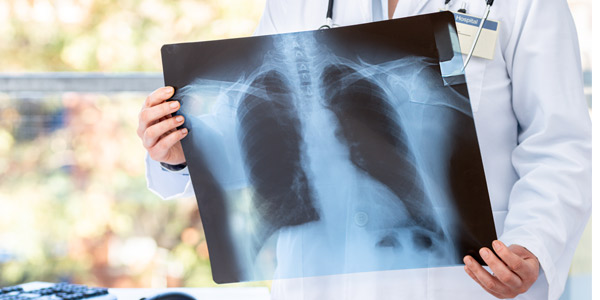
A new study shows that tuberculosis patients cash-incentivised and counselled have a 52% lower relative risk of having an unsuccessful treatment outcome.
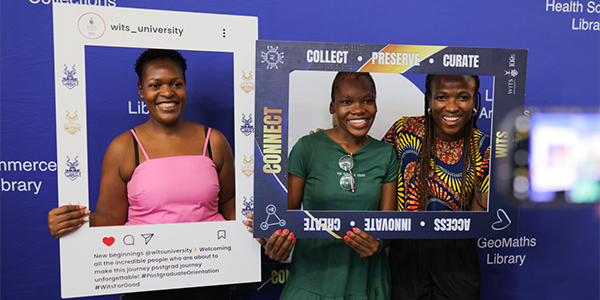
A packed Great Hall was abuzz with excitement as the 2025 cohort of postgraduate students convened for their Orientation and Welcome on 5 February.
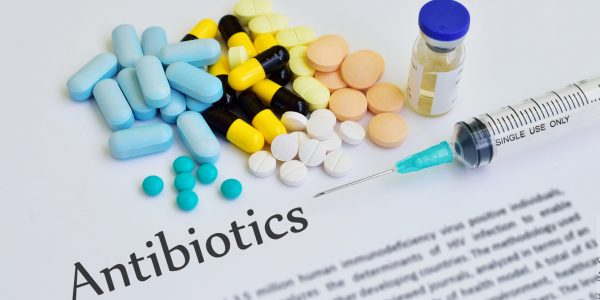
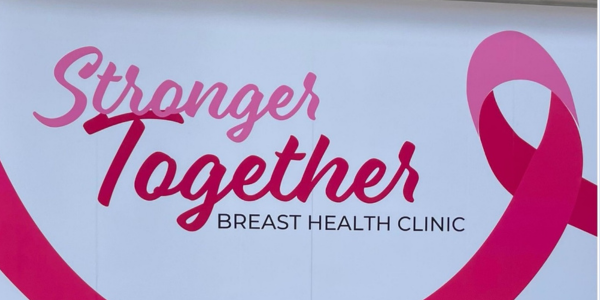
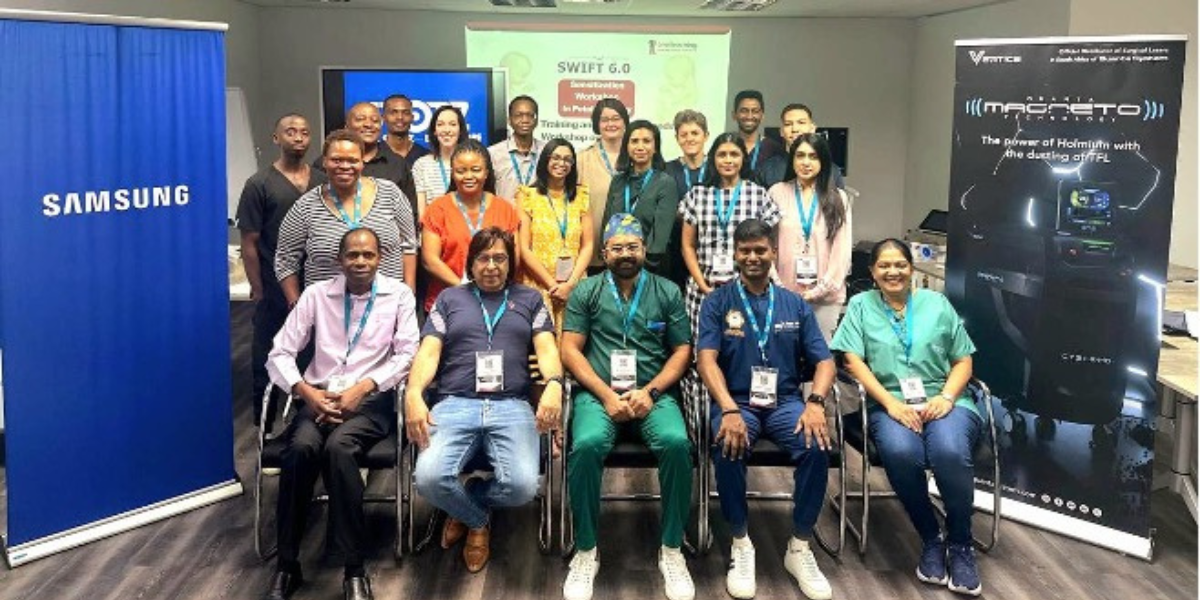
The Wits Department of Maternal and Fetal Medicine in partnership with the One Learning Academy hosted the first-ever Fetal Therapy Workshop in Africa.

Even relatively low levels of physical activity may be advantageous, findings from a study led by Wits Sport and Health (WiSH) show.
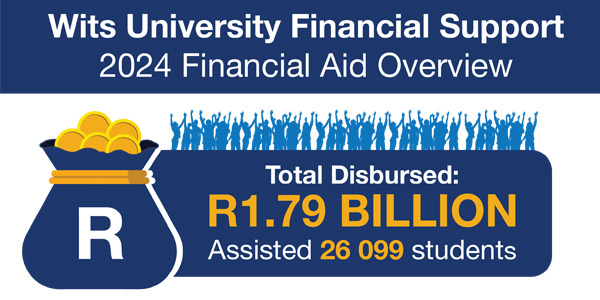
Christmas came early for almost 800 talented Wits students who had their student debt cleared this week, amounting to R63 million collectively.
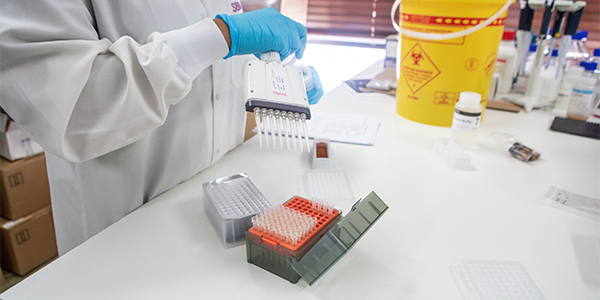
The most extensive study of the gut microbiome in Africa has discovered new microbial species and never-before-reported metagenomes* from several African sites.
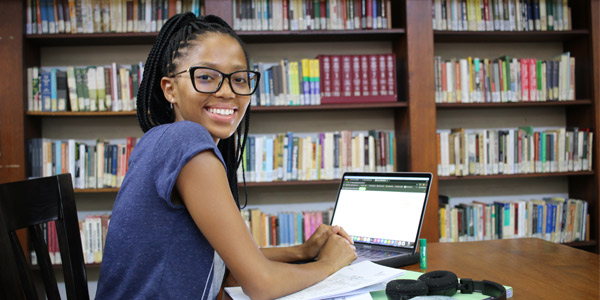
Students and staff from all South African public universities can now access free wi-fi at 36 libraries owned by the City of Johannesburg.

Work isn't static. It changes as we change. In this issue, we turn to our researchers as we grapple with the evolving nature of work and an unknown future.
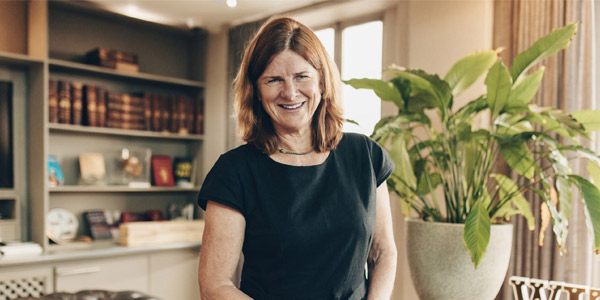
[Editorial] AI, Africa, equity, skills, burnout, toxic workplaces, semigration, sex work, and retirement, all in this issue of Curios.ty.
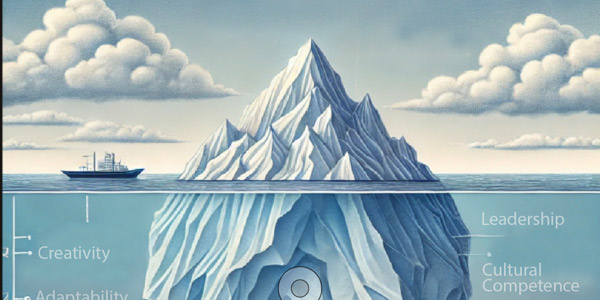
What impact does the changing world of work have on how higher education is delivered to students?
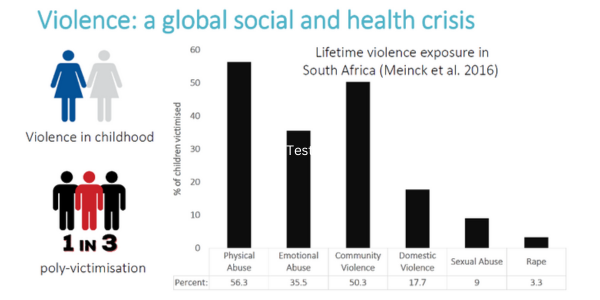
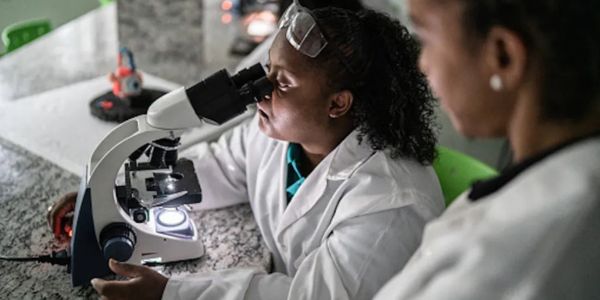
The challenge for universities is to produce graduates who can work with others to produce knowledge and research that can change societies for the better.

Whether we’re socialising, shopping, banking, studying or working, billions of people around the world spend hours each day online.
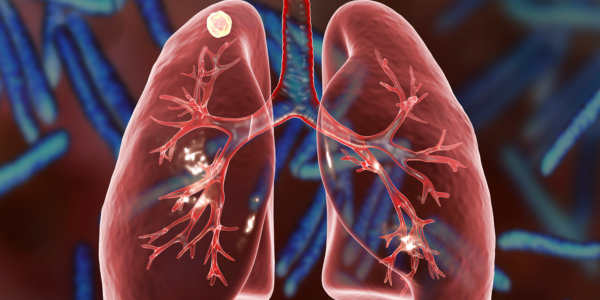

Our research impacted humans, animals and machines, while our students’ side hustles drove innovation, and our scholars deepened our knowledge.
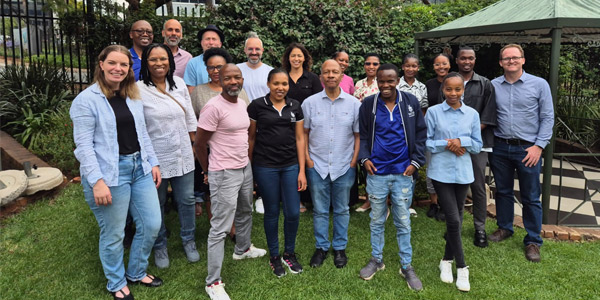
It was a year of establishment and growth for the Wits Innovation Centre (WIC) as it broke new ground to coordinate and encourage innovation across Wits.

South Africa wants to introduce an excise tax on alcohol to make sure no alcoholic drink can be sold below a certain price.
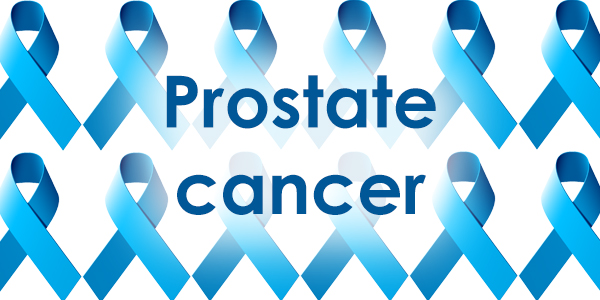
African men have a high risk of prostate cancer. Research has found genetic regions associated with this disease.
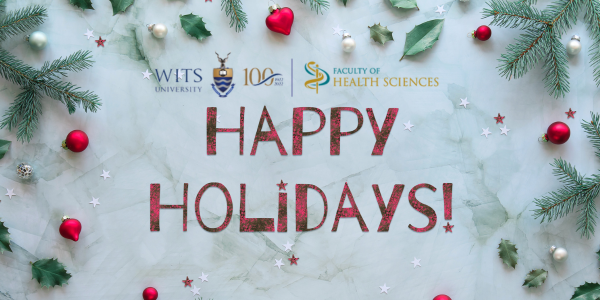
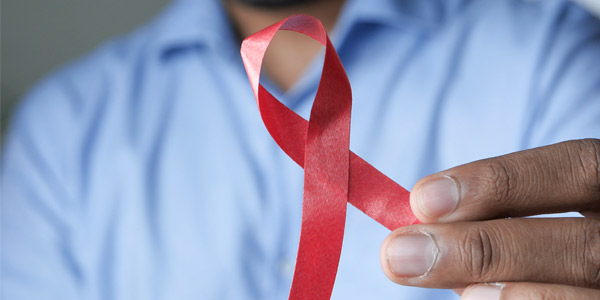
Aids was first identified 40 years ago: these are the game changers that have revolutionised treatment – and the obstacles that remain.
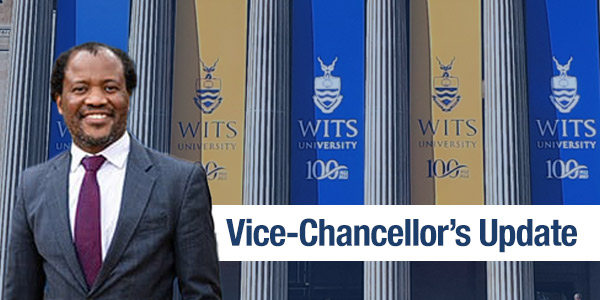
Season's greetings from Professor Zeblon Vilakazi, Vice-Chancellor and Principal of Wits University.

-with-Professors-Lynn-Morris-and-Mucha-Musemwa-600x300px.jpg)
Wits Press commemorated 100 years of publishing excellence with the launch of the book 'Publishing from the South: A Century of Wits University Press'.
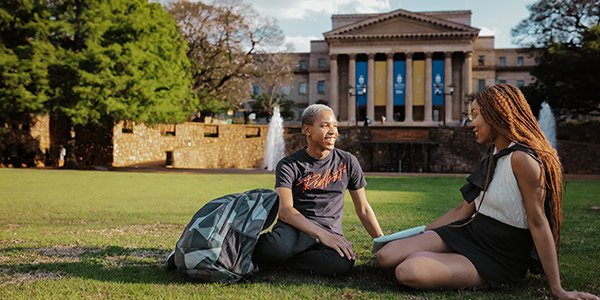
Carnegie Mellon University Africa announced today that it will expand its digital public infrastructure initiative across the continent.


The first 1,000 days of a child’s life are crucial – so is the next 1,000 days. A range of influences shape children between the ages of 2 and 5.
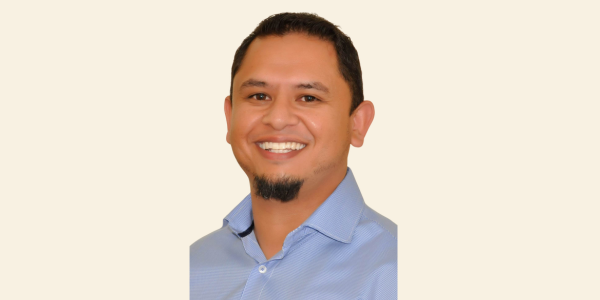
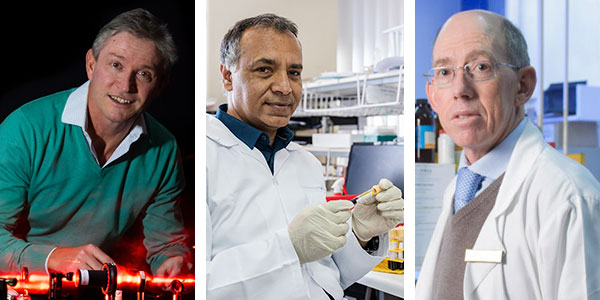
Professors Andrew Forbes, Shabir Madhi, and Derick Raal are three of just 10 South Africans on the annual list of Highly Cited Researchers™.
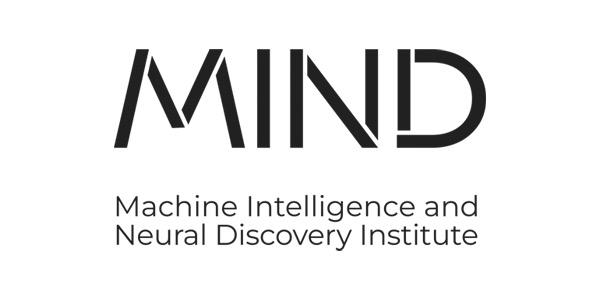
The Machine Intelligence and Neural Discovery (MIND) Institute advances AI research, exploring machine, human, and animal intelligence.
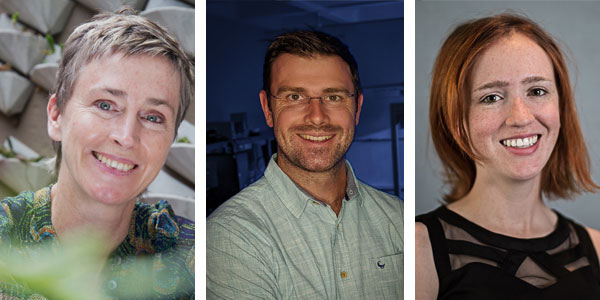
Professor Sally Archibald receives the 2025 John F.W. Herschel Medal and Doctors Mitchell Cox and Simone Richardson are 2025 Meiring Naudé medallists.
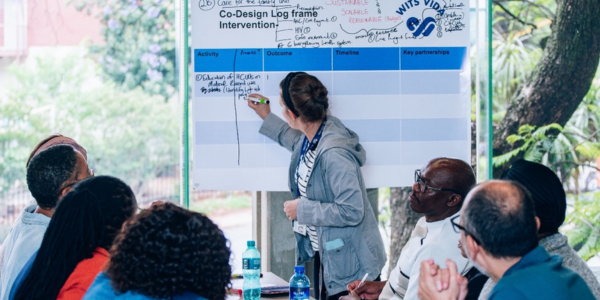
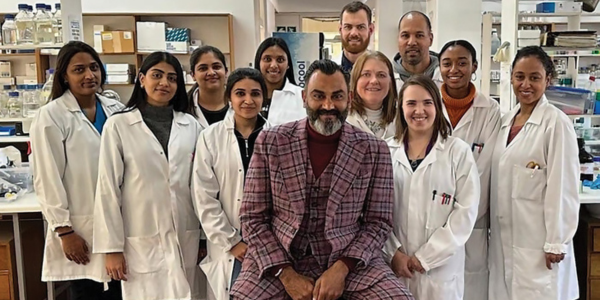

After major refurbishments, the old Johannesburg Planetarium has been transformed into the state-of-the-art Wits Anglo American Digital Dome.
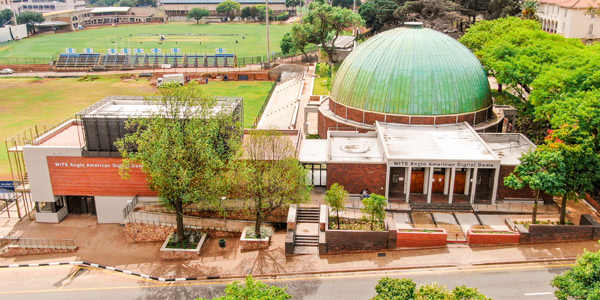
After 64 years, the Johannesburg Planetarium has been upgraded featuring new cutting-edge digital projectors that will enhance its role in science education.

Largest systematic review of its kind assesses 198 studies across 66 countries for the impact of heat on maternal, foetal, and neonatal health.

The Academic office of Radiology at Wits University, welcomed Professor Amit Agarwal as the ASNR Ann Osborn Visiting Professor to South Africa.

Dispelling myths around breast cancer in Africa is important so that treatment care can focus on the dire socio-economic issues facing patients.
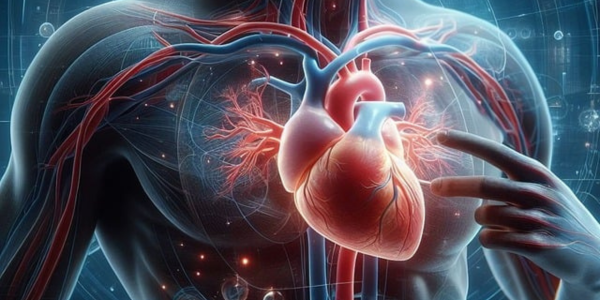
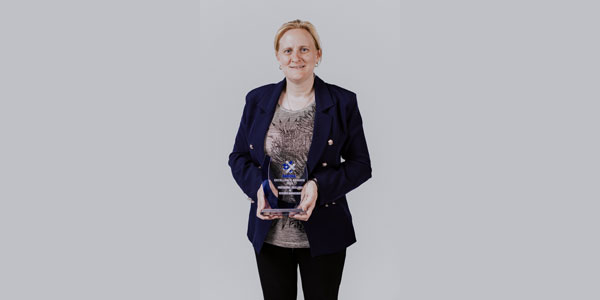
National research associations have awarded accolades to Witsies across a range of scholarly disciplines as well as in research management and ethics.
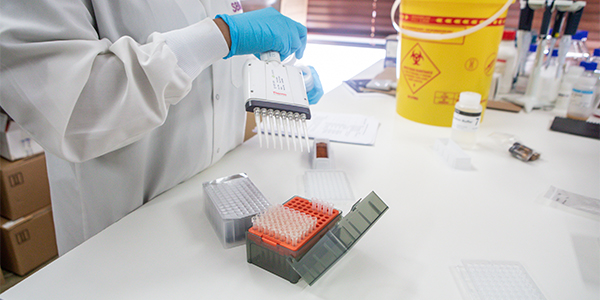
Based at the Sydney Brenner Institute for Molecular Bioscience, the Chair will lead academically rigorous research in precision medicine and genomics in Africa.
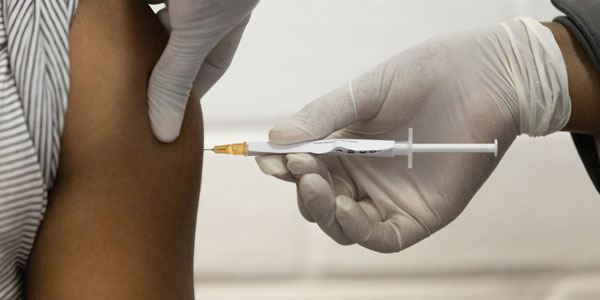
Professors Susan Goldstein and Haroon Saloojee assess South Africa’s child vaccination programme.
.jpg)
Water expert shares guidelines on how to purify water at home in areas where there is uncertainty over water quality or poor sanitation.
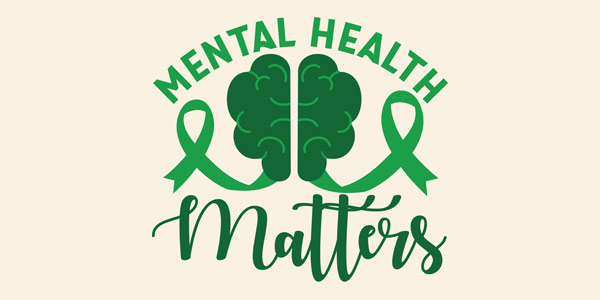
Today is World Mental Health Day with an urgent call to action for employers: 'It is time to prioritise Mental Health in the workplace'.

Researchers have identified the genetic risk factors that contribute to prostate cancer in a diverse group of African men.
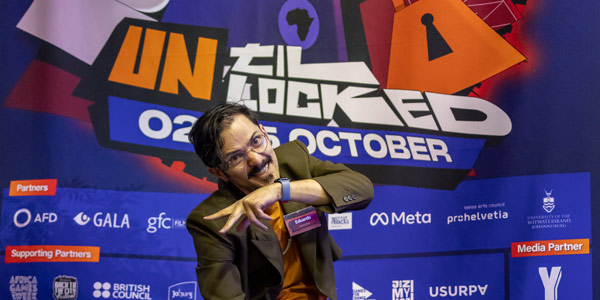
Fak’ugesi Festival unleashes the potential that lies within communities when technology, art, and culture intersect in Africa.

This year Fak’ugesi #UntilUnlocked celebrates the exciting expansion of African digital creativity.

Africa’s biggest creative digital innovation festival is from 3 – 5 October 2024 at Wits’ Tshimologong Digital Innovation Precinct.

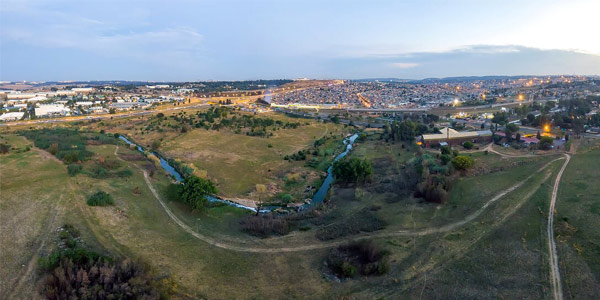
Proceeds from the initial R200 million sale of the Frankenwald Estate to be put into an endowment to benefit future generations.
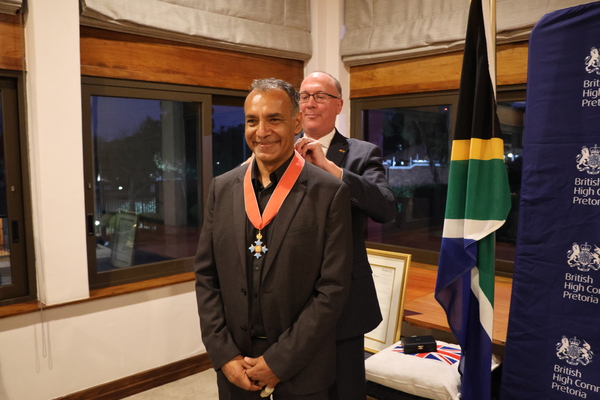
Professor Shabir Madhi was officially conferred as an honorary Commander of the Most Excellent Order of the British Empire (CBE)
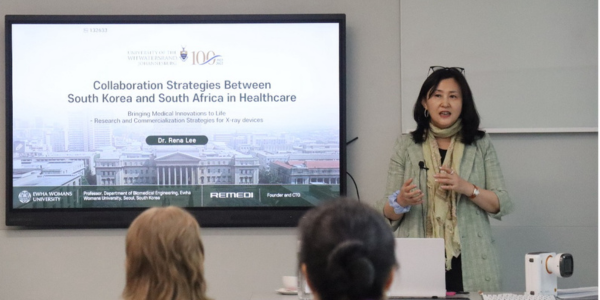

Steve Biko’s murder exposed deep racism in how medicine was taught and practised in South Africa.
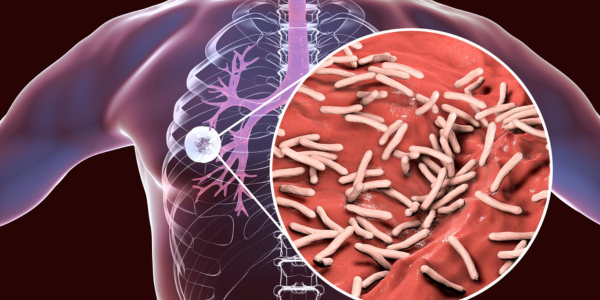

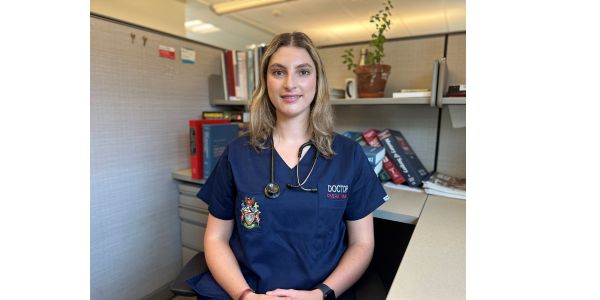
Dr Gabriella Hyman awarded the prestigious Dr Esther Mahlangu Doctoral Fellowship for her clinician-scientist role and research in SA public health sector.
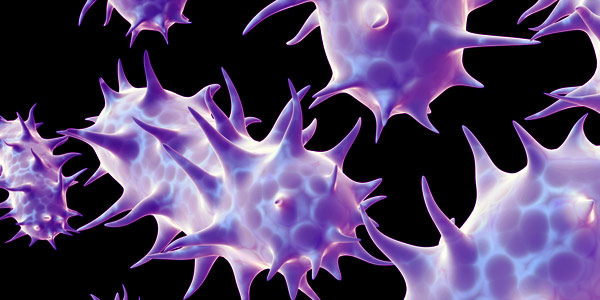
The behaviour of modern humankind has played a large part in the advent of new communicable diseases.
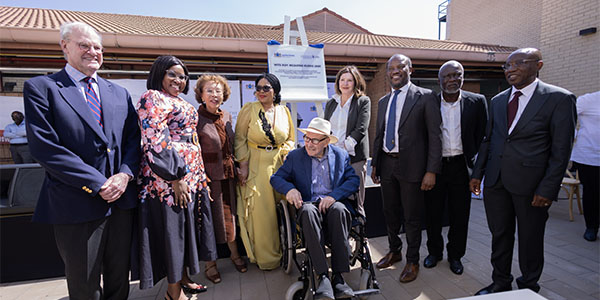
R100 million expansion to Wits Roy McAlpine Burns Unit at Baragwanath Hospital officially opens to serve Soweto, SA and Africa.
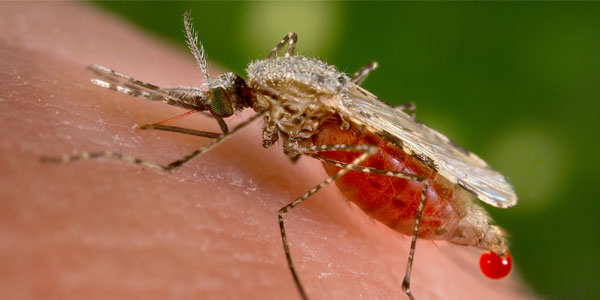
In a sense, a malaria-transmitting mosquito is a sick mosquito. This is where bacteria can help.
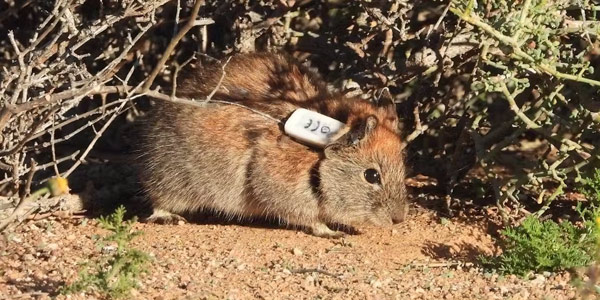
Many of the endangered mammal species are solitary. Understanding this way of life may help to protect them.
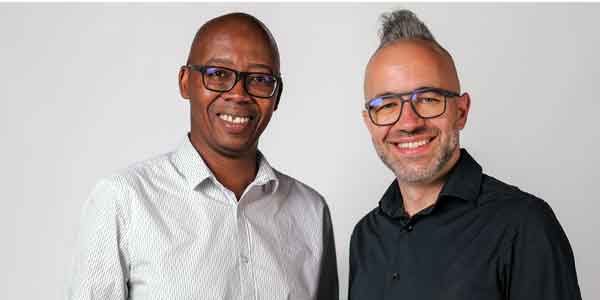
These reflect the Wits Innovation Centre's agility and responsiveness in continuing to grow the University’s innovation ecosystem.

Distinguished Research Professor Collen Masimirembwa in the Sydney Brenner Institute for Molecular Bioscience to receive award for research in pharmacogenomics.
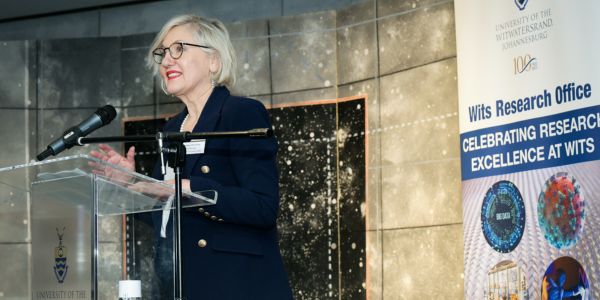
Wits recognises more than a hundred scholars for exceptional research accomplishments in 2024.
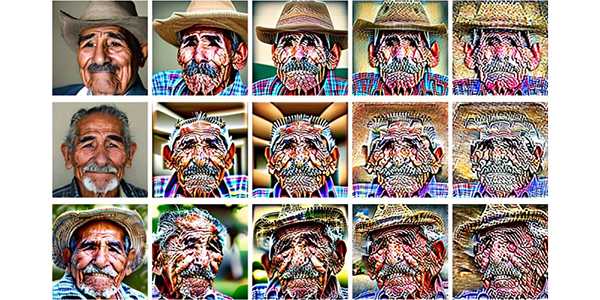
Philosophical, legal, moral, teaching and other angles unpacked at Wits SARIMA Carnegie 4th annual Global Ethics Day online event on 6 August.
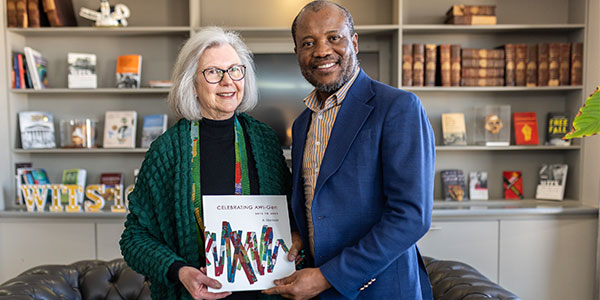
A book commemorating 10 years of the AWI-Gen project shares stories of those who researched how genetics, environment, and lifestyle affect health in Africa.
.jpg)
Professor Nelesh Govender was awarded one of 7 prestigious 5-year UK National Institute for Health and Care Research (NIHR) Global Research Professorships.
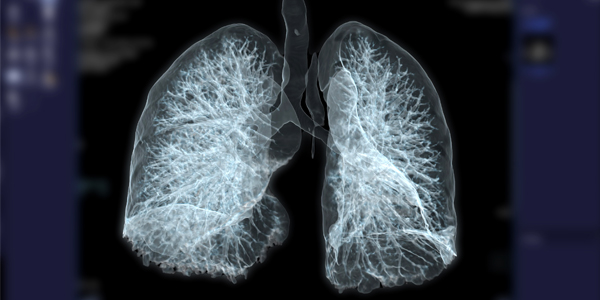
The only vaccination against TB is more than 100 years old. Gene-editing has made it more effective.
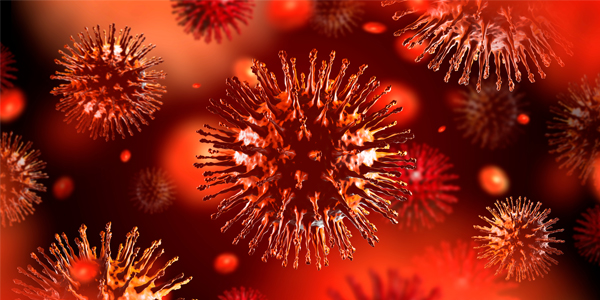
The 25th International AIDS Conference is currently happening in Germany. Here are five essential reads on breakthroughs, blind spots and new challenges.

The inaugural reporting guidelines for precision medicine research, of which Professor Michèle Ramsay is co-author, have been published in Nature Medicine.
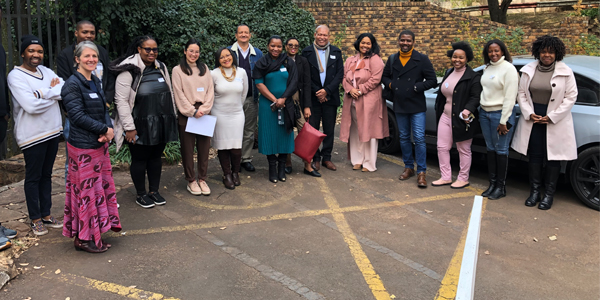
Eight PhD students and postdocs were inducted into the programme run by the Wits Transformation and Employment Equity Office (TEEO).
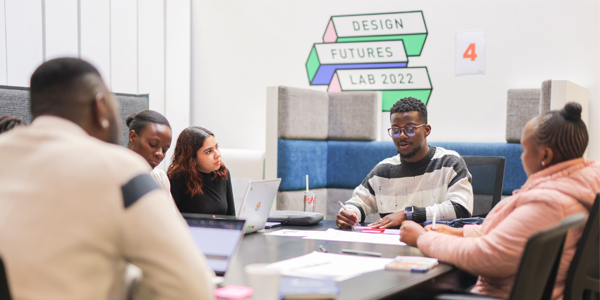
To grow their entrepreneurial spirit and skills, 70 postgraduate students attended the Pan-African Entrepreneurship Week during the winter break.

Wits researchers won in six out of 15 categories at the prestigious NSTF-South 32 Research Awards.
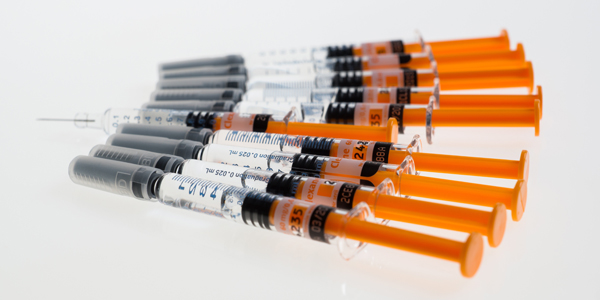
Novel way to map spread and evolution of pathogens, and their responses to vaccines and antibiotics, reveals how to help predict and prevent future outbreaks.
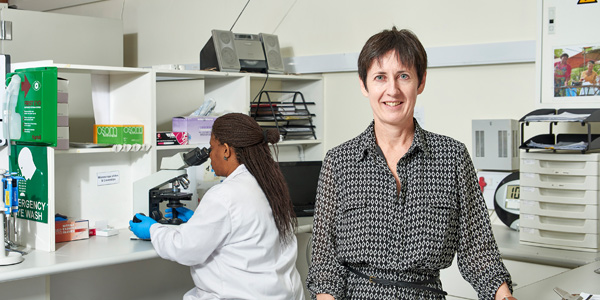
Sinéad Delany-Moretlwe is Professor of Global Health and Infectious Diseases and Research Director at Wits RHI.

Much needs to be done to improve governance of South Africa’s health system. Eight recommendations provide a guide to what needs to be prioritised.
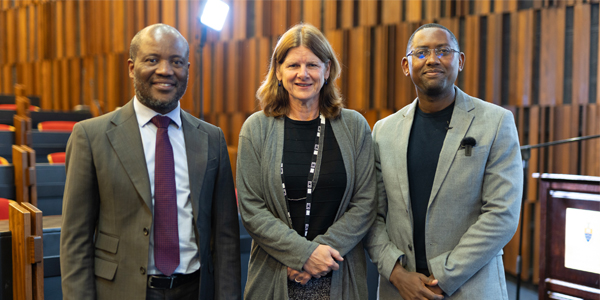
Dr Solomon Assefa, the former Vice President at IBM Research, delivered the inaugural Professor Barry Dwolatzky Memorial Lecture.
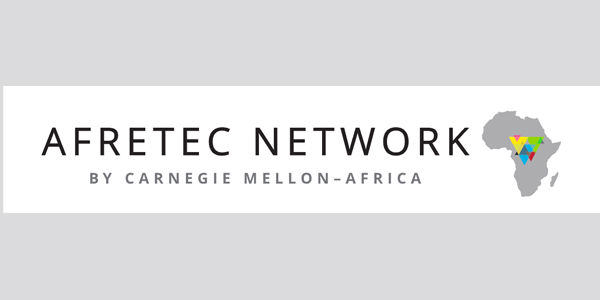
One of the grant recipient projects from Wits University will investigate the role of micro, small, and medium enterprises (MSMEs) in Sub-Saharan Africa.

The Academy of Science of South Africa released the report, "Achieving Good Governance and Management in the South African Health System" on 28 June 2024.
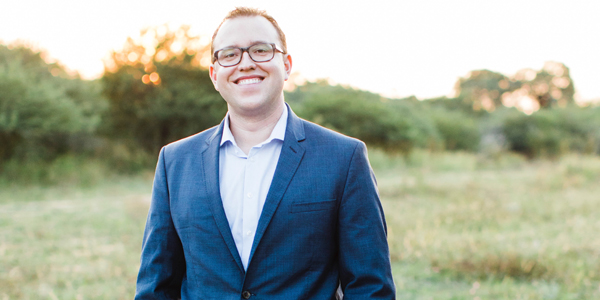
Wits Faculty of Health Sciences and Barrow Neurological Institute, USA, MoU cements relationship to further research neurological conditions

First HIV prevention trial in history to show zero HIV infections with an intervention.
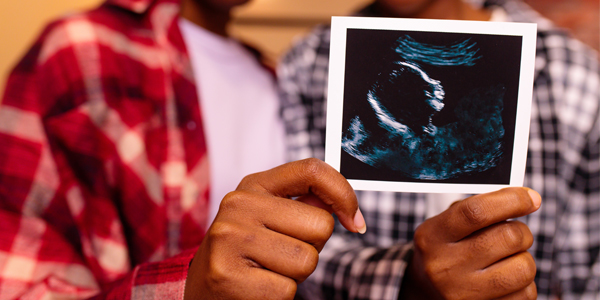
Research shows climate change carries greater risks for unborn babies than previously thought, including worsening health and wellbeing in later life.
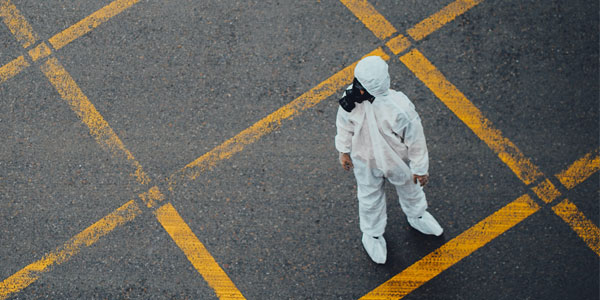
The 194 member states of the WHO are negotiating a pandemic accord, only the second health accord after the 2003 convention against tobacco.
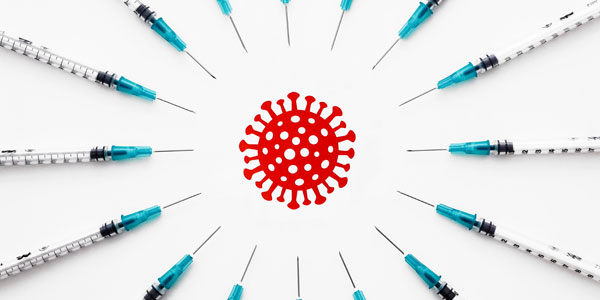
The human papillomavirus is the primary cause of cervical cancer – but not all infected individuals develop the disease.
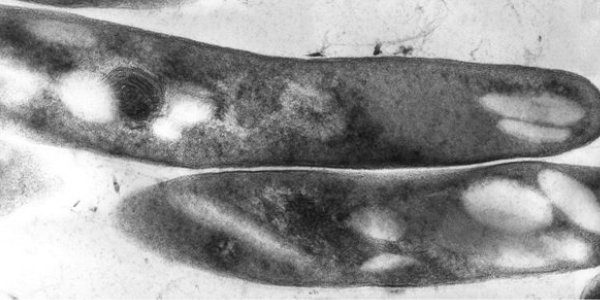
In a critical global public health development, a candidate vaccine for tuberculosis (TB) has been created using a gene-editing approach.
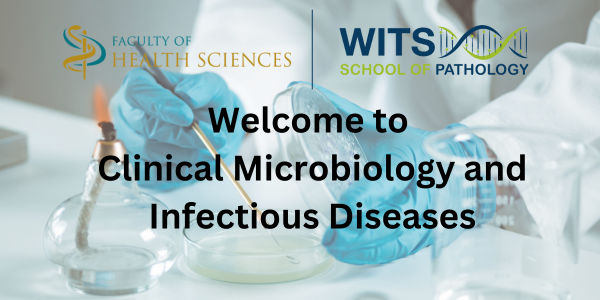
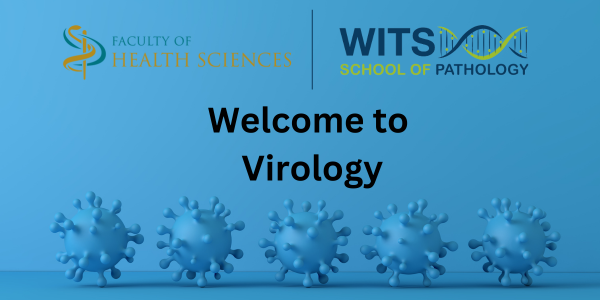
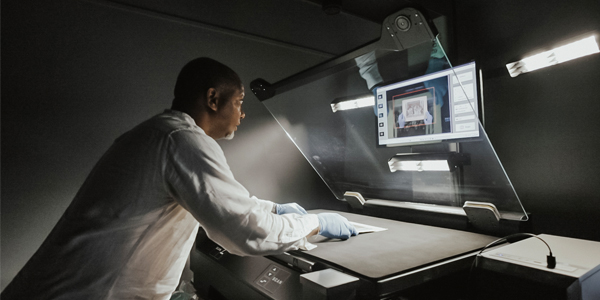
This addition marks a significant step forward in the ongoing efforts to preserve the University's vast archives and collections.

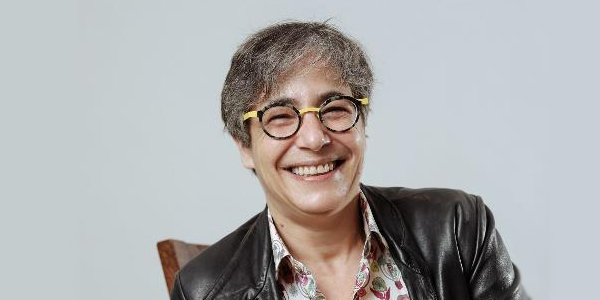
Natalie Zimmelman is a business leader dedicated to the development of skills, leadership, and professionalism.
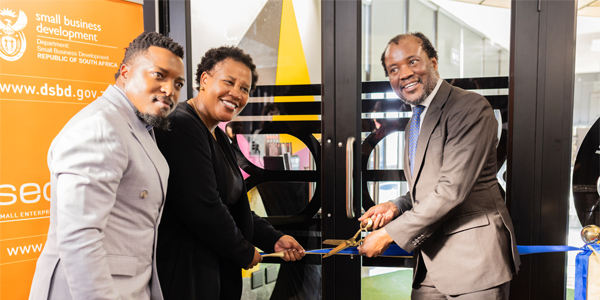
The E-Hub marks the beginning of a new era in fostering student-led innovation and entrepreneurship.
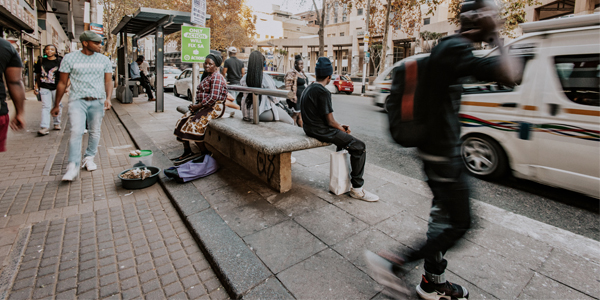
Constitutional expert, Professor Cathi Albertyn, answers your questions on the South African Constitution, the bedrock of South Africa’s democracy.
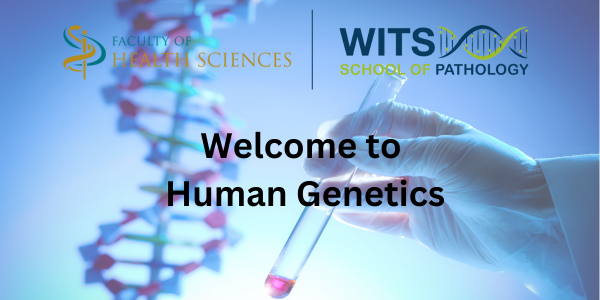
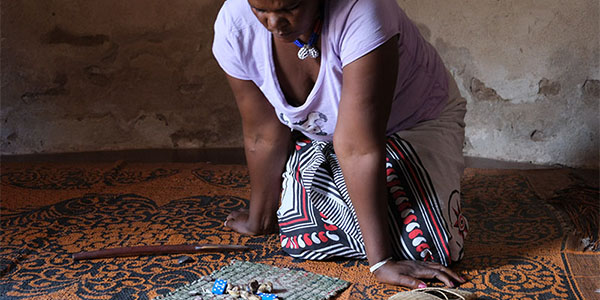
National Institutes of Health 5-year, $2.8m grant to Wits and Vanderbilt University will advance traditional health practitioner-initiated HIV testing.

This issue is very timely as South Africa celebrates 30 years of democracy, and heads to the polls again on 29 May 2024.
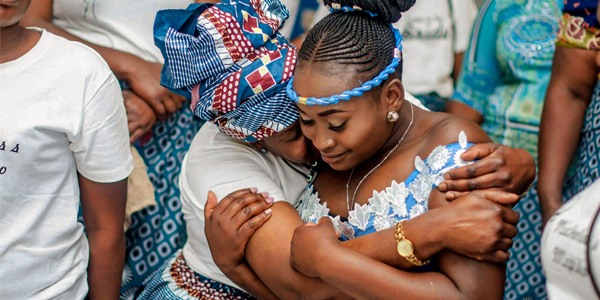
Traditional rituals and practices such as lobola and initiation are often misunderstood in democratic societies where they are viewed through a western lens.
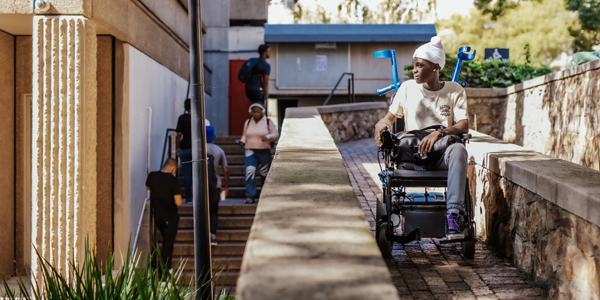
People with disabilities still experience barriers to the realisation of their rights. A new view on disability is required.
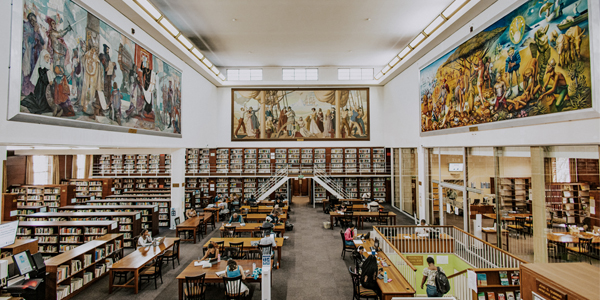
More than half of SA’s academic publications appear in Open Access sources, with Wits University embracing this trend.
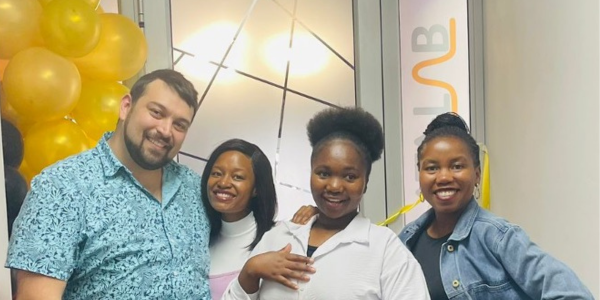

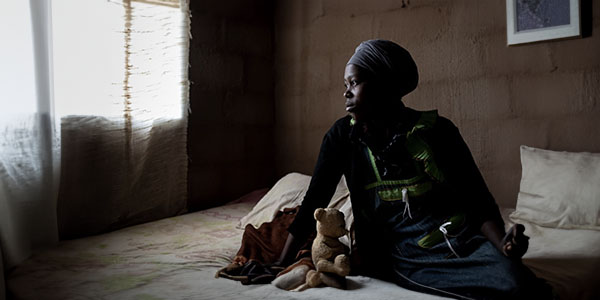
New grant will enable Child Health and Mortality Prevention Surveillance (CHAMPS) Network to leverage laboratory capacity and partnerships in Africa.
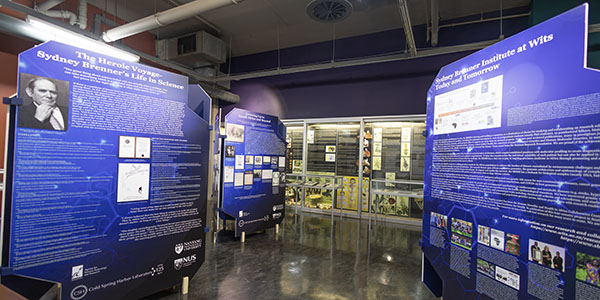
Exhibition celebrates the life and scientific journey of Nobel Laureate and alumnus Sydney Brenner.
.jpg)
Wits alumna Dr Shakira Choonara takes the reins as the head of the Action Coalition on Bodily Autonomy and Sexual and Reproductive Health and Rights.
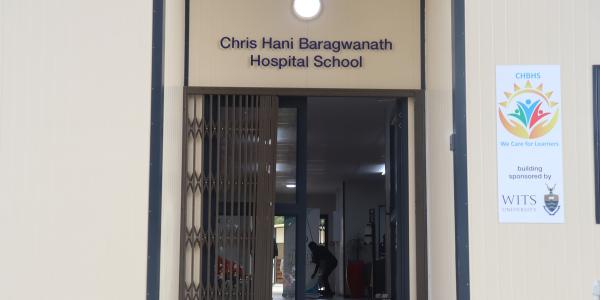
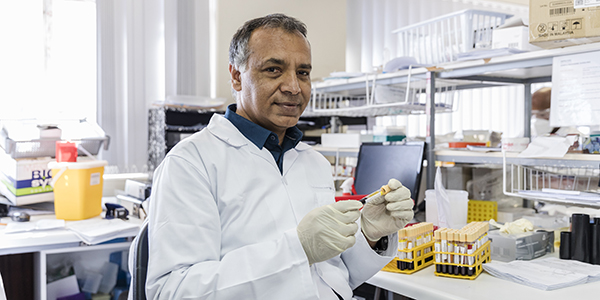
The Sabin Vaccine Institute presented the Albert B. Sabin Gold Medal to physician-researchers Keith Klugman and Shabir Madhi.
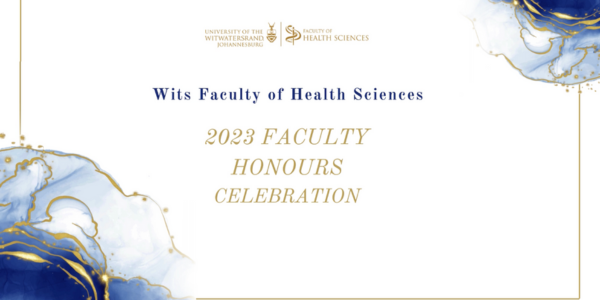
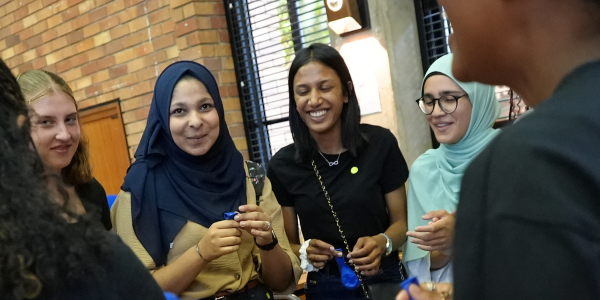
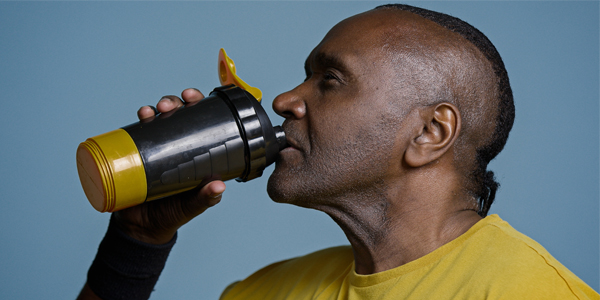
About 60% of the human body is made up of water. Excessive water loss can be fatal.

The University held its annual Postgraduate Orientation Programme from 4 – 6 March in the Great Hall and online.
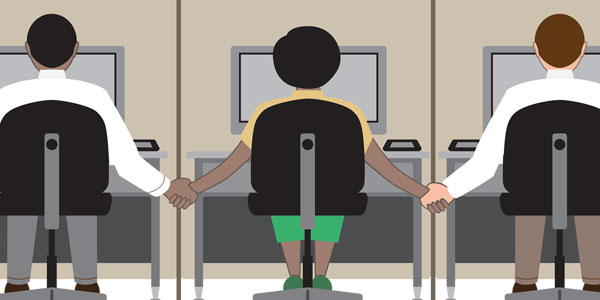
Office workers are sedentary for hours at a time. Our research looked at what they should do to stay healthy.
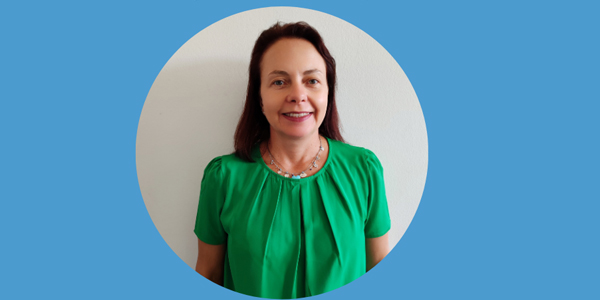
Professor Lee Fairlie from the Wits Reproductive Health and HIV Institute (Wits RHI) is a Co-National Principal Investigator of the trial.
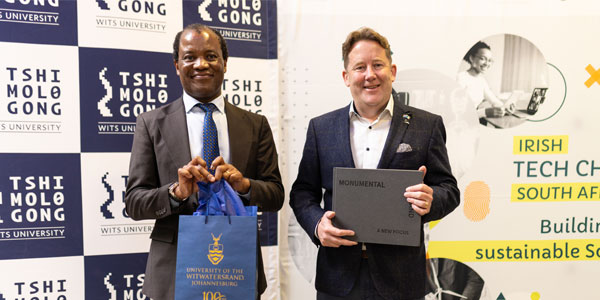
The Tech Challenge seeks to foster partnerships between South African and Irish startups.
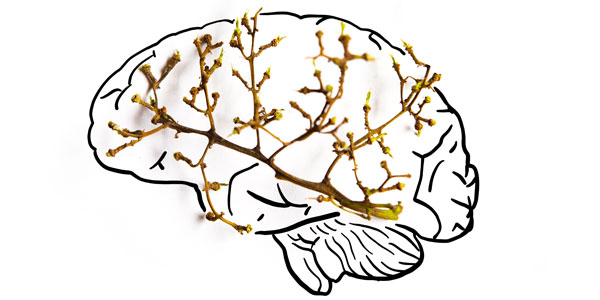
Sleep is as essential to our health as food and water. It is important to a number of brain functions, including how nerve cells communicate with each other.
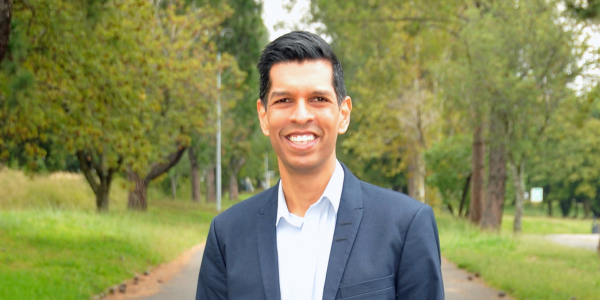
Professor Nelesh Govender in the Wits School of Pathology was elected as a fellow of the American Academy of Microbiology for 2024.

Water can make you ill for two reasons: it can contain chemicals or pathogenic organisms.
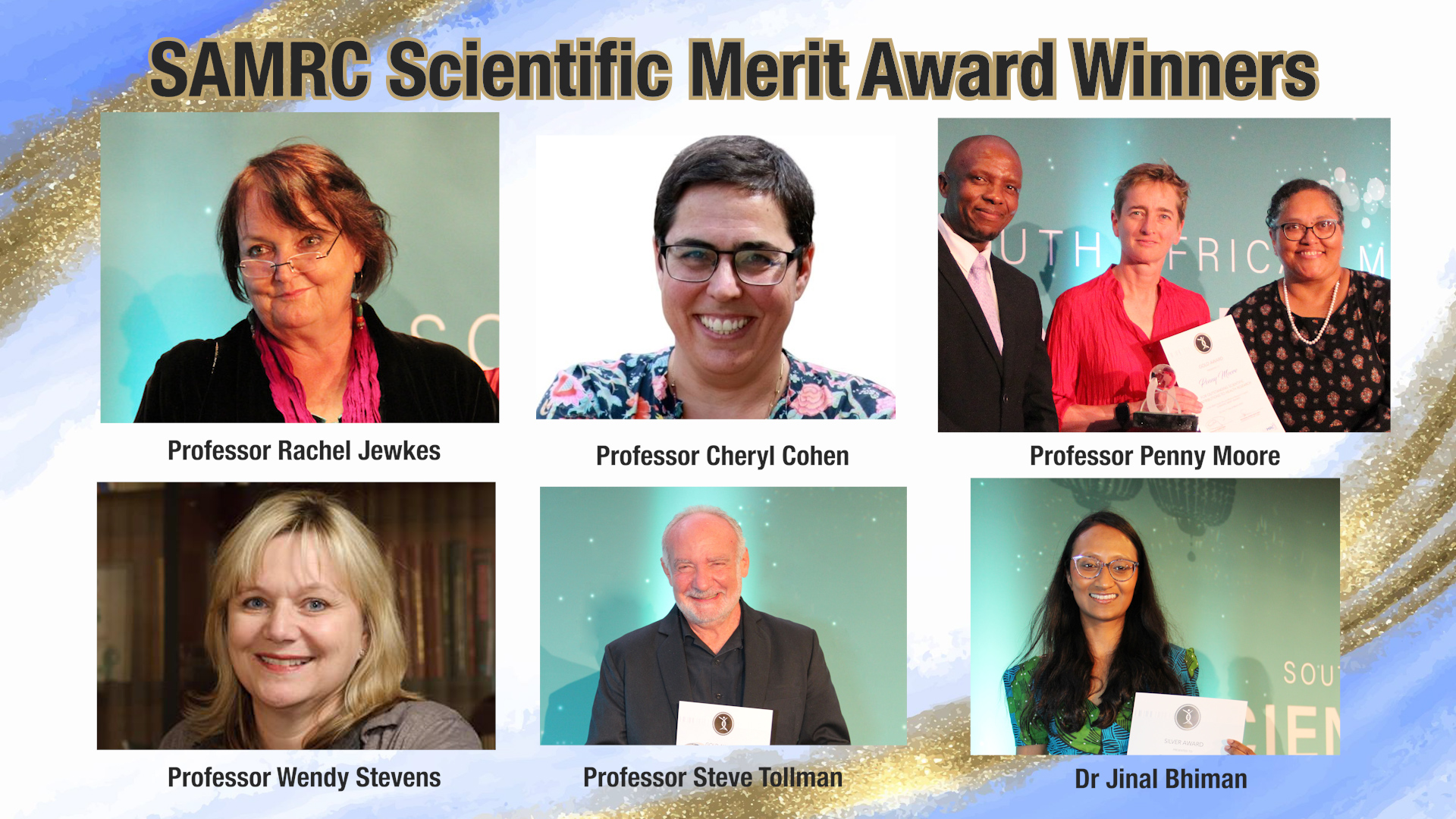
Medals for health scientists at South African Medical Research Council (SAMRC) Scientific Merit Awards.
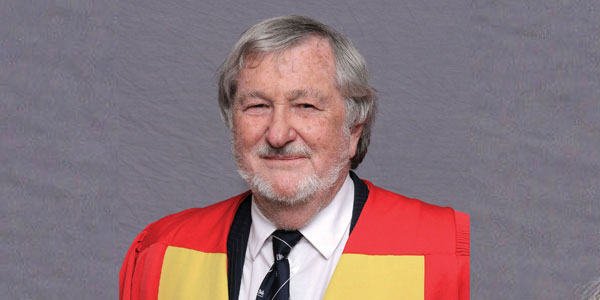
It is with great sadness that we learnt of the passing of Professor Edward (Eddie) Webster (82), who passed away yesterday after a short illness.
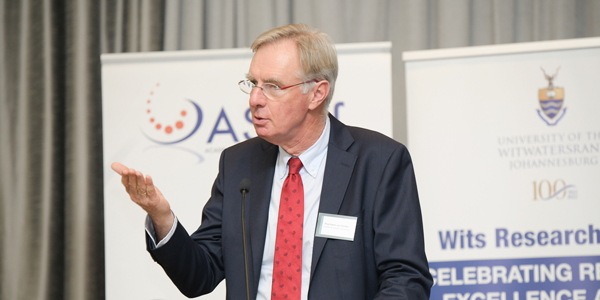
Medical ethics expert lectures on safeguarding research participants in line with Council of International Organizations of Medical Sciences (CIOMS) guidelines.

Financial links between corporations, like Nestlé, and health research invariably lead to conflicts of interest.
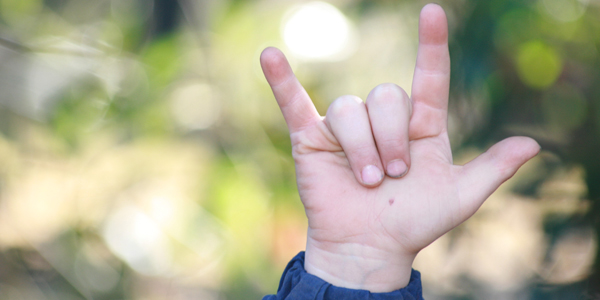
The mother tongue for millions of Deaf people in South Africa is SA Sign Language (SASL), which became the 12th official language on 19 July 2023.
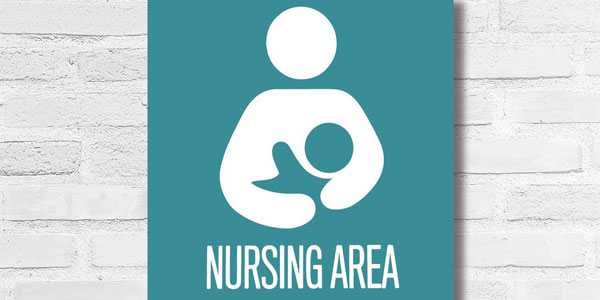
Healthy mothers mean healthy babies. Giving pregnant women cash grants could help prevent conditions such as stunting and save the state money in the long run.

The University received several queries pertaining to fees, funding, financial aid, and accommodation. Here are the many ways Wits assists students.

2023 will be remembered as the year that artificial intelligence (AI) – or, more specifically, large language models (LLMs), like ChatGPT – changed the world.
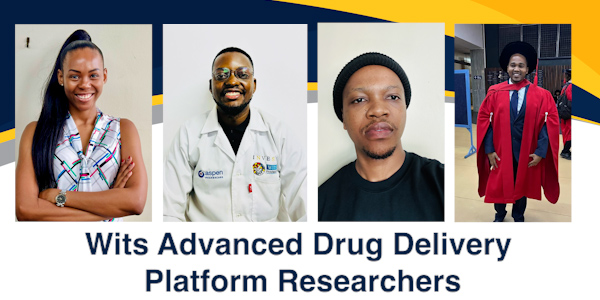
Wits Advanced Drug Delivery Platform (WADDP) enables international research opportunities for its postgrads, postdocs, and early career researchers.
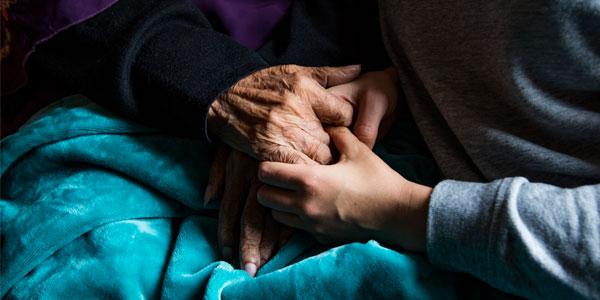
Nearly half of South Africa’s 60 million people receive social grants. SA study shows they improve cognitive health among the elderly.
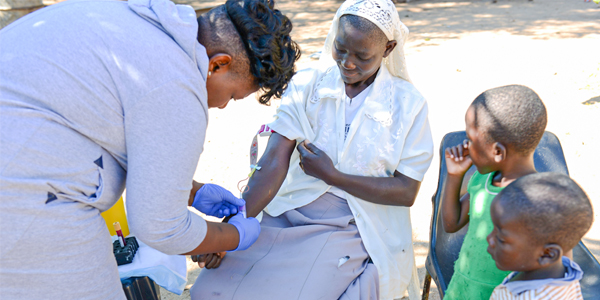
Agincourt covers some 31 villages and 120,000 people, and is one of the longest-running research centres of its kind in sub-Saharan Africa.
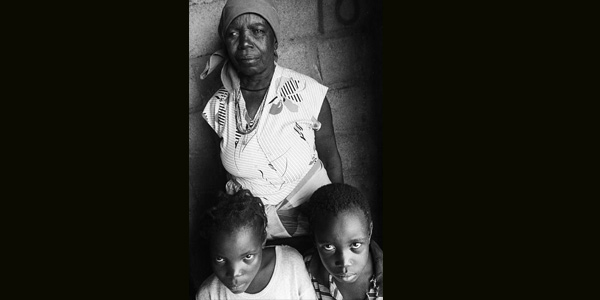
A ‘whole of society’ approach is needed to address health issues as populations in Africa age.
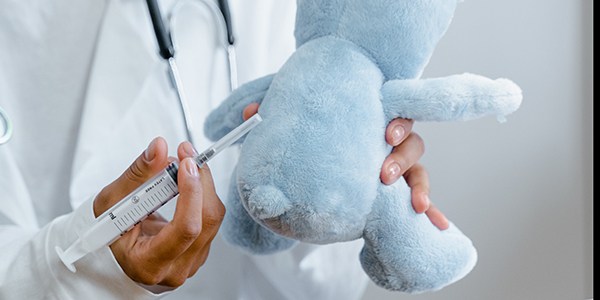
Two new African-European research collaborations tackle severe infections in neonates and children.

The African Fellowships programme advances South-North research collaboration to find solutions to global challenges.
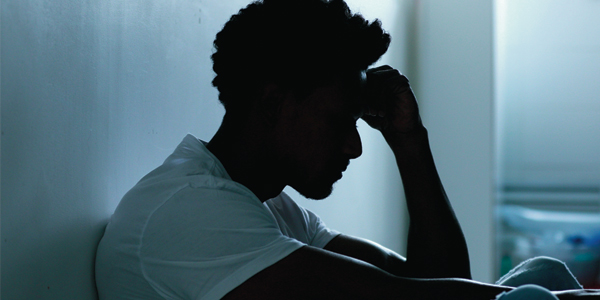
The emerging role of ketamine in treating mental health issues is a promising development that could bring relief to those who have long suffered in silence.

8 Postdoc Fellows join Wits to boost research on the intersecting themes of climate change, just transition, sustainability, and inequality.
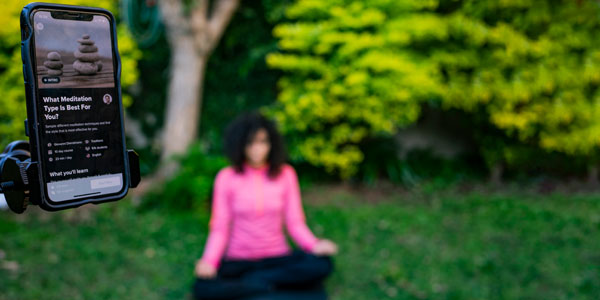
In a world fraught with anxiety, stress, and environmental and humanitarian disasters, people are looking for ways to cope.
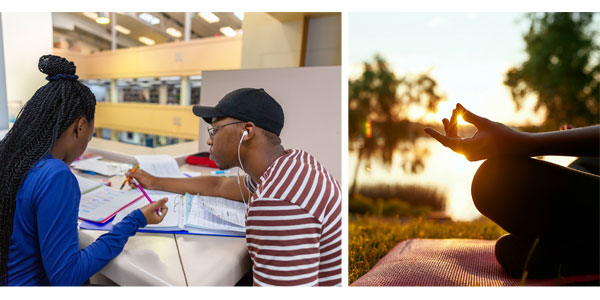
Q&A: Academic stress and pressure can lead students to use unhealthy choices such as medication cocktails, energy drinks and supplements.

Cybercriminals don’t take breaks. Even seasoned internet users fall prey to these scams. Here are seven safety tips from a cybersecurity expert.

In this issue, we highlight the diversity, scope, and multi-dimensional nature of drug-related research at Wits University.
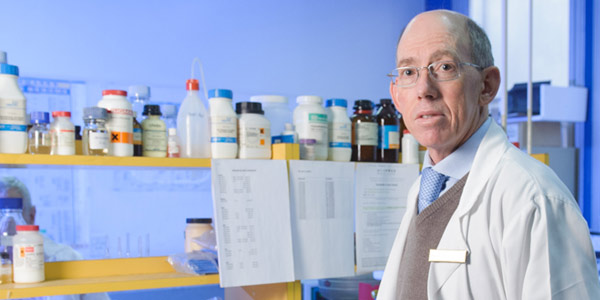
Distinguished Professor Derick Raal has for the fourth time been named as a Highly Cited Researcher™ globally.
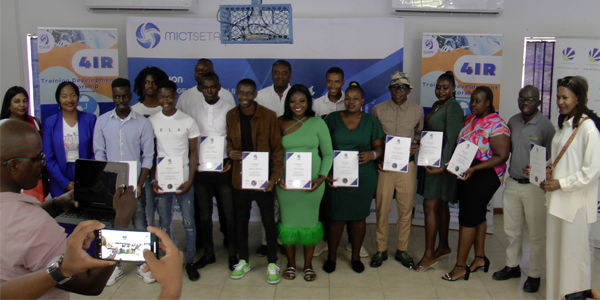
Certificates of Completion in Artificial Intelligence and Machine Learning for first cohort of candidates.

Professor Zeblon Vilakazi, Vice-Chancellor and Principal, extends thanks to Witsies for their service and sends wishes of goodwill for the holidays.
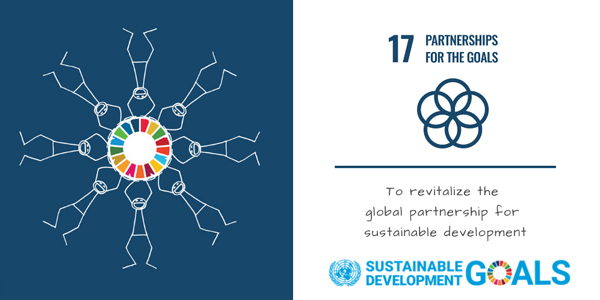
While polarisation has emerged as a defining characteristic of our age, ‘good’ ethics can navigate differences to tackle shared challenges.
.jpg)
Honorary doctorate for global health scientist recognises his contribution to reducing infant mortality globally.
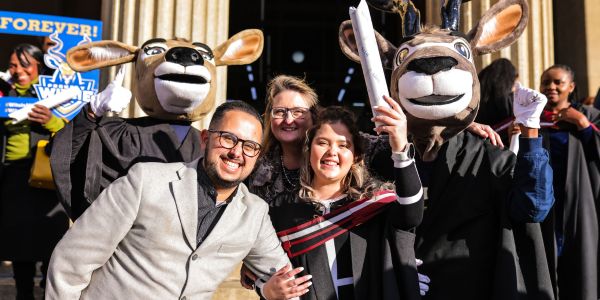
Professsor Keith Klugman honoured for his work in preventing infectious diseases and a Gold Medal is awarded to a champion in heritage preservation.
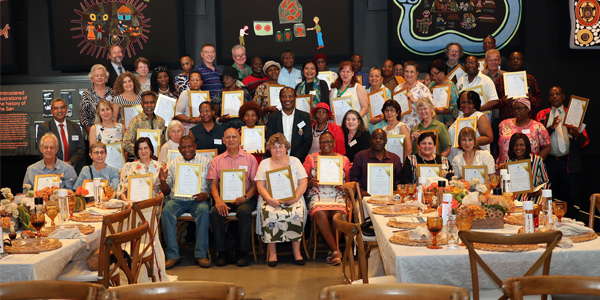
Wits bids farewell to 87 retirees who have served the University well for decades.
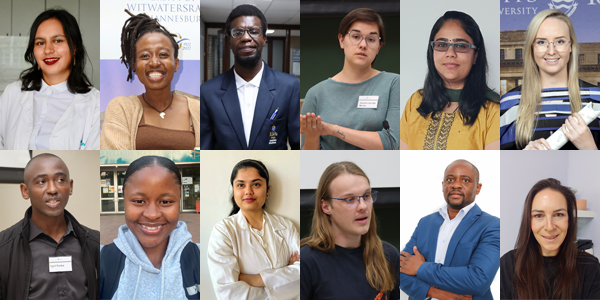
Masters students and PhD fellows showcase quality research at the annual Cross-Faculty Postgraduate Symposium.
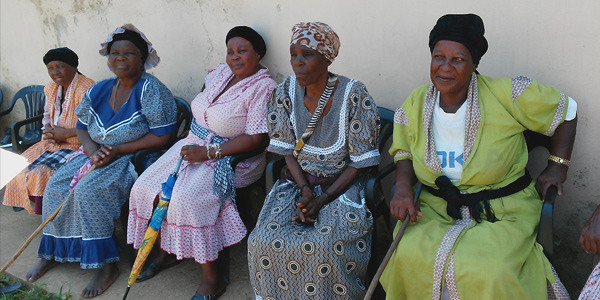
Decade-long partnership researching ageing in rural Mpumalanga awarded major multi-year NIH grant to expand nationally and focus on dementia, cognitive health.
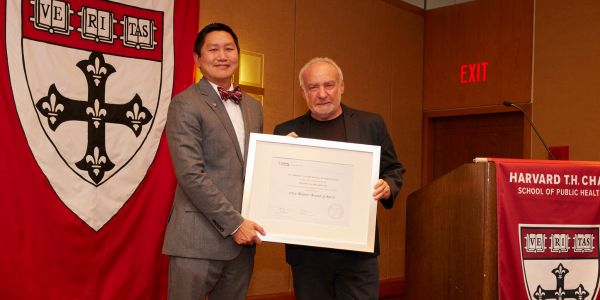
Professor Stephen Tollman has received the 2023 Alumni Award of Merit from Harvard University.
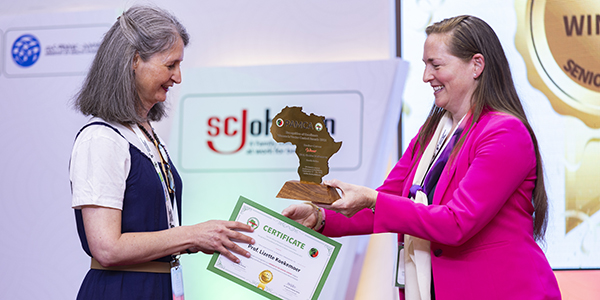
Professor Lizette Koekemoer has won the Women in Vector Control (WiVC) Excellence Award in the Senior Career category.
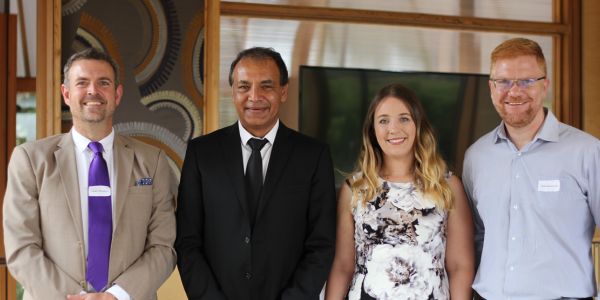
Medals for established and emerging researchers, eminent scholars inducted as Fellows.

Academy of Science of South Africa (ASSAf) awards Gold Medal to world-renowned HIV expert and inaugurates 15 Wits scholars as new members.

Wits University scholars have secured funding as a network partner of the African Engineering and Technology Network (Afretec).
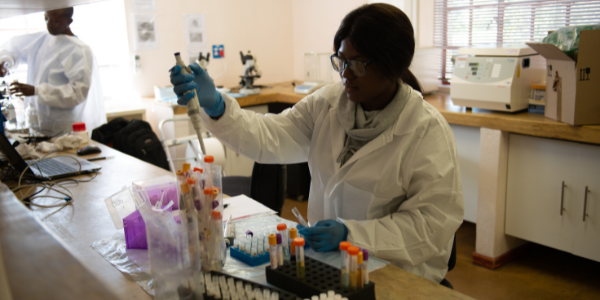
Breaking barriers to intracontinental mobility is paramount and the continent must engage in closer collaboration, placing science at the forefront.

The Restonic Ezintsha Sleep Clinic will pioneer South African sleep research and treat sleep disorders.

Diabetes affects about 12% of South Africa’s adult population. Hiking the sugar tax would help.

Professor Shabir Madhi has been appointed as an honorary Commander of the Most Excellent Order of the British Empire (CBE) by King Charles III.

Higher education leaders from across the continent recently convened for the second Pan-African network's annual conference in Nairobi, Kenya.
.png)
An Initiative Bridging Awareness, Support, and Advancements in Paediatric Liver Disease Management

Epic parade and student-inspired music festival painted Braamfontein blue and gold as Wits enters its second century.
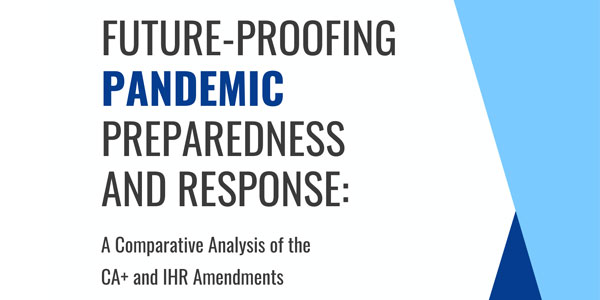
Comparative analysis of the Pandemic accord and amendments to the International Health Regulations texts.
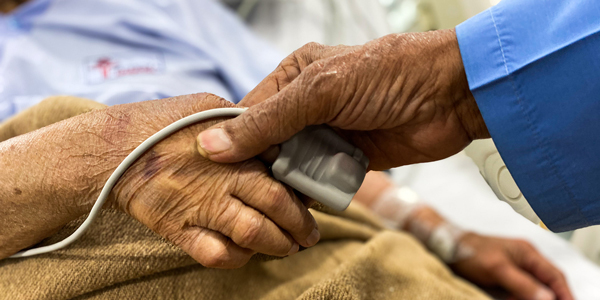
Cancer patients in Soweto give more clues on how spiritual leaders can assist them to find peace amidst a difficult journey.
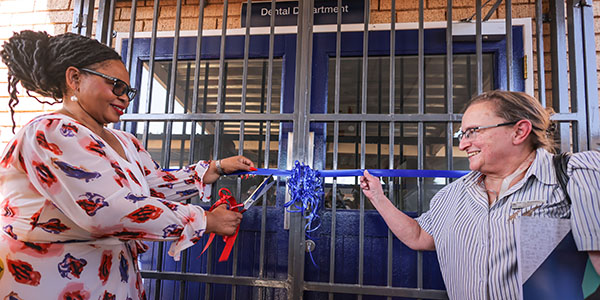
The Zola Wits Dental Clinic is a refurbished and re-equipped 15-chair, state-of the-art facility for community-based training and clinical services in Zola.
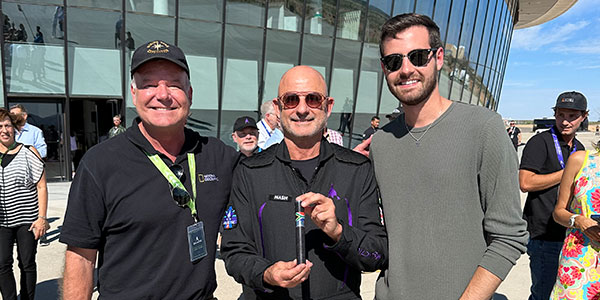
Fossils from Homo naledi and Australopithecus sediba become the oldest astronauts to travel to space, flying on Virgin Galactic's spaceship VSS Unity.
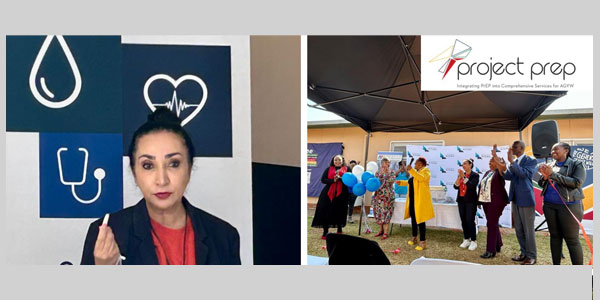
The study will generate real-world data on integrating a new PrEP method, the Dapi-ring, to protect women against sexual transmission of HIV.
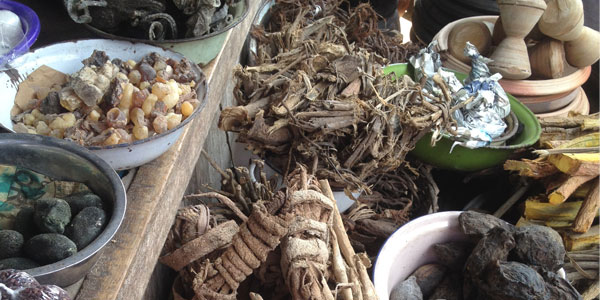
Using centuries of indigenous knowledge along with modern healthcare could benefit more people.
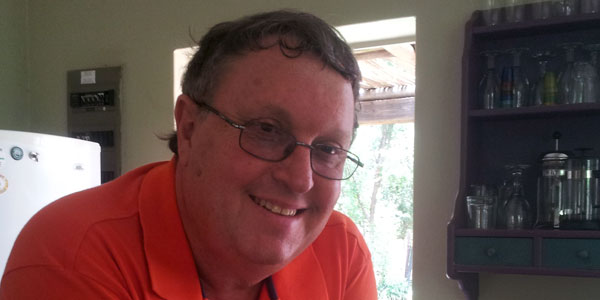
Emeritus Professor Paul Ruff was appointed Chairperson of the Wits Human Research Ethics Committee (HREC): Medical, effective 1 August 2023.
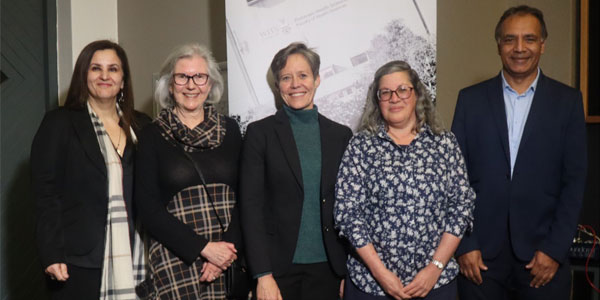
African populations are the most genetically diverse in the world, with thousands of different ethnolinguistic groups across the continent.
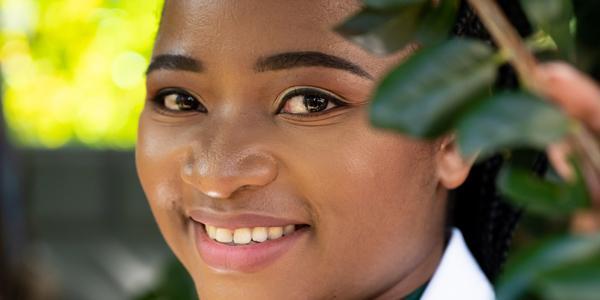
Dr Mulai Slave says the trailblaizing women around her made it possible to imagine working as a specialist in anaesthesiology.
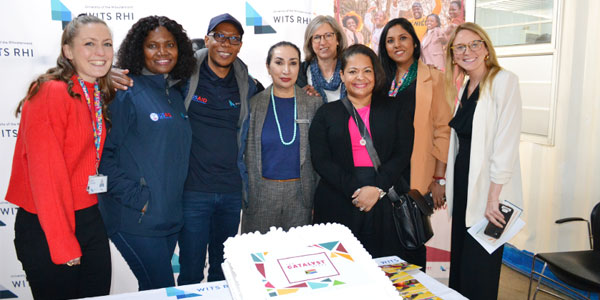
A new study has been launched that will harness real-world data to maximise the impact of PreP products on reducing HIV infections.
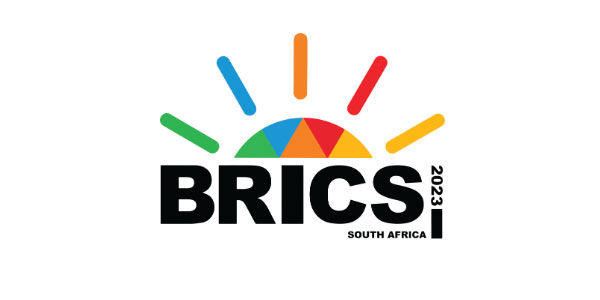
No commitment yet to tackle the ‘commercial determinants’ of noncommunicable disease pandemics.

Wits Advanced Drug Delivery Platform use the national science fair to interact with future generation of scientists, healthcare professionals, and innovators.
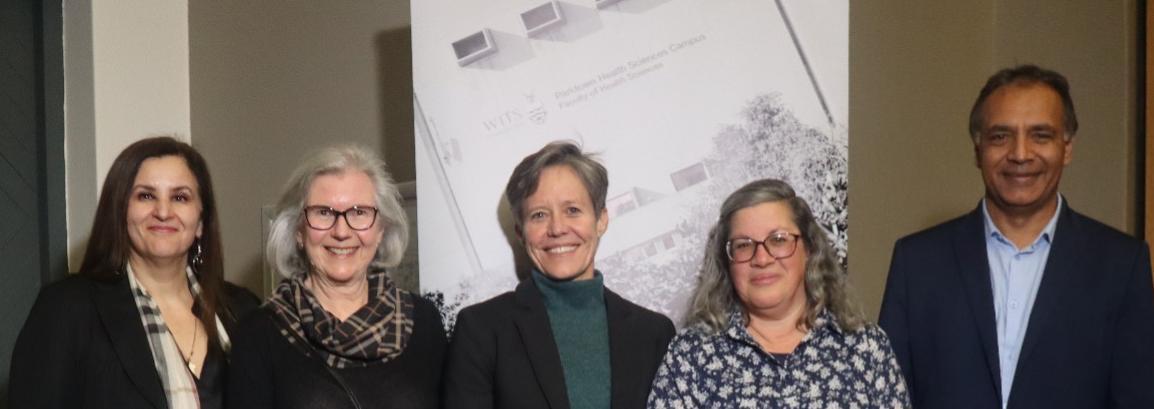
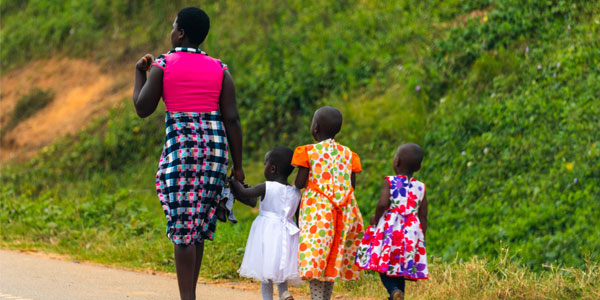
South African women: violence, health and money issues among 5 biggest obstacles that stand in their way.

The increased availability and consumption of unhealthy food have contributed to poor health outcomes, and warning labels on unhealthy foods help change that.
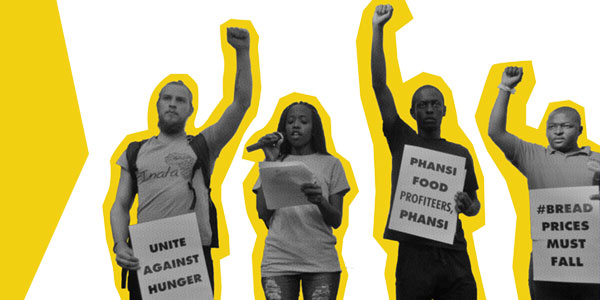
Failing to understand what communities consider important greatly diminishes the responsiveness of policies to the actual needs of individuals.
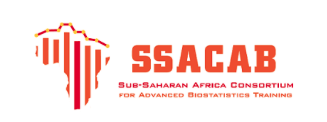
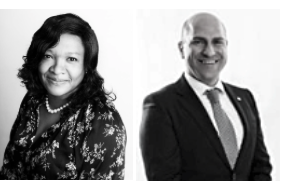
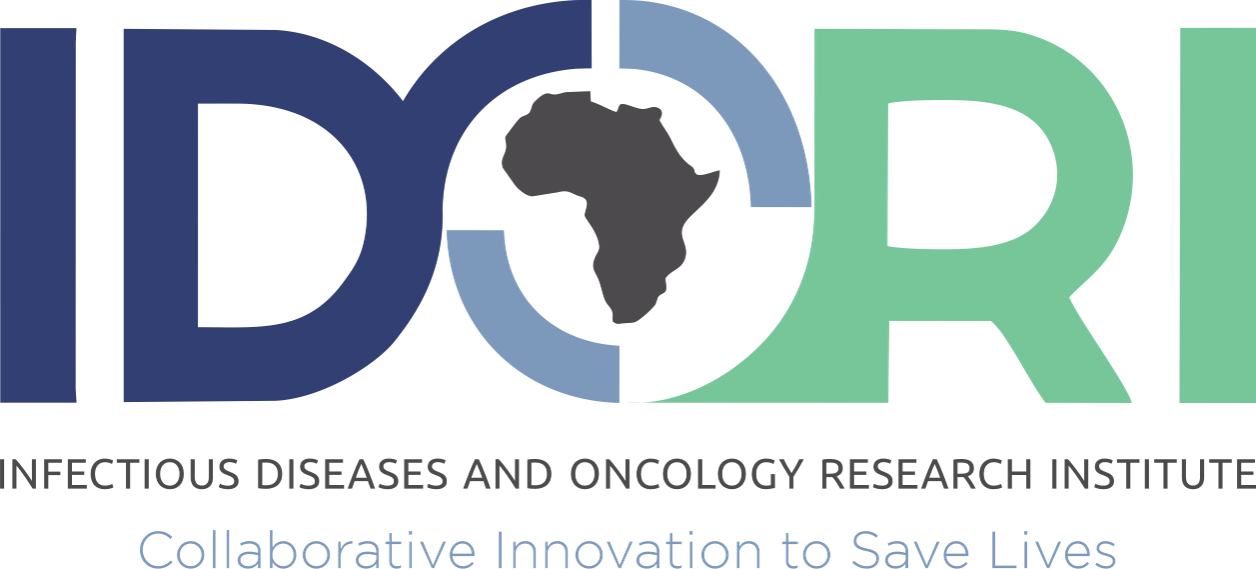
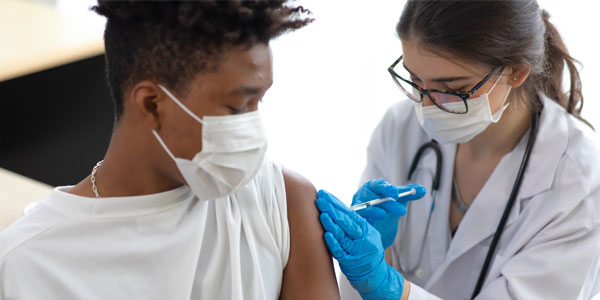
Vaccines remain the most effective method available to prevent flu, especially severe flu illness.
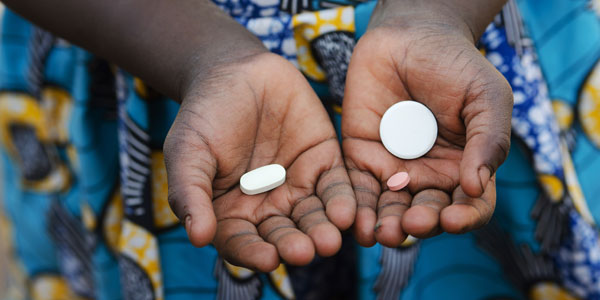
The vulnerability of migrants was highlighted during the COVID-19 pandemic when restrictions affected people’s ability to travel to access treatment.
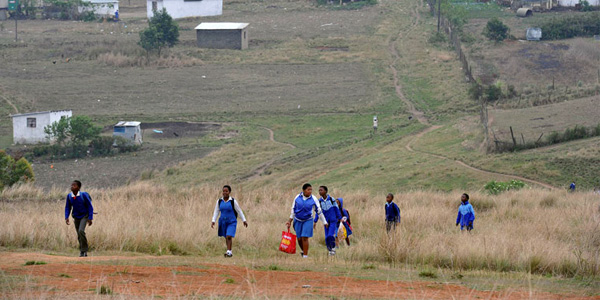
Current research largely excludes 16% of the world population as Africa contributes less than 1% of research worldwide on the movement behaviours of children.
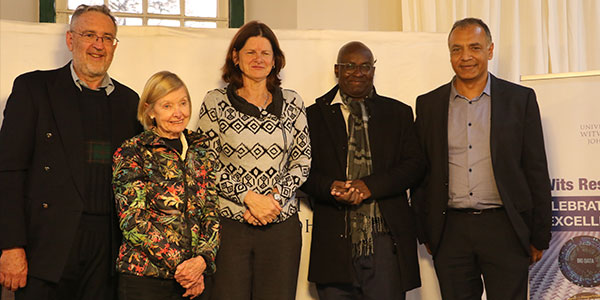
Researchers from all over Wits have been rewarded for their excellence at a Wits ceremony.
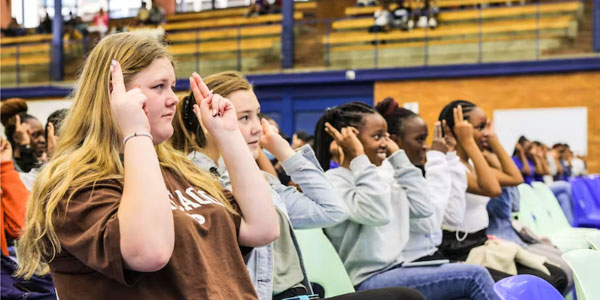
Here is how this will help Deaf people to finally have an opportunity to be properly educated in a language they understand.
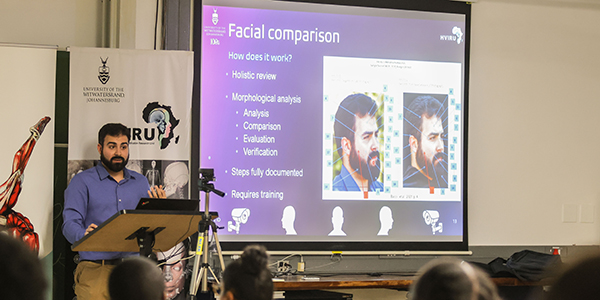
Enhanced human verification techniques and practices will always be required to ensure accuracy and ward off inherent biases.
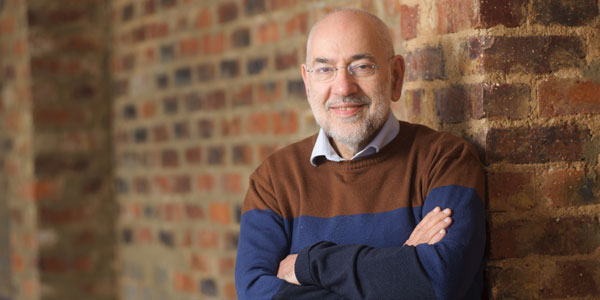
Many speak fondly of how Professor Barry Dwolatzky took them into a derelict disco and enthusiastically explained the tech co-working space he envisioned there.
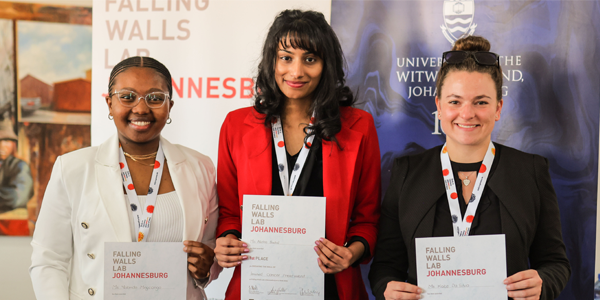
Two Wits students were ranked top in the Falling Walls Lab competition that also saw Nelson Mandela University feature in the top three.

Wits' research magazine focuses on how our researchers are powering up their creativity and expertise to find sustainable energy solutions.

Editorial: Energy cannot be created or destroyed, but for South Africans it feels like we are upending this fundamental law of physics.

SA’s could create a new model for many countries facing power shortages but it could also lead to more muddling in the dark.

From Star Wars to hot curry to Einstein – we’ve got you covered.
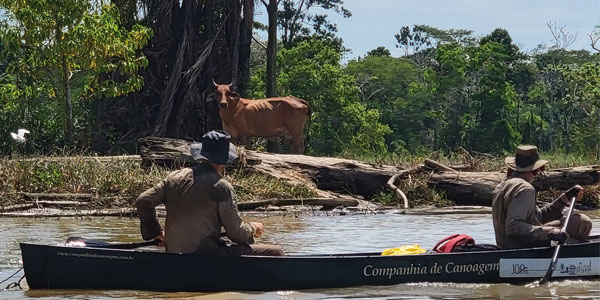
A tree is not just a tree. It is also fuel, paper, furniture, livelihood, and industry.
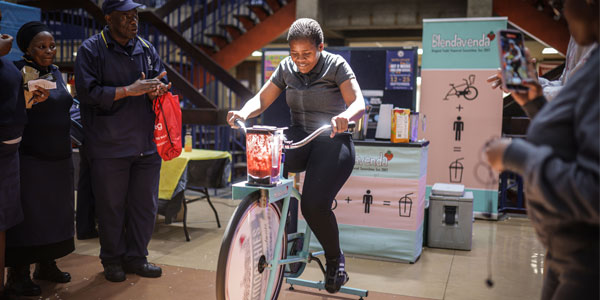
How does the body convert food to fuel? How much do we need? And will running really help with weight loss?
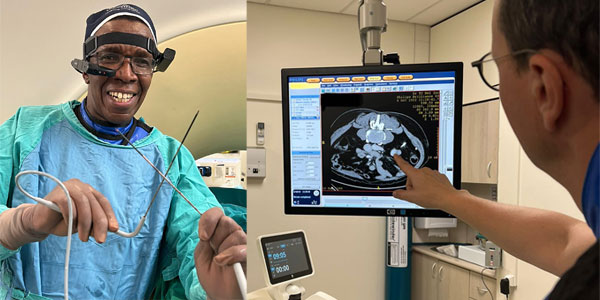
Freeze, fry, microwave, or obliterated – treating early cancer which can progress to advanced life-threatening cancer with cryoablation.
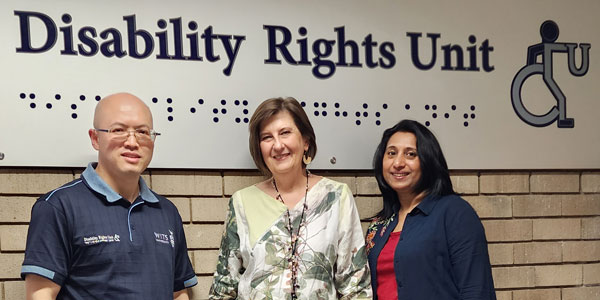
The implementation of universal design and access could improve the lives of people living with disabilities.

Lightning research will answer several questions about this lesser-known force of nature.
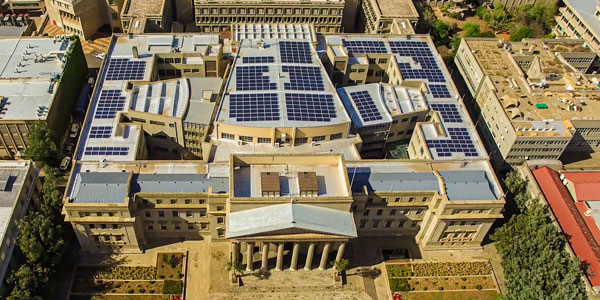
Cutting greenhouse gas emissions to almost zero is the next big thing on the global agenda, but academics agree it’s not feasible in the medium term on campus.

Continued extreme heat exposure is affecting the health of vulnerable groups in communities.
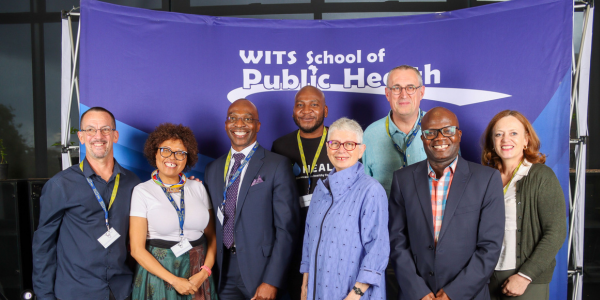
Over 300 people - virtual and in person - attended the launch of the ground-breaking Lancet series on the commercial determinants of health.

South Africa has lost an innovator, a strategist, a humanitarian, and a much-loved Professor who dedicated over 50 years of his life to Wits.
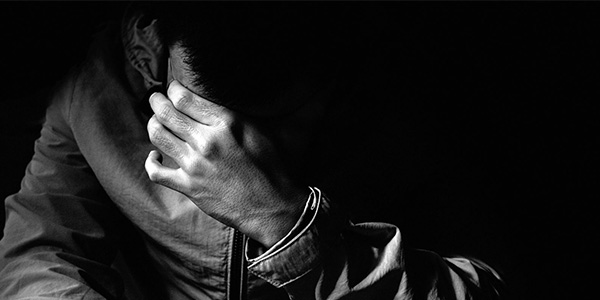
Probable depression was associated with socio-demographic factors such as economic status, and modifiable behavioural factors such as substance use.
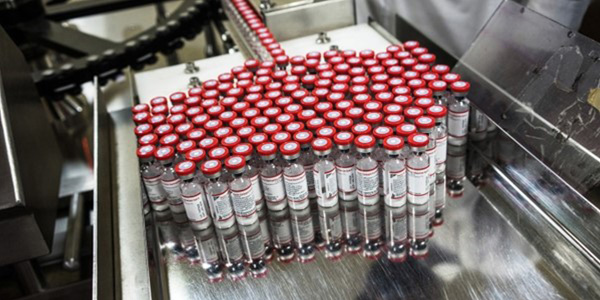
VacTask is an independent advisory entity formed to support SA as a ‘front runner’ for the Africa CDC's Partnership for African Vaccine Manufacturing.

The Wits Brian and Dorothy Zylstra Sports Complex is an integrated facility for training, research, and clinical practice.
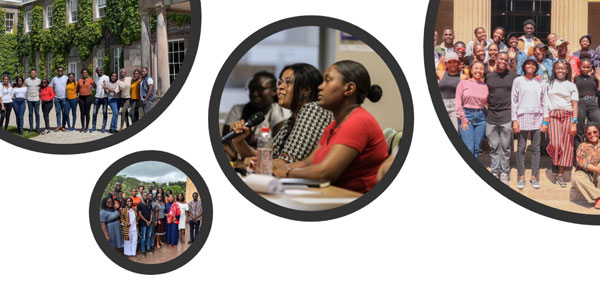
Call for Applications for the WESAF Programme now open.

The continent is currently the only major world region that does not have any significant domestic vaccine manufacturing capacity.
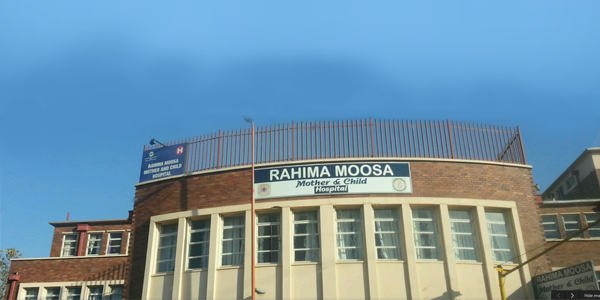
Prof. Laetitia Rispel has been researching health policy and systems for over 20 years. She asked Prof. Joe Veriava about the Health Ombudsman's report.
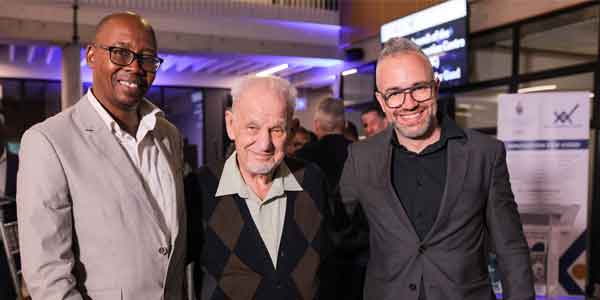
The WIC will harness the creativity and ingenuity of the University’s rich, diverse community of innovators to solve complex, real-world problems.
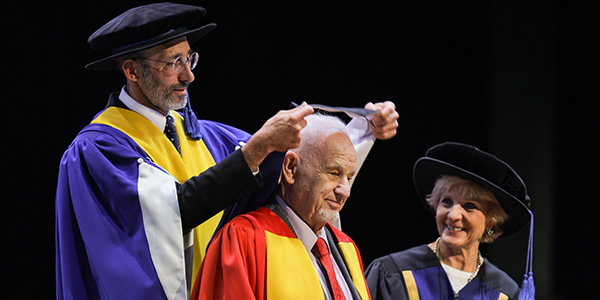
Wits University awarded Dr David Fine an honorary degree at the Faculty of Science graduation ceremony on 17 April 2023.
The first Biomedical Innovation and Entrepreneurship Training Course sparks a new era for #WitsInnovation.

Does immunising a woman during pregnancy protect her unborn baby against respiratory syncytial virus (RSV) in the months after it is born?
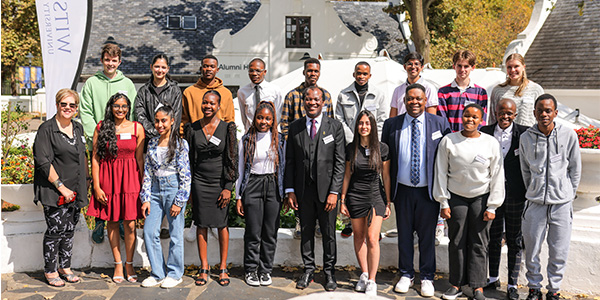
Outstanding matriculants, now Wits students receive Vice-Chancellor’s Scholarship Awards, which covers full tuition fees.

A recent groundbreaking series of reports in The Lancet journal unpacks what commercial determinants of health are and how they affect public health.
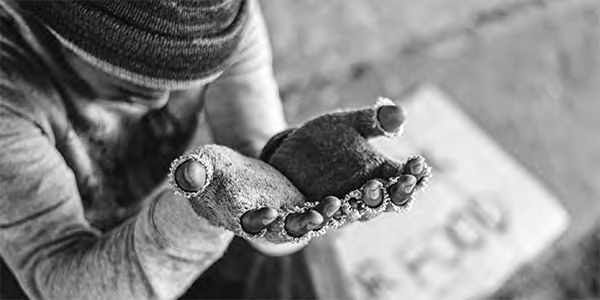
At least ten million South Africans didn’t have enough food or money to buy food in 2019, according to the country’s statistics agency.

Over many decades, our food environments have been encouraging us to make choices that are harmful to our health, through pricing, marketing and availability.
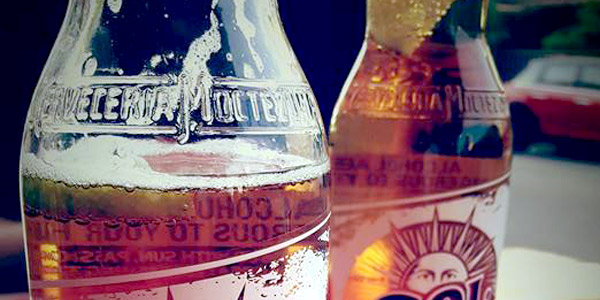
The 3-paper Series launching at Wits today is a ground-breaking exposé of the products and practices collectively called the commercial determinants of health.
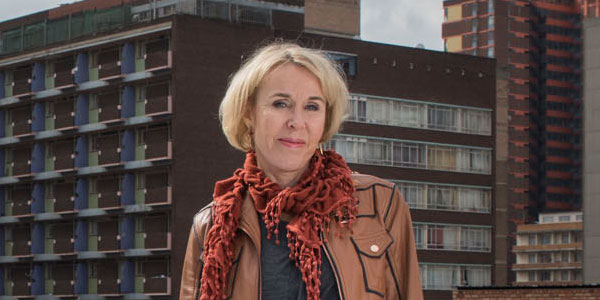
Professor Helen Rees, Executive Director of Wits RHI, will on Friday, 31 March 2023 receive an honorary degree from Rhodes University.

It’s commonly known that alcohol and tobacco use make us ill. Less known is that just 4 industries account for at least one-third of global preventable deaths.
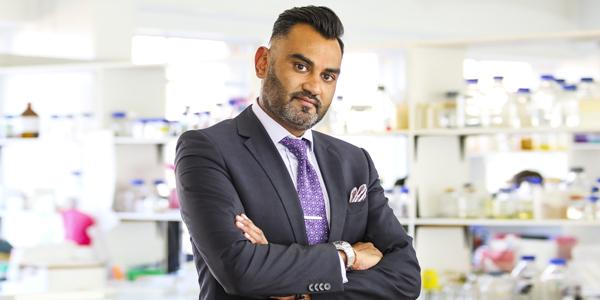
It's World TB Day and award-winning microbiologist Bavesh Kana knows molecular diagnostics can take on this lethal bacterial disease that still kills millions.
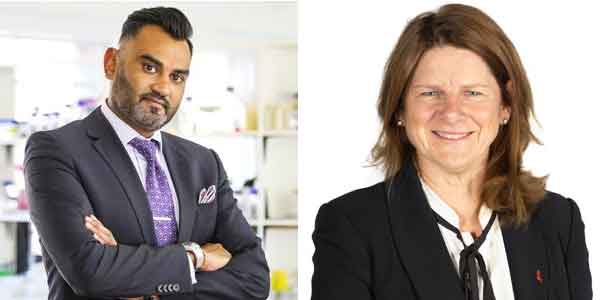
Professor Lynn Morris and Professor Bavesh Kana will advise government on how to harness and grow innovation.

17 March is World Sleep Day and sleep is the third pillar of good health after a healthy diet and exercise.
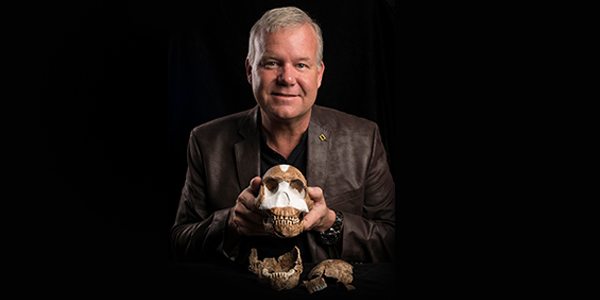
Professor Lee Berger appointed as National Geographic Explorer in Residence, but will remain at Wits as an Honorary Professor.
Management welcomes the proposal to enter a mediation process as soon as possible and has communicated as such with the SRC.
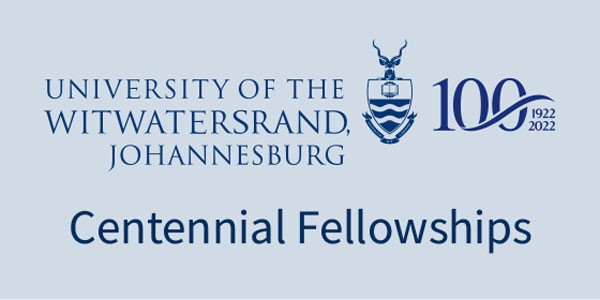
The University has invested R9-million in postdoctoral fellowships to advance its innovation and internationalisation strategies and its research agenda.

The 3rd International Summit on Human Genome Editing took place in the UK in March. Wits Professor of Genetics Michèle Ramsay was on the organising committee.
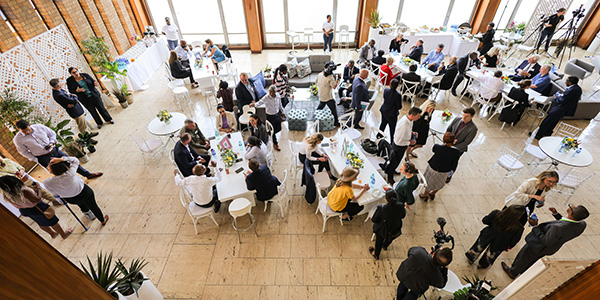
The Wits Reproductive Health and HIV Institute hosted a US Congress Delegation to mark the programme’s two decades of HIV/Aids relief.
STATEMENT: Wits addresses some of the misinformation being shared by some protestors with students.
.jpg)
Several Witsies contributed to a book that provides a first-hand account of public health progress and challenges in SA between 2015 and 2020.
The Vice-Chancellor and Principal and members of management met with the current members of the Students’ Representative Council yesterday.

Adverse childhood experiences are associated with an increased risk of mental health problems in adulthood.
.jpg)
Wits Rural Knowledge Hub researchers’ analysis of mortality data during the worst of Covid-19 will give insights into the steps to take in the next pandemic.
We refer to Mr Aphiwe Mnyamana's tweet posted at 20:31 tonight and confirm that Mr Mnyamana was suspended on 6 March 2023.
We extend our deep appreciation to all staff and students for seamlessly pivoting to blended teaching and learning today.

South Africa holds the dishonourable title of most unequal country in the world, and Africa’s largest carbon emitter.
We will continue with teaching and learning in a blended learning mode
The Senior Executive Team met on Sunday, 05 March 2023 to consider the demands put forward by the SRC.
.jpg)
Pharmaceuticals could be manufactured and sold at reasonable profit, far below the current eye-watering prices, according to a paper in the journal Obesity.
Wits issues multiple suspension orders to disruptors who transgressed the University’s rules. All university activities will continue as scheduled on Friday.
The University remains open and the academic programme continues as scheduled.
Entry key and exit points are being managed to ensure your safe entry, and officers will be stationed at key lecture theatres to ensure classes continue.

To ensure adequate food, one in five South African households revealed that they had to send someone to beg for food.
The University is committed to ensuring that staff and students are safe. The academic programme will continue as scheduled.
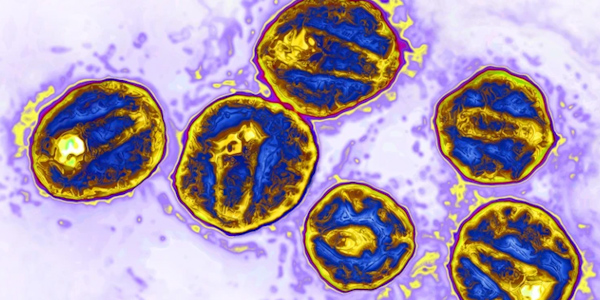
An international group of researchers including Wits scientists have identified a third case of HIV infection cured by stem cell transplantation.
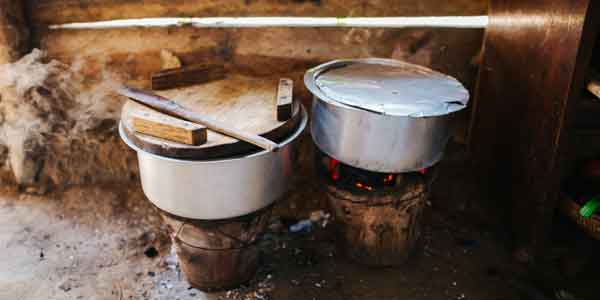
Social grants are the largest source of support for many vulnerable groups, and the government’s primary response to poverty, food insecurity and inequality.
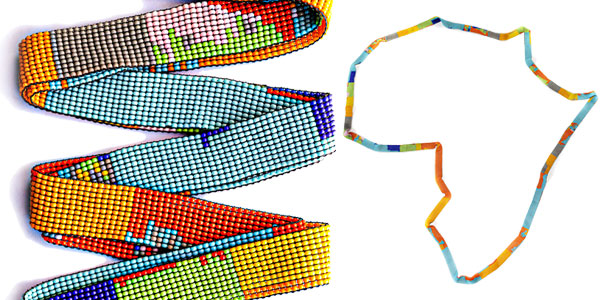
South Africa will host the 14th International Congress of Human Genetics (ICHG 2023) themed 'Coming Home' from 22 to 26 February 2023.
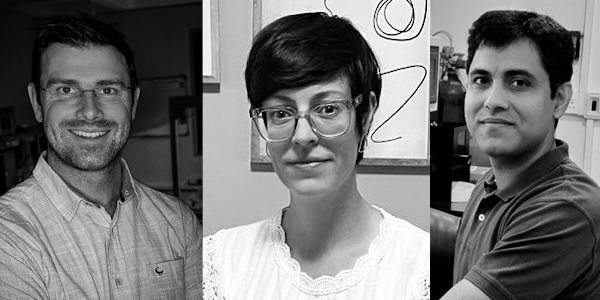
The University awarded the prestigious Friedel Sellschop fellowship award to Dr Mitchell Cox, Dr Eloise van der Merwe, and Dr Abhishek Pandey.
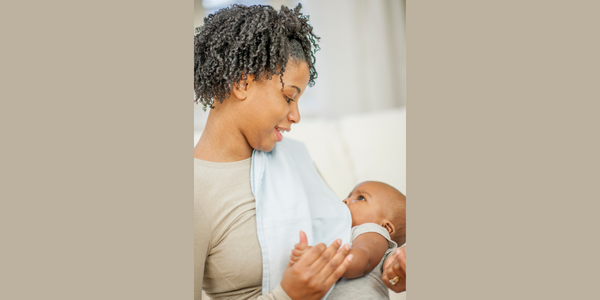
Baby formula companies use nefarious and exploitative methods to create an artificial demand for their products, thereby undermining breastfeeding.

Dr Adam Pantanowitz has been appointed as Chair in Innovation and Director of the WIC, and Letlotlo Phohole as Senior Programme Manager.
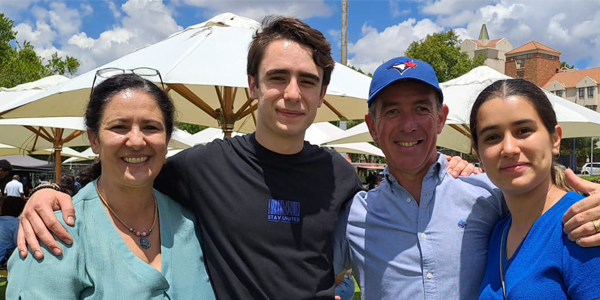
Energy, joy and commitment at an all-time-high as first-year students join the Wits family.
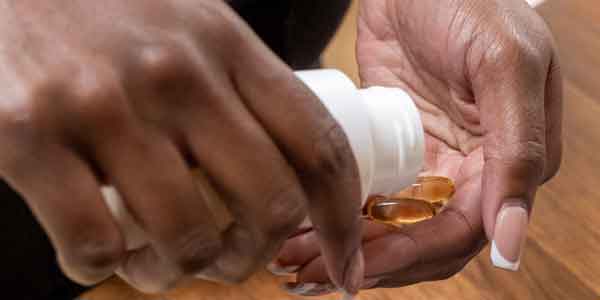
There’s a common perception that supplements are harmless. But they can be dangerous at incorrect dosages.
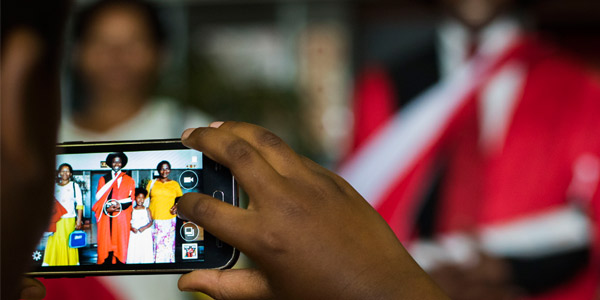
Wits University is proud to collaborate with the University of Edinburgh (UoE) to establish a new collaborative doctoral training centre in Africa.
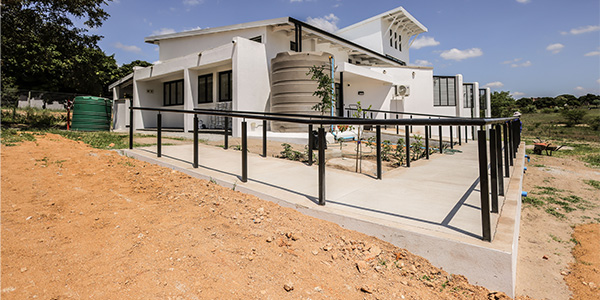
The new Data Sciences and Innovation Hub at Wits Rural Campus marks 30 years of rural public health research and sets the scene for an innovative epoch in 2023.
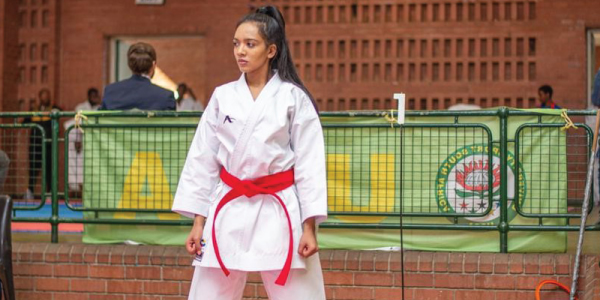
Third-year medical student, Zahra Kader, is a seasoned karate-ga and a member of the national team.

Under South African law, girls have the right to continue their schooling through and after their pregnancies.

The African Academy of Sciences (AAS) named Wits Professor Choonara winner of its Olusegun Obasanjo Prize for Scientific Discovery and Technological Innovation.
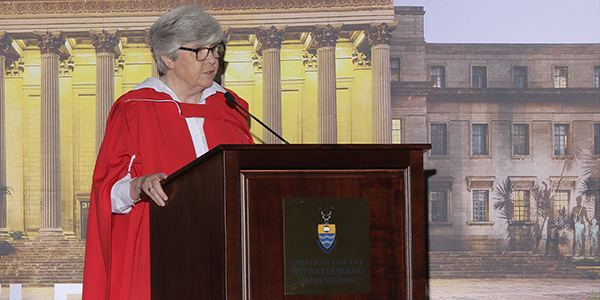
Enthusiasm, integrity and compassion. These are the three life values renowned physiotherapist Professor Stewart shared as she accepted a Gold Medal.

The African Fellowships programme advances South-North research collaboration to find solutions to global challenges.
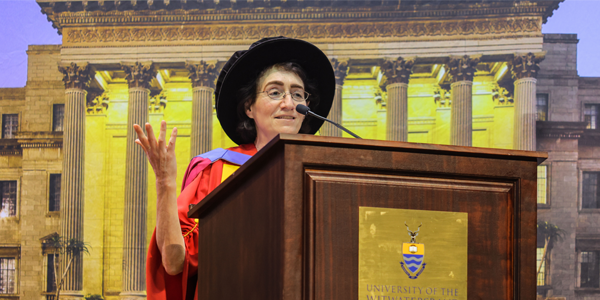
A Wits alumna and renowned biologist shared how her international career started with unravelling 'ant songs' and scrutinising frog eggs.
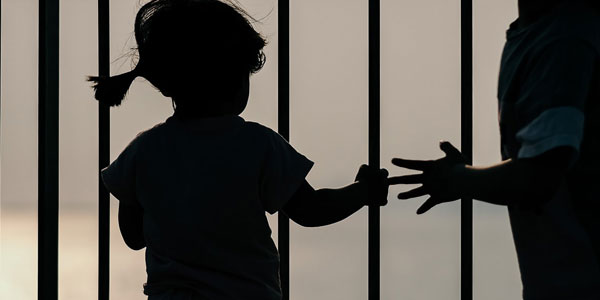
Children who need help most tend to experience adversity throughout childhood. That continuing adversity muffles the benefit of improved early nutrition.

Wits honours two healthcare professionals who are changing the world for good.

The individual stories of migrant women are essential in understanding if HIV healthcare strategies and programmes are working.
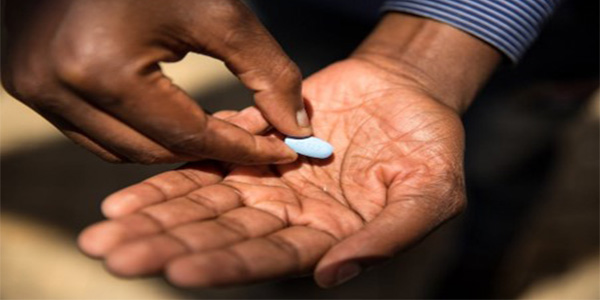
The benefit of an injectable product is that it avoids the adherence issues related to taking a pill daily.

Wits University partners in a new NIHR-funded Global Health Research Group on HIV-associated Fungal Infections (IMPRINT)
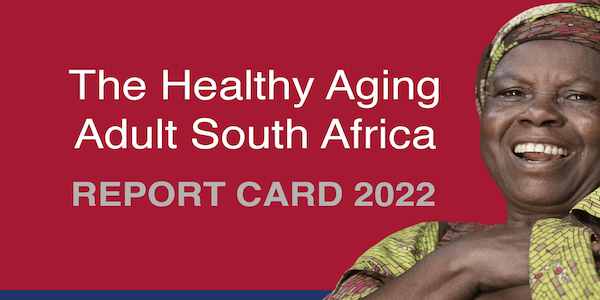
Adults aged 45-65, as caregivers and workers, are high risk for non-communicable diseases, but data on healthy ageing in SA are insufficient to inform policy.
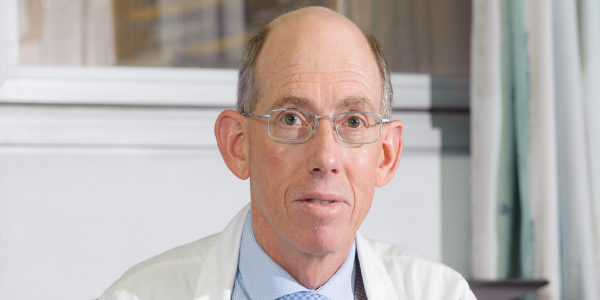
Professor Derick Raal has for the third time been named as a Highly Cited Researcher.
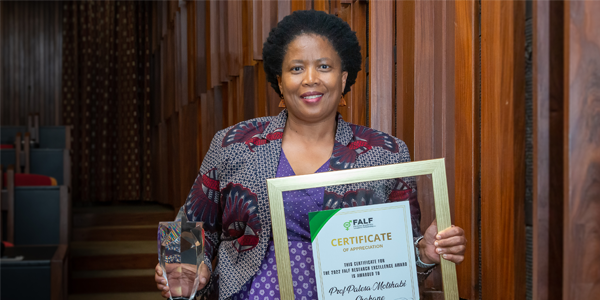
Cardiac anaesthesiologist and recipient of the FALF research excellence award wants to keep hearts pumping.
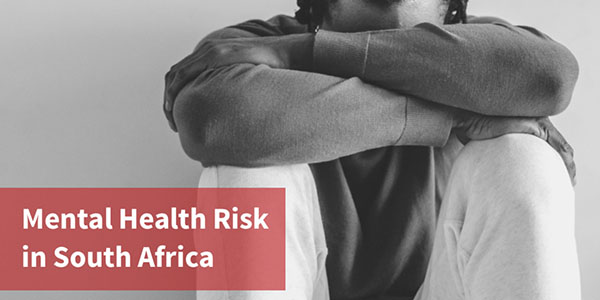
A new study reveals that South Africans suffer higher rates of probable depression and anxiety than other countries.
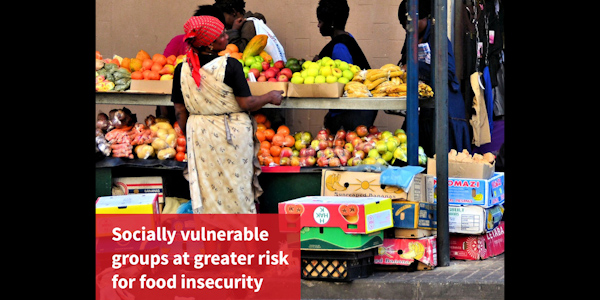
A new study reveals astounding levels of social vulnerability in South Africa, which is linked to food insecurity.
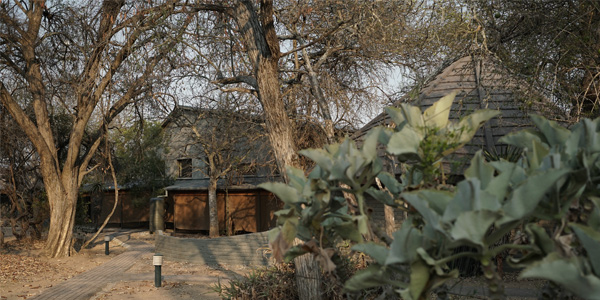
People living with HIV have a significantly delayed internal body clock consistent with jet lag symptoms, found a study by SA and UK universities.
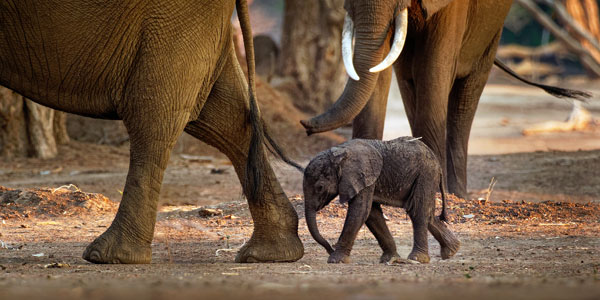
‘Scientivist’ says planetary health must be foremost on all agendas because the ill-treatment of animals and delicate ecosystems plays havoc with human health.

Study provides recommendations to end the public health threat without exacerbating socio-economic burdens or putting the most vulnerable at greater risk.
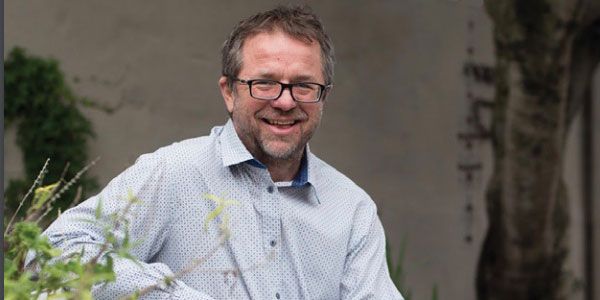
Earth became our servant, and we need it to be our family, says Research Professor Matthew Chersich in delivering his inaugural lecture.

Cash incentives only have a marginal effect on increasing vaccination uptake by adults, according to a Wits University and Columbia University study.
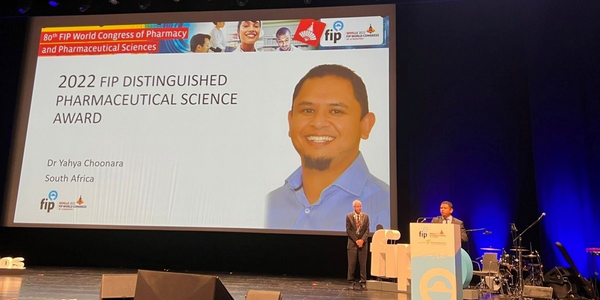
Wits Professor of Pharmacy, Yahya Choonara, is the 2022 FIP Distinguished Pharmaceutical Science Award winner.
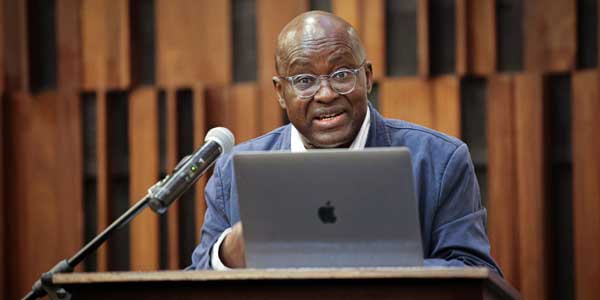
Repairing Earth as a whole, together, is a precondition for human durability.
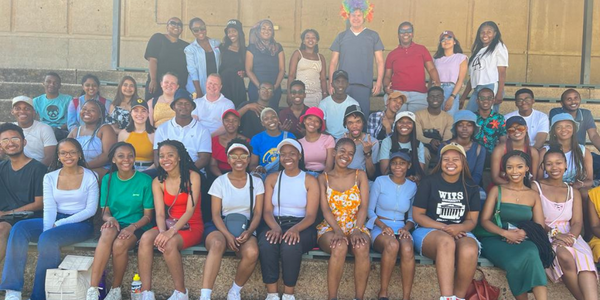
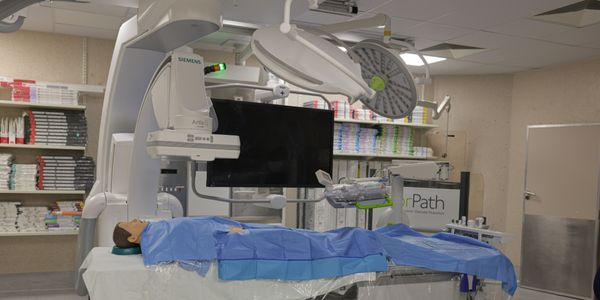
The new unit at the Wits Donald Gordon Medical Centre (WDGMC) is both a robotics research opportunity and a global responsibility.
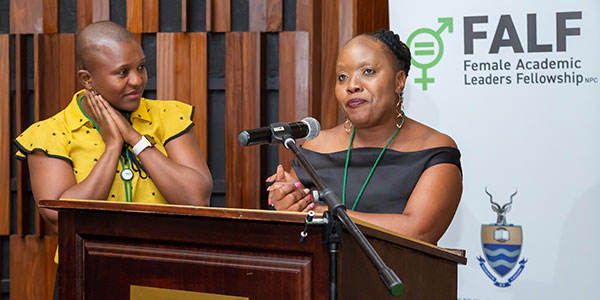
Clearing the path for talented female academics and researchers leads to more relevant research.
Consensus statement by the Scientific Committee for the International Conference on Concussion in Sport will be released in 2023.
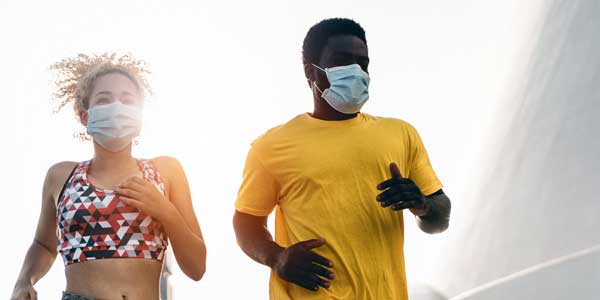
A new study by a team of South African researchers shows the more you exercise, the more protective Covid vaccination seems to be.

The beverage company has a questionable record not only when it comes to planetary health — its record on human health is abysmal.
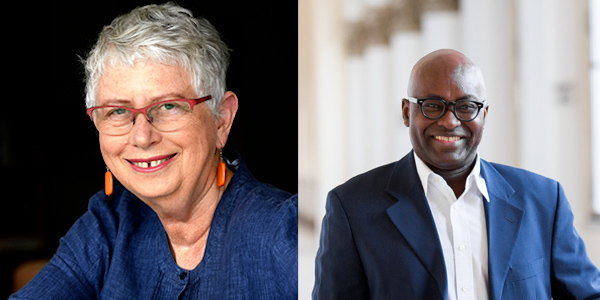
The Academy of Science of South Africa has awarded its highest honour, Science for Society Gold Medals, to Wits Professors Karen Hofman and Achille Mbembe.

The Covid-19 pandemic revealed global health inequities prompting scholars to interrogate how these inequities manifested in racial and gender dynamics.
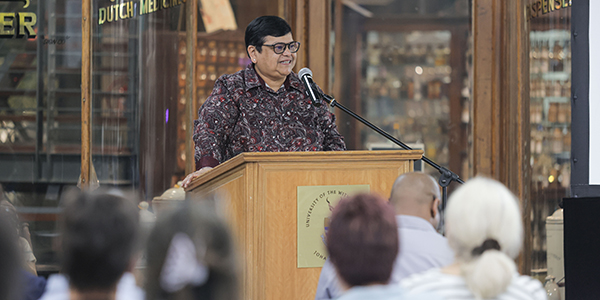
Professor Himla Soodyall has paid homage to great scientists who helped carve her path.
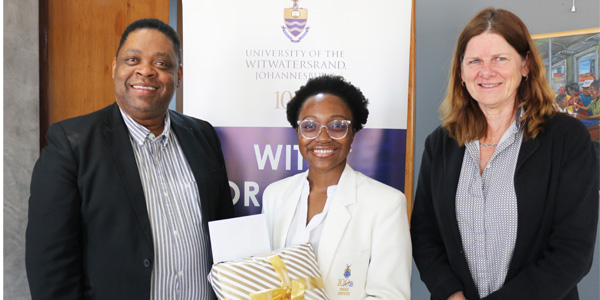
Karabo Asala is set to travel Europe as part of a travel bursary for leadership development.
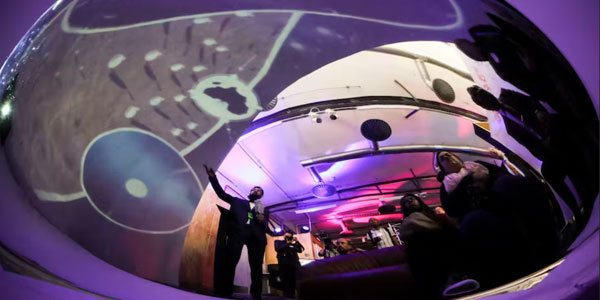
Various innovations after the past century have improved the world for many - but there’s still much more for universities to do.
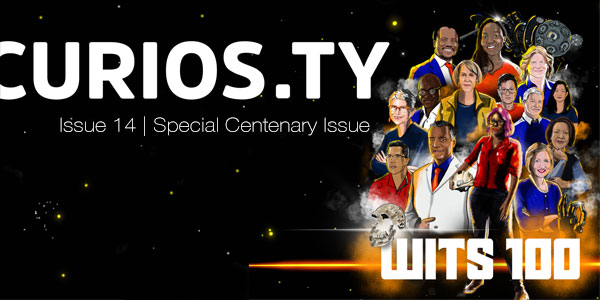
Wits' research magazine celebrates 100 years of changing the world for good.

Guest Editorial: Wits remains a beacon of hope in society. We continue to strive for excellence in all that we do and use our knowledge for the good of society.
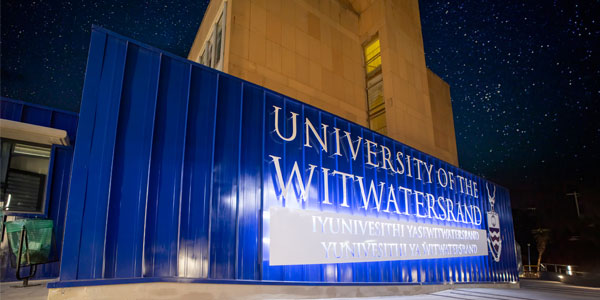
“We live in the most unequal country in the world. We can help bridge the divide and we don’t have any time to waste.” – Dr Judy Dlamini.

Editorial: The stories in Curios.ty 14: #Wits100 showcase the University’s sustained participation, influence and impact in the lab, the classroom, and society.
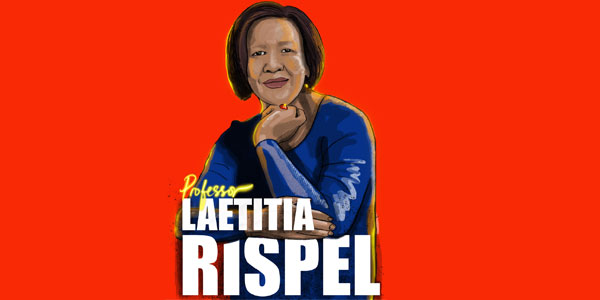
Meet the Wits’ science superheroes whose research has saved lives.

The contribution of the Sydney Brenner Institute for Molecular Bioscience to the field of human genomics is rewriting history on the African continent.

Without death, there would be no life – this might sound like ancient mysticism, but Wits scientists are proving it.
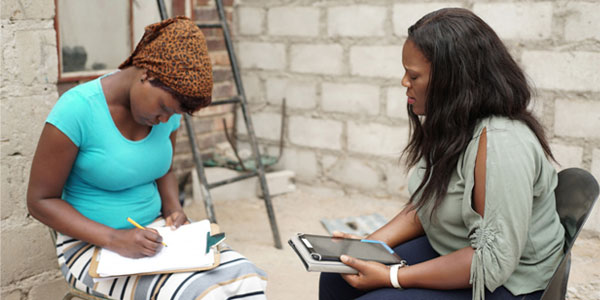
Agincourt, one of the longest-running research centres of its kind in sub-Saharan Africa, tracks health and wellbeing over the life course.

Protests are a hallmark of Wits’ history and have contributed to the University’s legacy of social activism, democracy and constitutionality.

South African universities should revisit their multiple publics and explore what a public university in southern Africa today should be.

The Wits Art Museum covers 3 000 m2, housing more than 12 000 artworks, of which 5 551 comprise the Standard Bank African Art Collection.
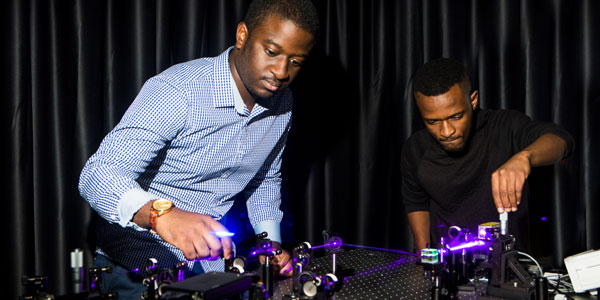
How has science and research practice at Wits has evolved over a century?

It’s the end of an era as Wits Planetarium is reimagined as a ‘out of this world’ digital dome.
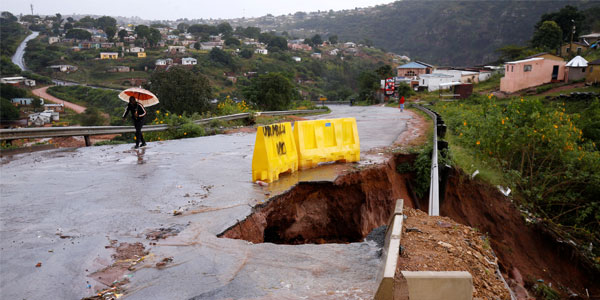
Climate change took nearly a century to become mainstream science. Wits is taking the lead in facing up to the challenge.
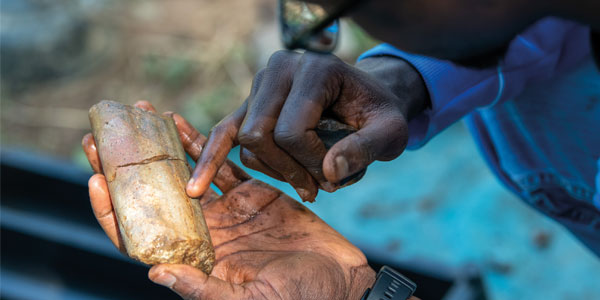
Wits researchers have over the past century changed, and challenged, the way we think about the evolution of humanity and our ancestors.
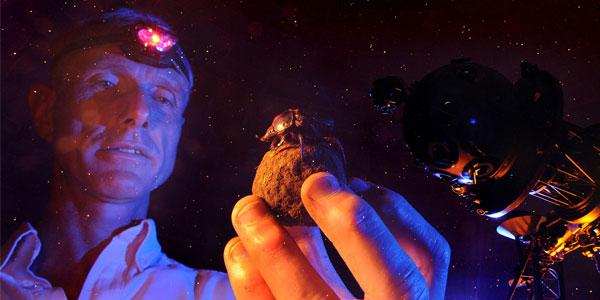
Curiosity about dung beetles could lead us into our future.

Books based on research by Wits authors create a rare recording of history that tracks changes over time.
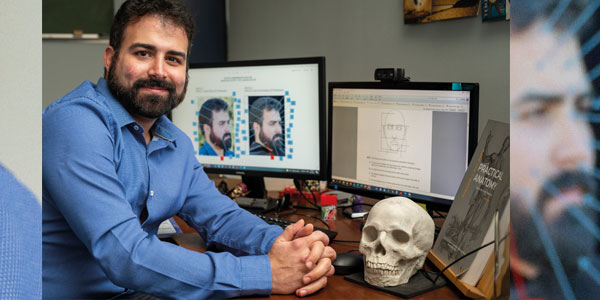
The development of the Wits Face Database: An African database of high-resolution facial photographs.
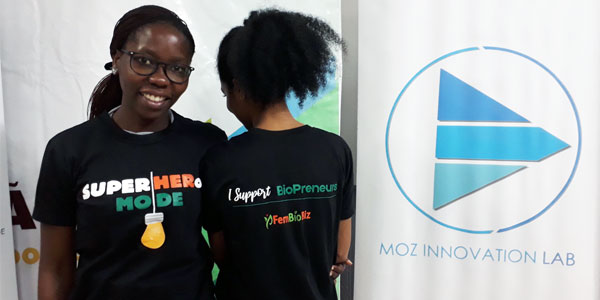
Wits is exploring the opportunities created by social enterprises that focus on addressing local, regional and global challenges.
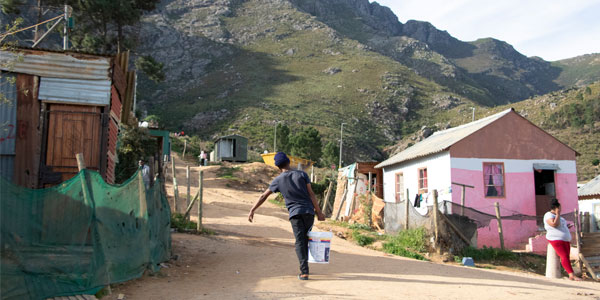
Four Wits units demonstrate how translational research can respond to the needs of a world outside the academy.
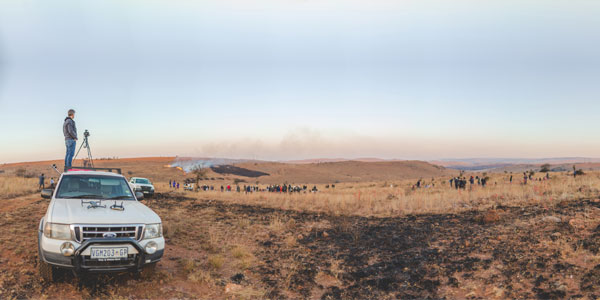
Column: Telling the stories of Wits’ research and academics might hopefully light a fire in the mind of the world’s next Einstein.
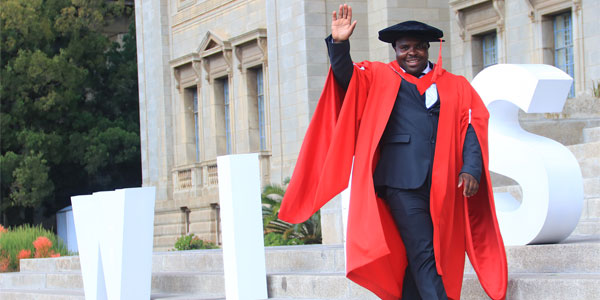
There is something significantly common in the way in which all good things are good.
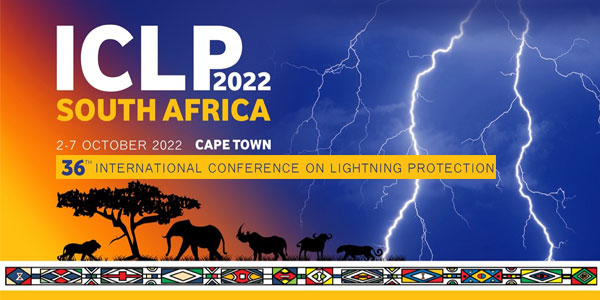
Lightning protection research is paramount in order to safeguard people, animals, and infrastructure against one of the biggest weather-related killers.

When antiretroviral therapy is working effectively, HIV cannot be transmitted. This allows people with HIV to live fuller lives.
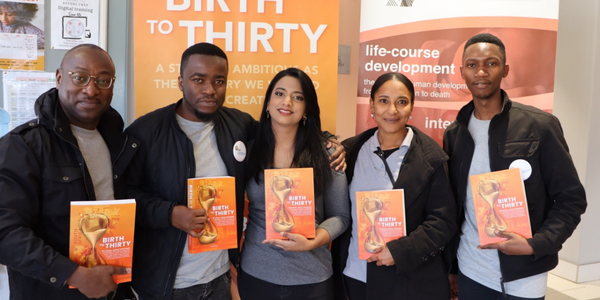
The stories, people and science behind Africa's largest longitudinal study have been captured in a book by Wits Distinguished Professor Linda Richter.

Lowering obesity and overweight rates will lift the burden on healthcare spending.
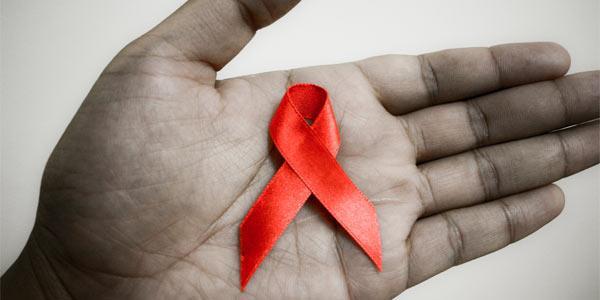
Street-based female sex workers in SA have very high HIV incidence, hence the need to sustain and strengthen efforts to mitigate risk and provide care.

Wits University is as much a part of Johannesburg as is gold mining, and we are opening our gates to all to celebrate with us.
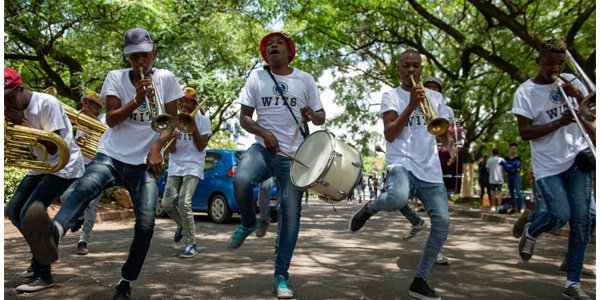
Wits marks its 100th birthday with jam-packed Homecoming Weekend.

The #Wits100 Visible Resonance Light Show on 2 September at 7pm on the Great Hall façade will reflect, create, improvise, and imagine Wits’ stories.
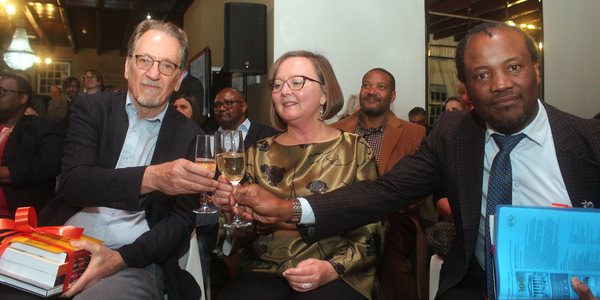
Wits University Press is the oldest university press in South Africa and celebrates its centenary in 2022.
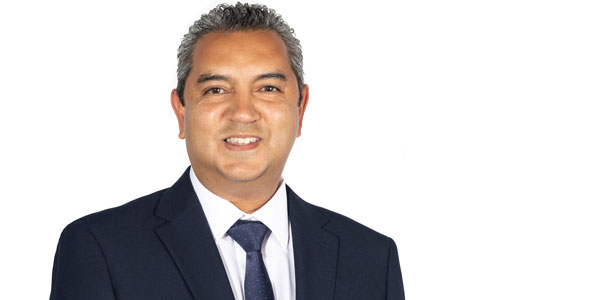
Professor Garth Stevens will oversee Human Resources, Transformation and Employment Equity, the Disability Rights Unit and other related units.
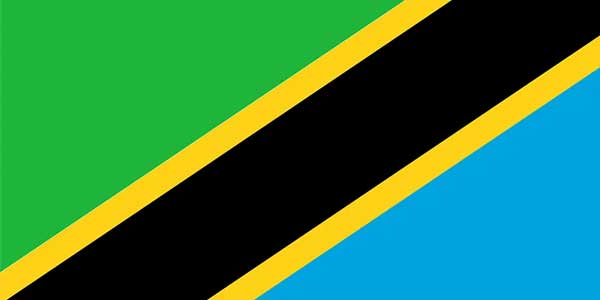
To understand the perceptions of TB patients about their quality of life, it’s useful to have a comparison with “apparently healthy” people.
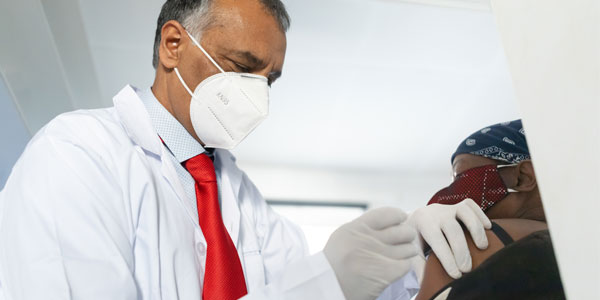
Shabir Madhi, Professor of Vaccinology and Dean of the Faculty of Health Sciences at Wits won the 2020/21 NSTF-South32 Lifetime Award.

Wits University is home to a wellspring of talent from multiple disciplines where life-changing innovation is incubated.
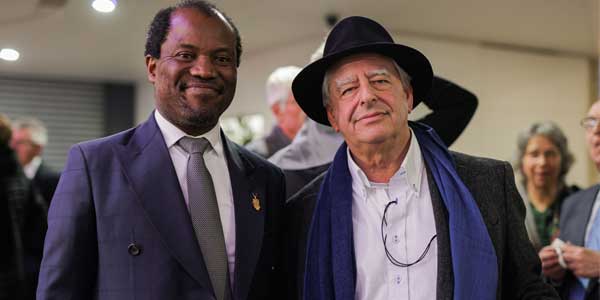
It was a night of suspended reality, imaginative film, and sophisticated symphony at the SA premier of William Kentridge’s Oh to Believe in Another World.
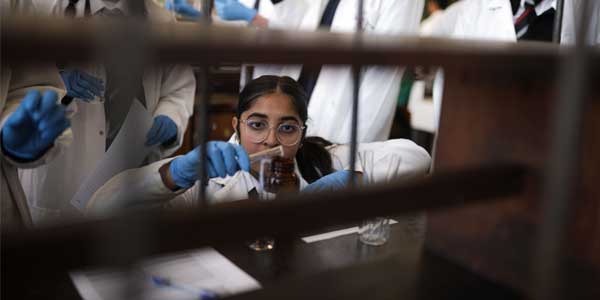
Learners enjoy a fun-filled Wits Integrated Experience of academic and student life on the Braamfontein campuses.
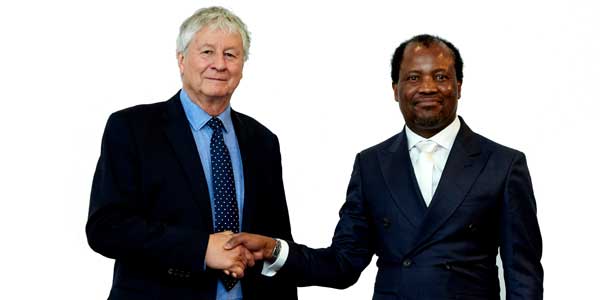
Professor Zeblon Vilakazi, internationally renowned nuclear physicist, joins the ranks of Isaac Newton, Charles Darwin, Albert Einstein, and Stephen Hawking.
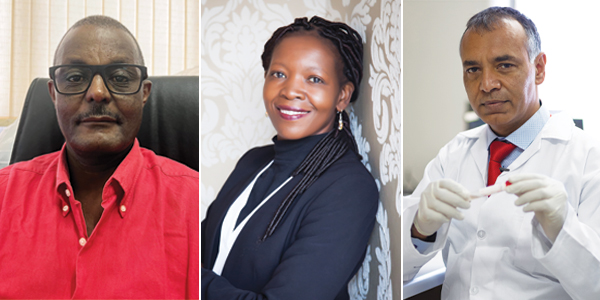
Professors Shabir Madhi, Sehliselo Ndlovu and Tamiru Abiye were winners at the 2021/2022 National Science and Technology Forum (NSTF)-South 32 Research Awards.
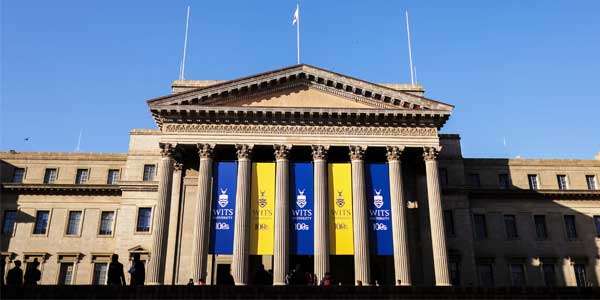
The iconic Great Hall is back after Covid-19 lockdowns and extensive renovations – ready to celebrate Wits' centenary.
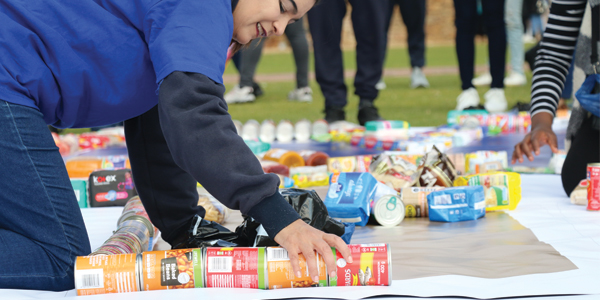
Wits staff step up on Mandela Day for food-insecure students.
Return to campus plans and the way forward.
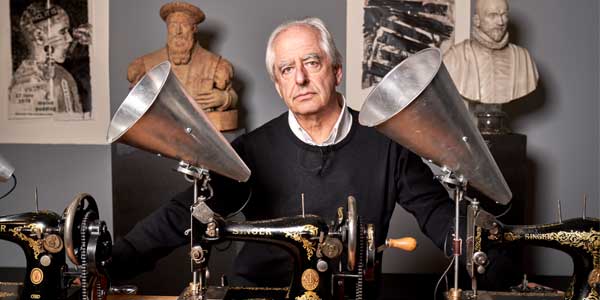
South African premiere of the new topically relevant film by Wits alumnus and world-renowned artist, William Kentridge, will take place at Wits in July.
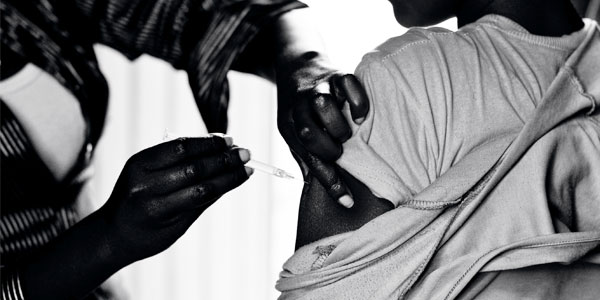
In all the research reviewed, none found any safety concerns regarding COVID vaccines during pregnancy.
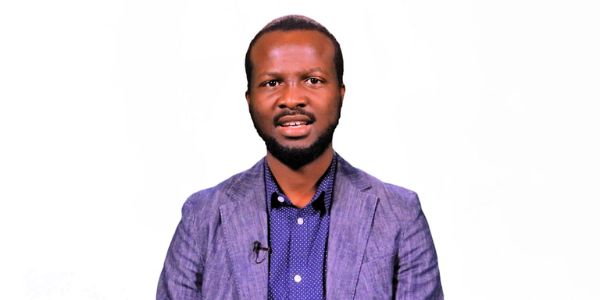
Using genetic risk scores to predict which individuals have a higher risk genetically of developing a particular disease is set to revolutionise medicine.

The impact of hybrid work models on IT skills in South Africa will be among the issues coming under the spotlight this year.
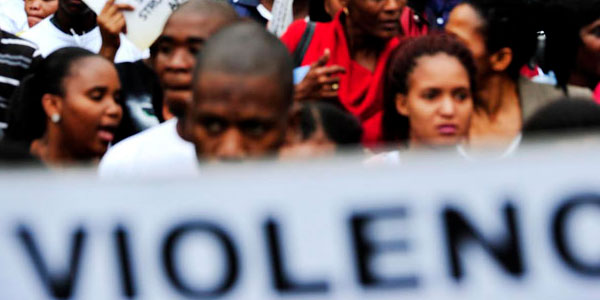
The number of people suspected of crimes who are being killed in an arbitrary and brutal fashion is growing.

For every maternal death, there are about an additional 20 women who suffer serious injuries, infections and disabilities related to pregnancy.

Monkeypox is a disease of global public health importance as it not only affects countries in West and Central Africa, but the rest of the world.
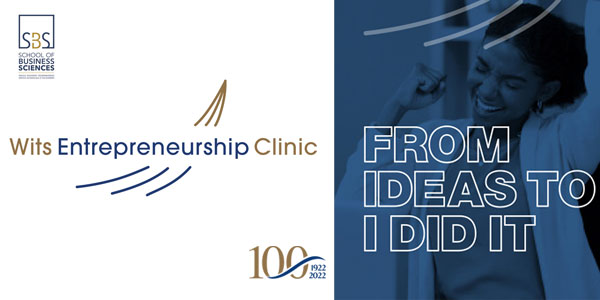
“Young entrepreneurs are one of the country's best hopes in solving the jobs crisis” - Dr Robert Venter, Project Leader for the WEC.
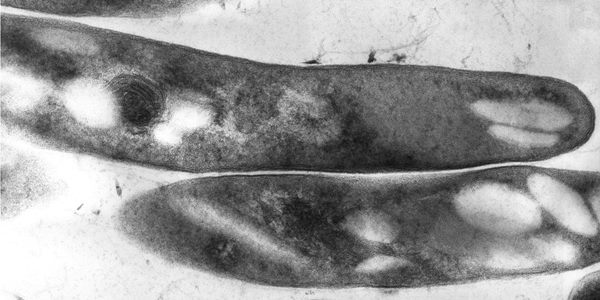
Ground-breaking research conducted in SA to find shorter, more effective treatment for drug-resistant TB has informed global policy changes.
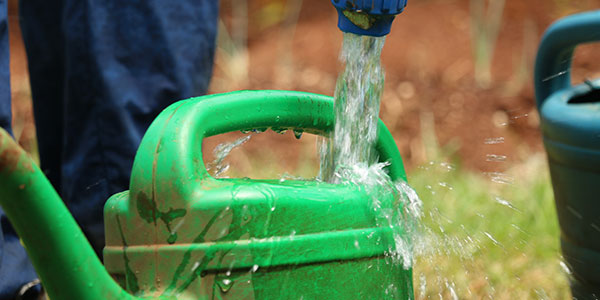
Evidence suggests that involving marginalised communities in setting priorities and designing collective action can lead to improved health outcomes.

Please take note of rising infections in the country and particularly in Gauteng. Please get vaccinated if you have not done so yet.

The NRF has awarded new A-ratings to three Wits academics in the Faculty of Humanities and the Faculty of Health Sciences respectively.

'Gateway to Success' programme: Creating a holistic, seamless transition from secondary school to university

Twelve Wits researchers are contenders for the prestigious NSTF-South32 Awards for 2021/2022, four of whom were nominated in two categories each.
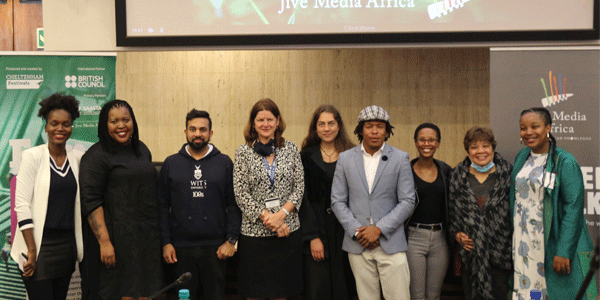
Mpho Mathole won the Wits leg of the international science communication competition and will go on to participate in the nationals later this year.

Wits University is proud to announce the start of the April graduation season where 5 593 students will be capped between 19 and 29 April 2022.
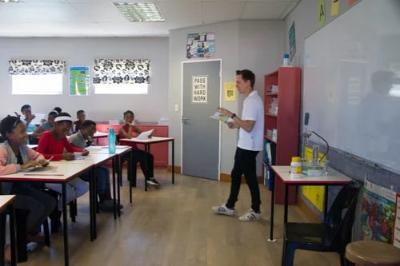
Since 1979, the Division of Community Paediatrics has offered the Dallas McKenzie prize to a final year MBBCh student who has made a distinguished contribution
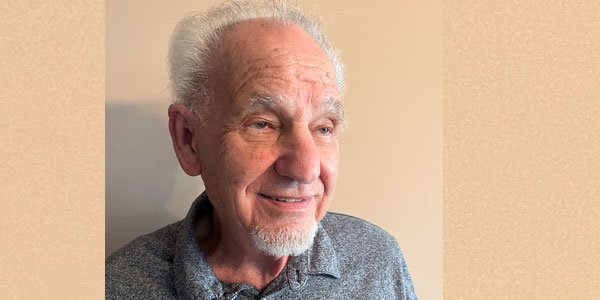
Alumnus Dr David Fine's generous donation will be used to establish the Angela and David Fine Chair in Innovation.
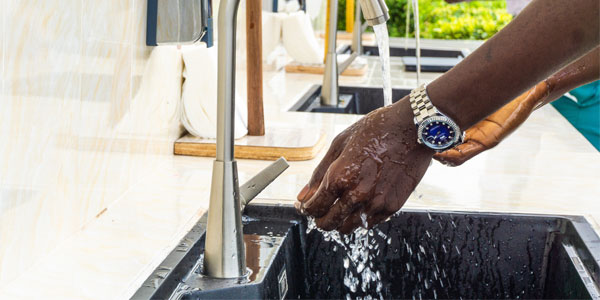
At this point it’s pragmatic to integrate COVID-19 management into routine health practices.

A new HIV prevention medicine could work even better than daily pills, but if nothing changes it costs more than R300,000 to treat one person for a year.

South Africa should introduce regulations that mandate the nutritional labelling of fast foods. This will help consumers make informed dietary choices.

It is with great appreciation that we thank you and members of our wider Wits community for vaccinating and in so doing, making Wits a safer place for all.
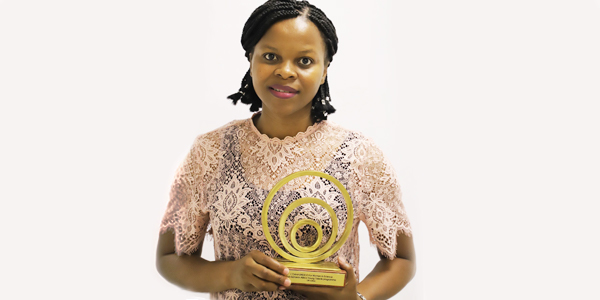
Theresa Mazarire in the Wits Institute for Malaria (WRIM) combines environmental science and public health to control malaria mosquitoes.
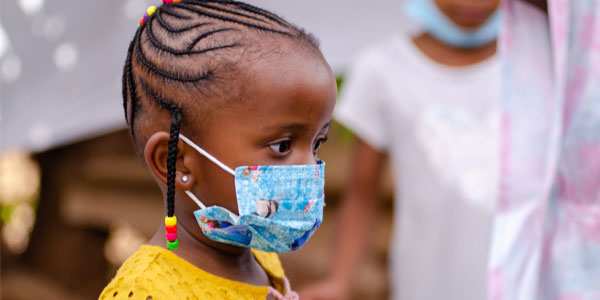
The incoherent and illogical new government Covid-19 regulations are the real state of disaster
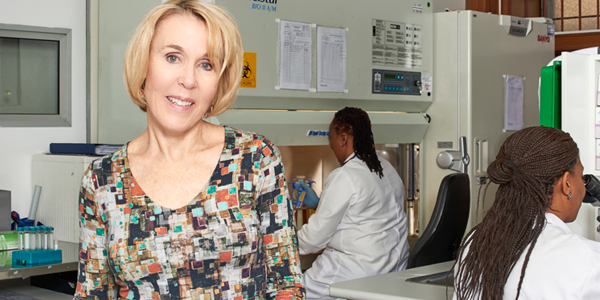
This accolade acknowledges and recognises her outstanding contributions to COVID-19 research in 2021/2022.
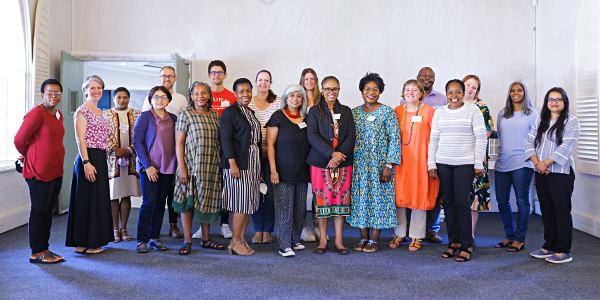
The two programmes ‘are stepping stones to launch and develop the careers of academics’.

Read the 13th issue of Curios.ty, themed: #Gender. We feature research across the gender spectrum that aims to ensure a more equitable and tolerant society.

Structures need to be put in place at higher education institutions to give women their rightful opportunities.

The gender binary has reached its expiry date but it still hasn’t been consigned to society’s dustbin.

The backsliding of women’s rights happening right now should be the clarion call that gender rights are still everybody’s business.

Female Genital Mutilation - South African researchers and medical practitioners are increasingly seeing it in its most extreme forms.

The competitive sporting world is playing catch-up with the realities of gender in modern society.
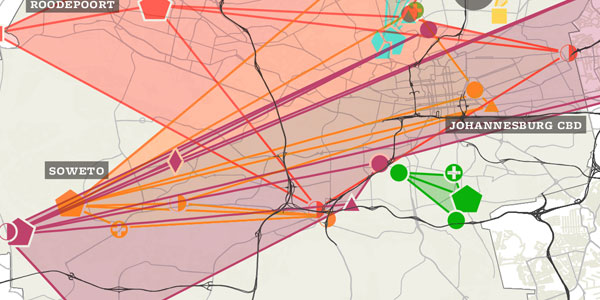
Building cities for women will make them more inclusive for all groups.
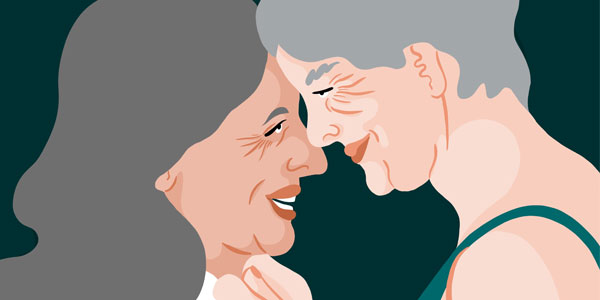
The notion that people older than 50 neither desire nor engage in sexual intercourse is a misnomer that demands further research, particularly in Africa.
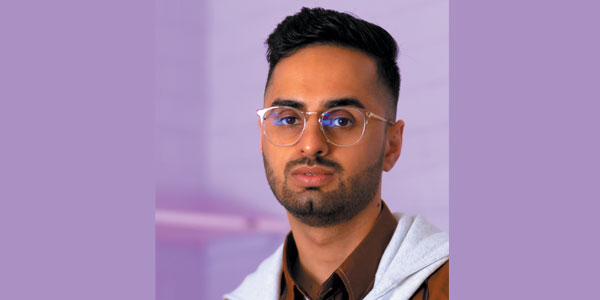
Dr Ahmed Badat spends his life focusing on improving LGBTQIA+ mental health training for medical students.
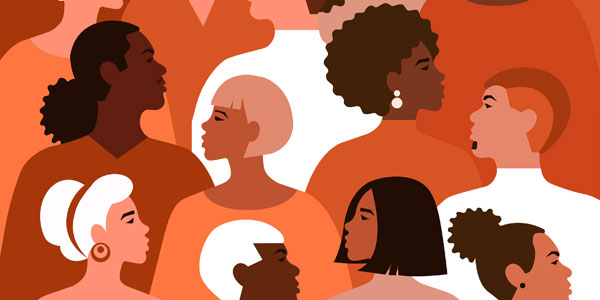
Changes in sexual functioning are a side effect of many physical and mental illnesses, however, across genders, sexual health and behaviour are not addressed.
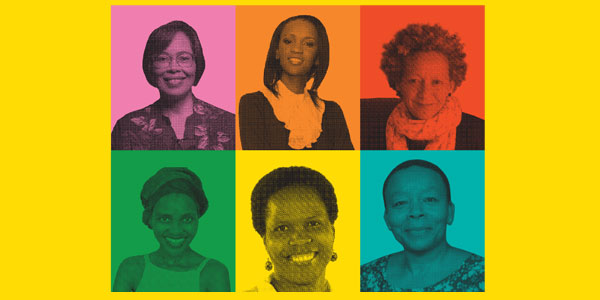
Eight female fellows of the Female Academic Leadership (FALF) Programme at Wits share their experiences of breaking the glass ceiling.
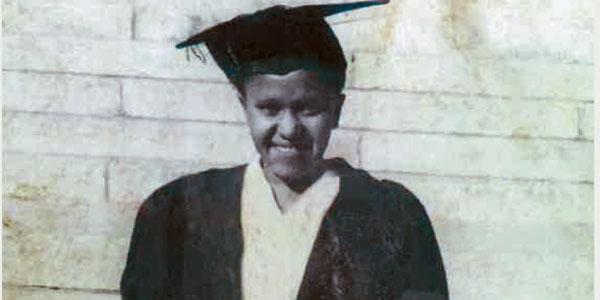
When apartheid became law in 1948, a black woman from Limpopo had already achieved a series of firsts …

A new project will examine Covid-19 vaccine acceptance in SA and Zimbabwe and recommend strategies to promote vaccination.
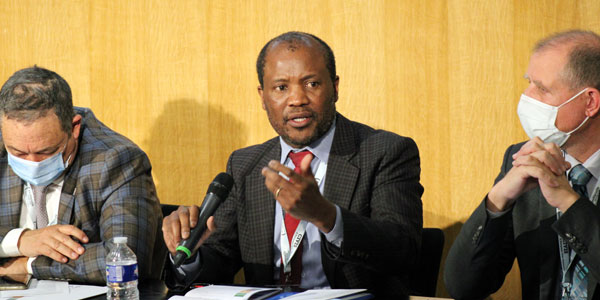
Wits strengthens EU partnerships through becoming a CIVIS Alliance strategic partner.

Scientific diplomacy must be given a chance to help enhance mutual understandings across political divides.

Professor Lynn Morris says universities 'value independent inquiry, intellectual excellence, integrity, and academic freedom and institutional autonomy'.
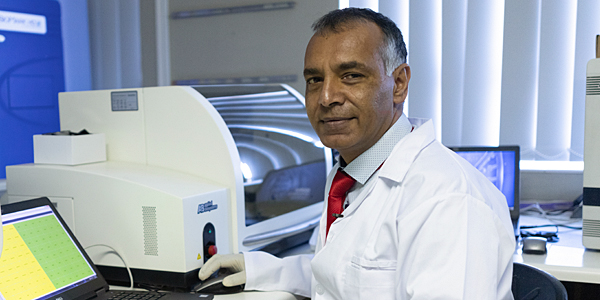
Respiratory syncytial virus (RSV) is a major cause of lower respiratory tract infection (LRTI) and hospitalisation in infants.
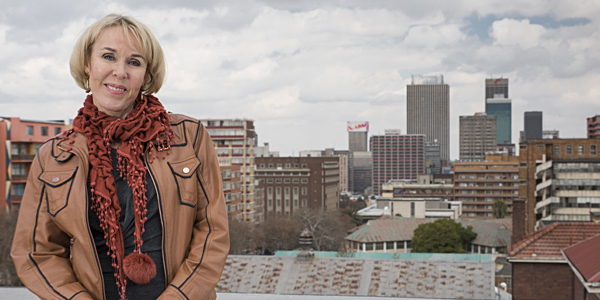
This accolade recognises her outstanding medical career and commitment to improving global health with a focus on public health in Africa.

The University aims to raise R3 billion through the Centenary Campaign
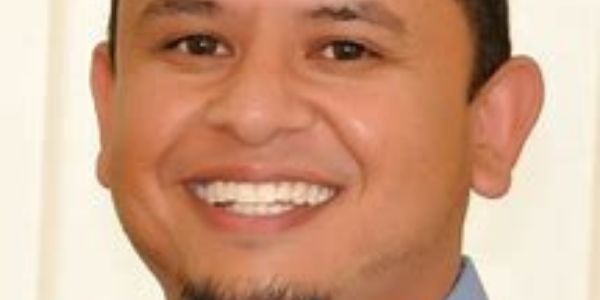
Professor Yahya Choonara is appointed to the South African Product Regulatory Authority (SAHPRA) Board by the Minister of Health, Dr Joe Phaahla.

The academic programme began in earnest today and it was fantastic to see students in class again and staff back on campus.
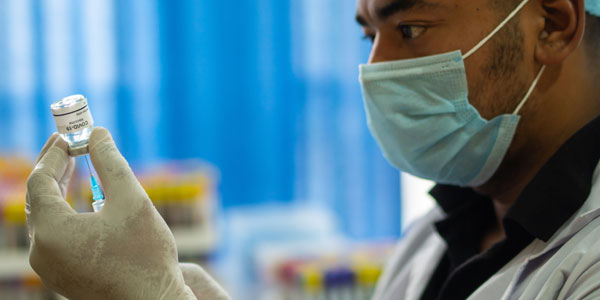
The Omicron variant of the SARS-CoV-2 virus was discovered in South Africa and emerged in November 2021.
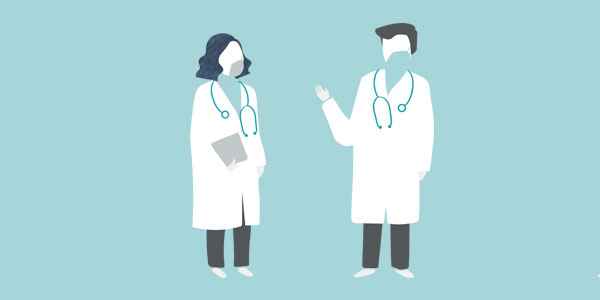
This is not an alternative to traditional disease surveillance, but a complementary tool.
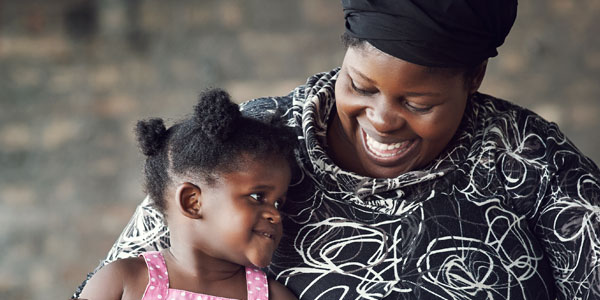
The sector was ill-equipped to withstand further shocks and impacts of the Covid-19 pandemic.
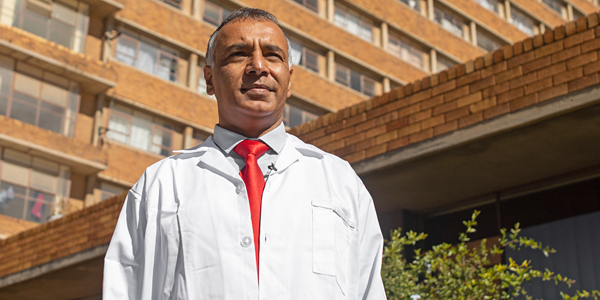
South Africans had extensive immunity against severe Covid-19 disease and death prior to Omicron, due to high infections in the first 3 waves and vaccination.
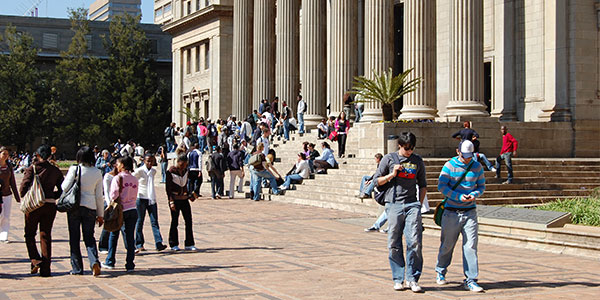
It was an upbeat post-pandemic return to campus when Wits academics gathered to celebrate research excellence.

Words about mental health need to align with people’s understanding of well being.

LogBox App is being streamlined to make it easier for you to complete the questions.

The GPEI is supporting Malawian health authorities to assess the situation and to begin urgent immunization in the subregion to mitigate any risk of spread.

The South African government released new Covid-19 regulations as at 31 January 2022, pertaining to changes to isolation protocols.
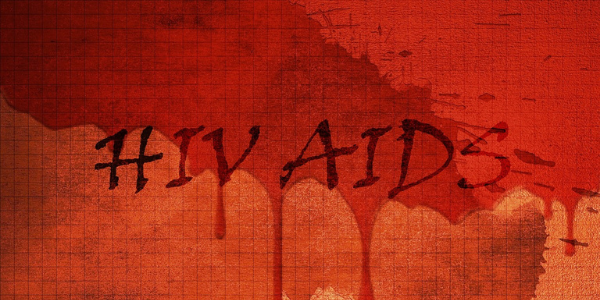

The Conversation Weekly podcast: What South African scientists' experience offers the world about future variants.
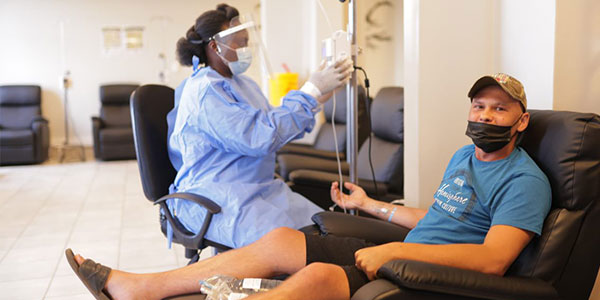
Today is World Cancer Day and a new cancer centre at Chris Hani Baragwanath Academic Hospital is set to serve the community.

More than 80% of the population has probably been infected at leat once since the start of the pandemic
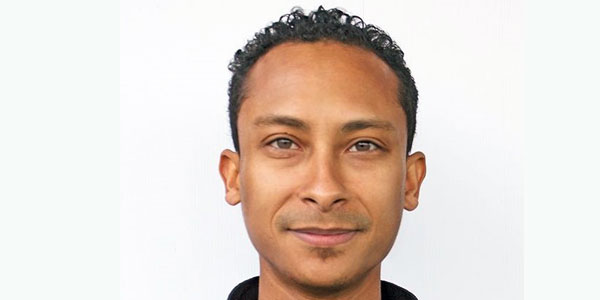
Wits team develops social distancing and shopper behaviour tracker for malls.

Apply for reasonable accommodation and upload your international vaccine certificate.

A study into fast food nutrition labelling found that just 58% of SA’s biggest fast food retailers surveyed provide nutritional information on their products.
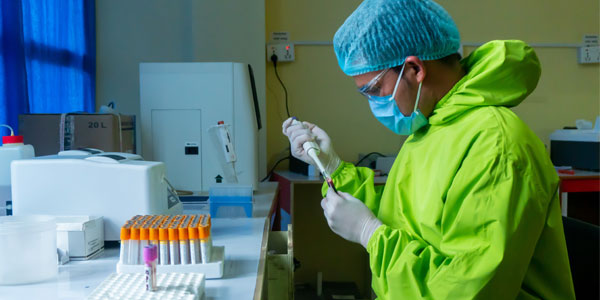
Covid-19: Scientists without quality data are like unarmed soldiers in a war zone.

Scientists say the Commission’s statement against mandatory vaccinations is offensive, irresponsible and misleading.
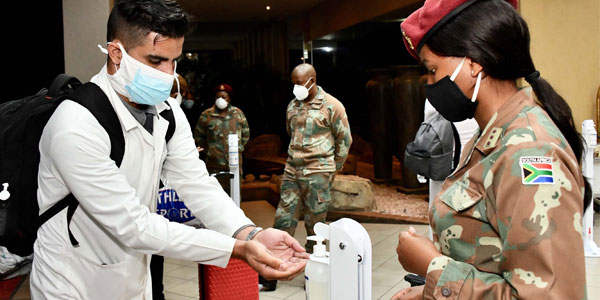
Covid-19: On 15 March 2020, President Cyril Ramaphosa declared a national state of disaster in terms of the Disaster Management Act.

If you are experiencing glitches in uploading your certificate, this information might help. You can also log technical queries via ithelp@wits.ac.za.

Mandatory vaccination: The link to upload your vaccine certificate is now live.

Wits University adopted a Mandatory Vaccination Policy (Mvax Policy), which will be implemented from 1 January 2022.
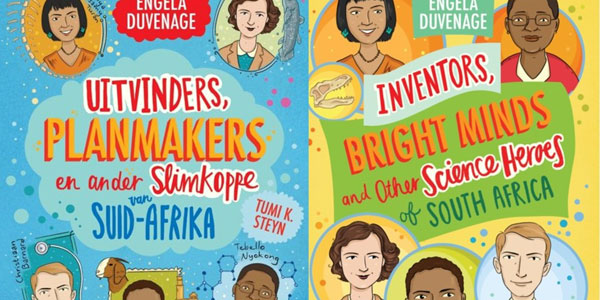
Book about South Africa’s leading brains competes with Harry Potter in South African children’s book sales.
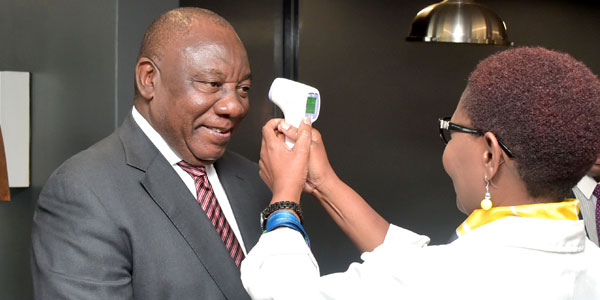
The South African government has chosen a pragmatic approach that balances the potential direct and detrimental indirect effects of Covid.

Wits Universit's Mandatory Vaccination Policy (MVAX Policy) will be implemented in January 2022.
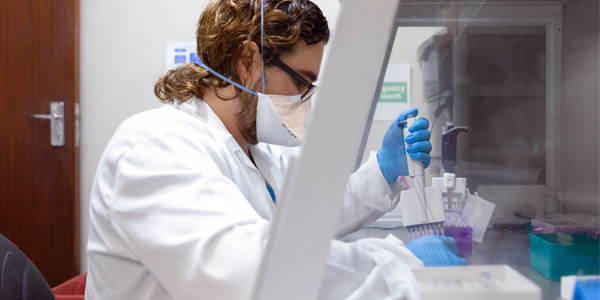
Early data show that Omicron is dominating new COVID-19 cases in Gauteng province.
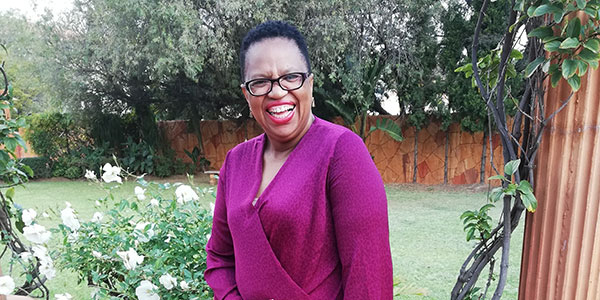
Wits Covid-19 Heroes support the vision to increase doctors from historically disadvantaged areas.
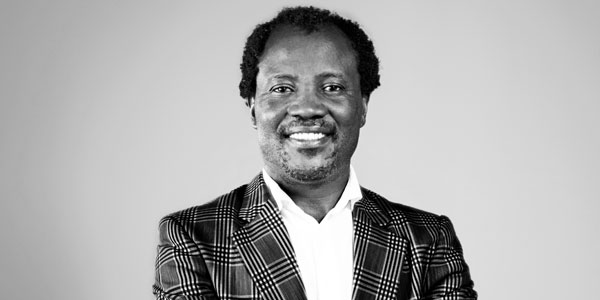
From the Desk of the Wits Vice-Chancellor and Principal, Professor Zeblon Vilakazi: We are stronger because of the diversity of our people and our ideas.
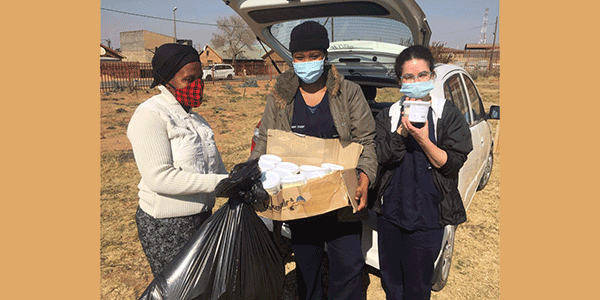
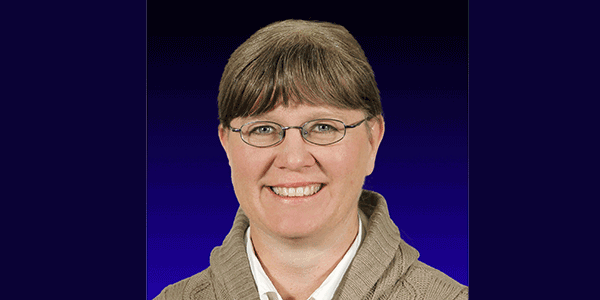
Keen eyes like those of Lynne Pritchard’s are needed during the era of online learning.
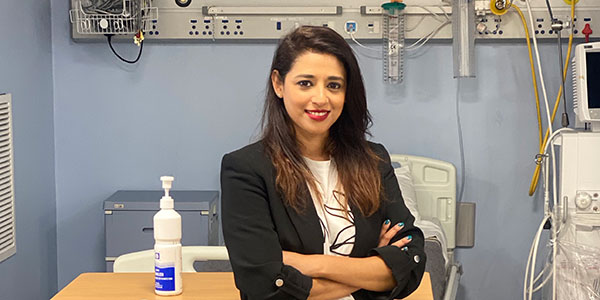
Rheumatologist takes innovative approach to managing Covid-19.
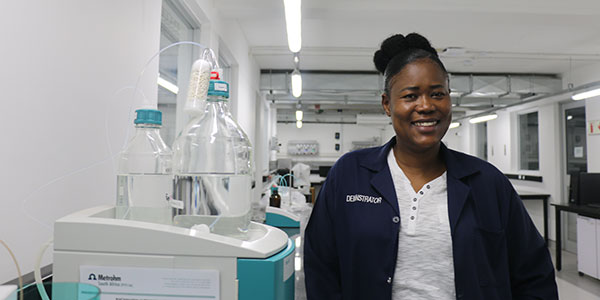
Create space for dreams and wellbeing so that impactful work can happen.
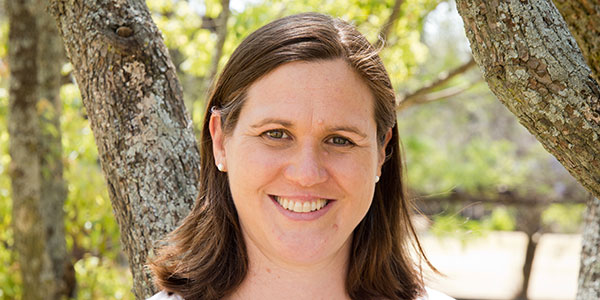
Two disciplines have paved the way for Hartmann to make an impact on the lives of others.
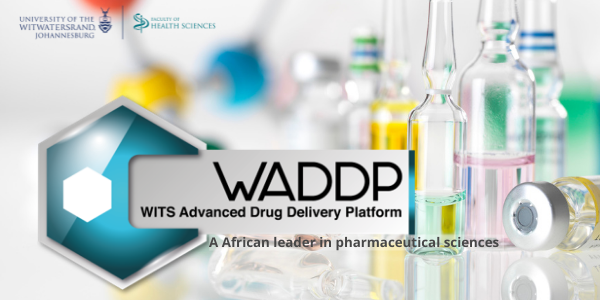
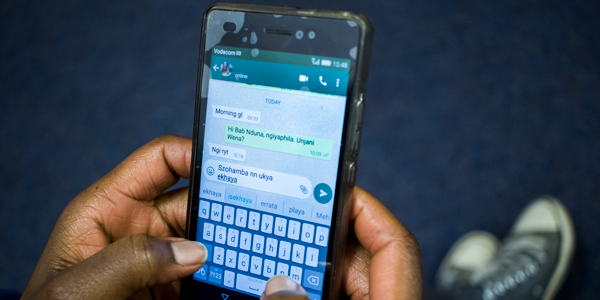
Every small change to promote healthy levels of screen time is a step in the right direction for the health, wellbeing and development of children.

The world needs to learn to live with the virus. And governments must follow the science and don’t distort it for political expediency.
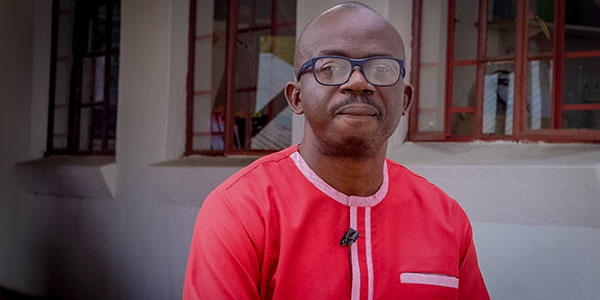
Wits Covid-19 Hero Ngoni Ngwarai, shares what it’s like to work with 31 villages and humble lessons from Covid-19.
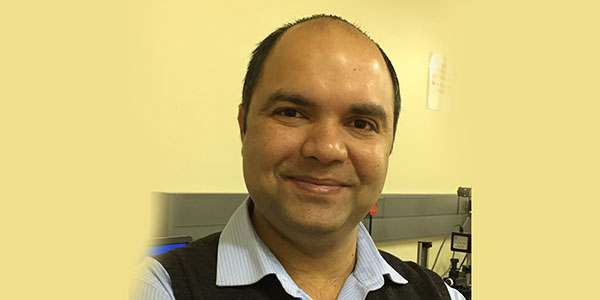
Chemicals and special pencils are never too far from this Wits Covid-19 Hero.

Read the full statement, the policy, and the Q&A information document wherein Wits experts answer questions about vaccination, legal, ethical, and more.
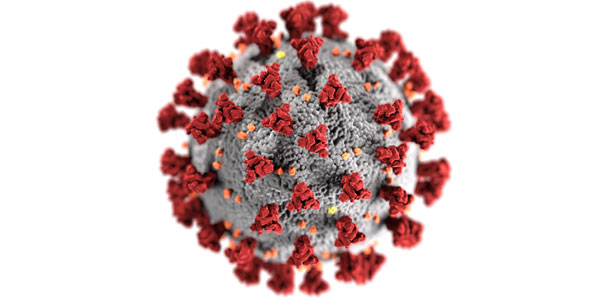
Covid 19: How the new one was found and what we know so far.
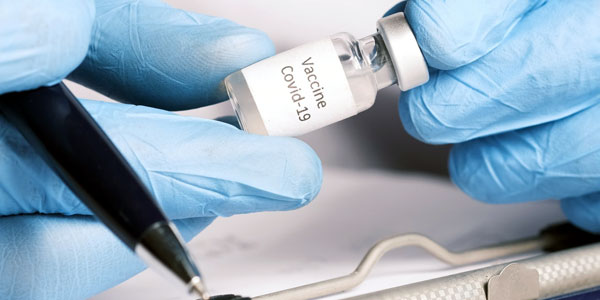
Unpacking parents’ reasons for not vaccinating their children: why it matters
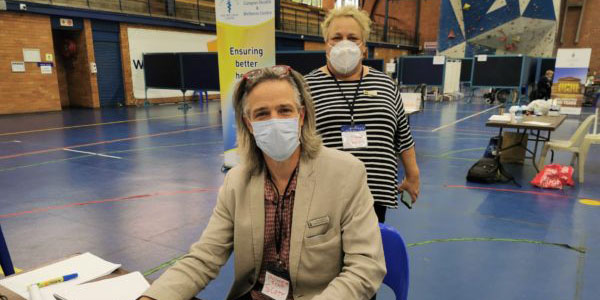
Scott Smalley instrumental in the safe return of students and staff, and the vaccination drive on campus.

South Africa’s health system is on its knees: the 2021 medium-term budget policy statement offers no relief.
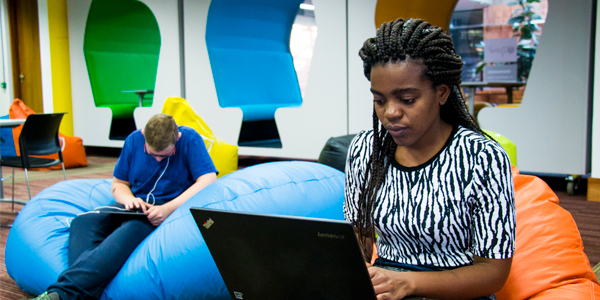
We need to move away from this binary approach, consider our contextual realities, and start with the end goal in mind.

The focus of the government seems to be about how many people can get vaccinated rather than ensuring the greatest protection against severe disease and deaths.
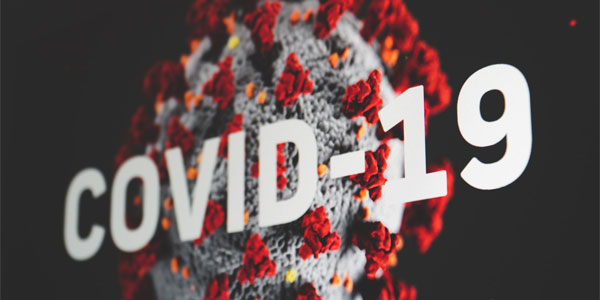
"We will also continue to engage with the broader Wits community on the proposed policy in the coming weeks."

How forensic science is unlocking the mysteries of fatal lightning strikes that could help save thousands of lives.
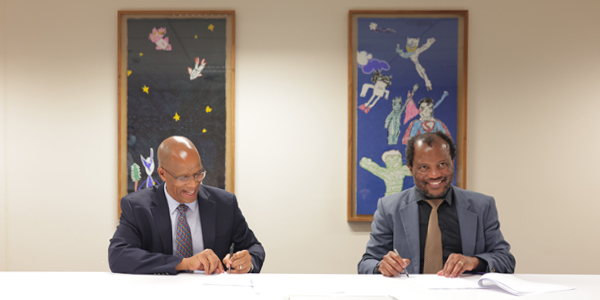
Extended partnership will enable partners to advance critical areas in child health.

This tool can identify cause of death by fatal lightning strike in skeletonised remains.
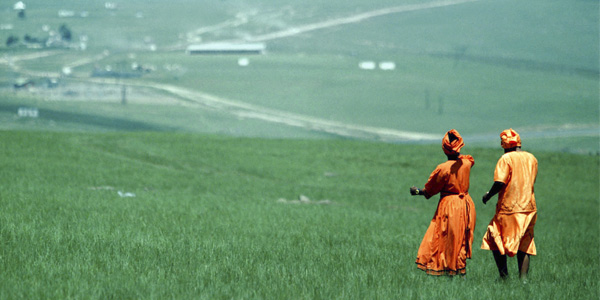
The provision of better health services and social grants has aided rural women’s progress but there are still tremendous needs to be met.
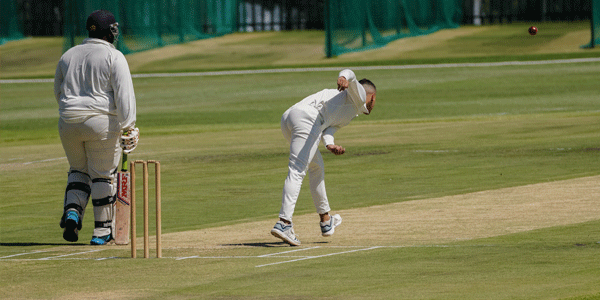
Wits University has launched a cricket research hub for science, medicine and rehabilitation.
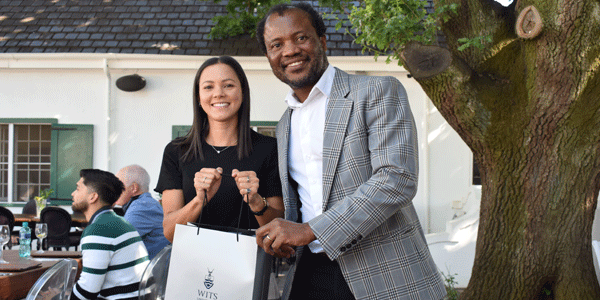
Wits Vice-Chancellor and Principal Professor Zeblon Vilakazi hosted Witsies who were part of the Tokyo 2020 Olympic and Paralympic Games.
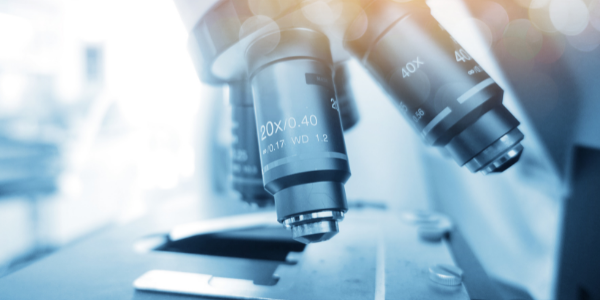
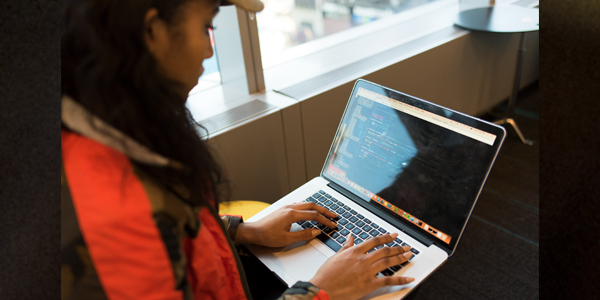
The shift to emergency remote teaching and learning enabled academics to start questioning some long-held assumptions about in-person teaching and learning.
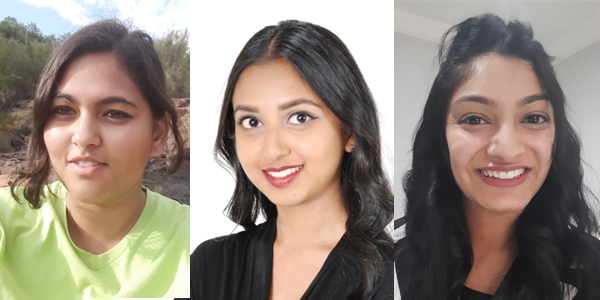
Three Wits students are in the top 10 of the national FameLab competition.
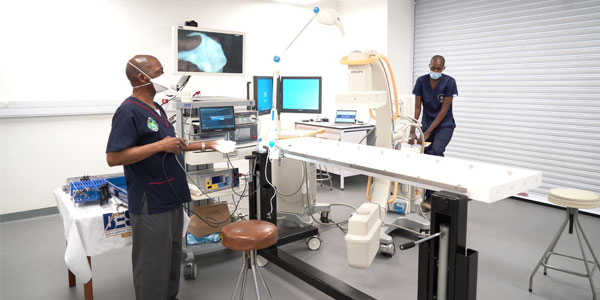
R22-million project to enhance the training of surgeons in South Africa.
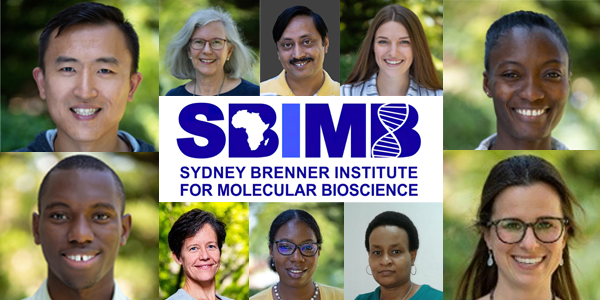
The Sydney Brenner Institute for Molecular Bioscience today launches a new research lab to understand African genetics and advance precision medicine in Africa.
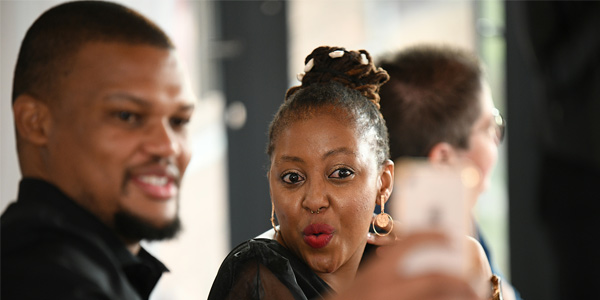
The annual Staff Awards reflect the Wits values that drive the ethos and excellence across our remarkable institution.

The proposed Framework has been developed and will be shared with staff, students, senior managers, organised labour, and other constituencies for comment.

Mental Health: How are we doing? What do we need to do?

International Safe Abortion Day – celebrated every year on 28 September – marks a woman’s fundamental reproductive right to access safe, legal abortion.

Wits launches global appeal, former Wits SRC President donates $100,000 to support students

Calls to permit nurses in South Africa, Kenya and Tanzania to prescribe morphine to help ease patient's suffering and give them a dignified death.
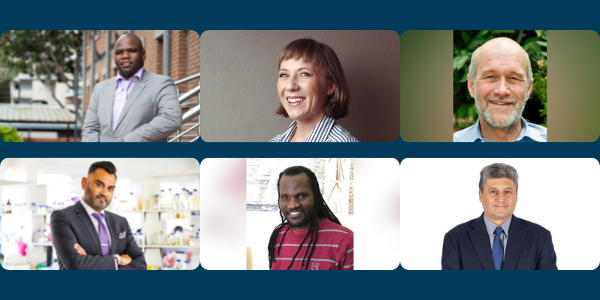
Wits researchers won six National Science and Technology Forum (NSTF)-South32 research awards .
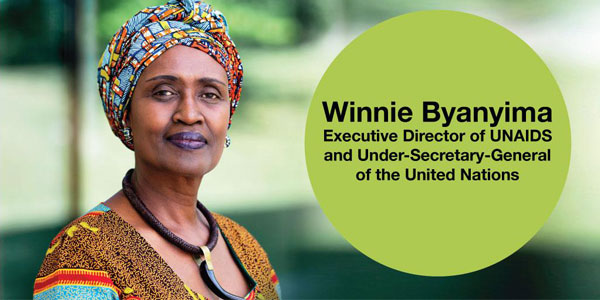
Greater urgency is needed in the response to pandemics, to end AIDS and to end COVID-19.
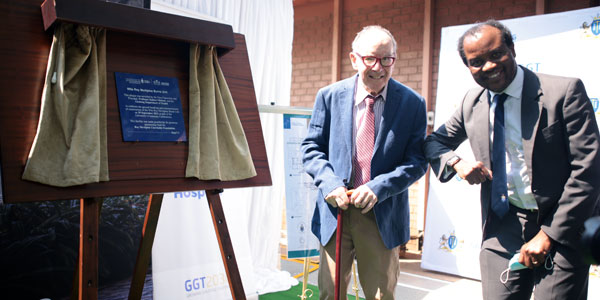
New specialised Wits Roy McAlpine Burns Unit will treat burn survivors and will create a high-tech skin bank and tissue engineering laboratory in Soweto.
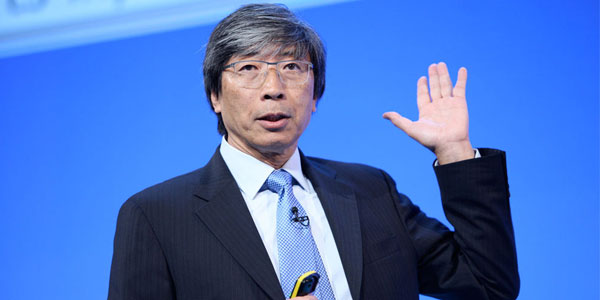
It will help to establish two research centres to boost cancer and vaccine research at the University of the Witwatersrand.

While South Africa has steered clear of compulsory vaccination for now, the country’s laws do allow such a policy.

Urgent catch-up plans are needed.
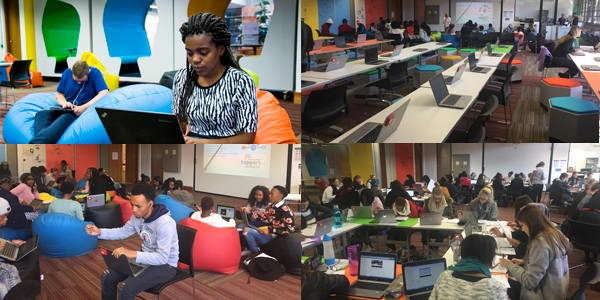
Notes from the School of Therapeutic Sciences’ Learning I3 (Ideas, Innovation, Inspiration) symposium

Details on vaccination and the return of staff members to campus.
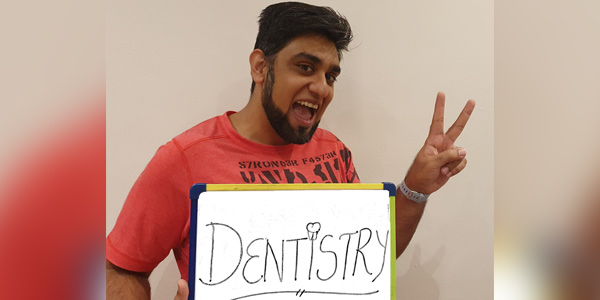
If you think that macaroni, spaghetti and lego blocks only excite preschoolers then you’d be shocked to discover that these also stimulate university students.

The South African Quantum Technology Initiative (SA QuTI) aims to drive local quantum technology research and innovation.
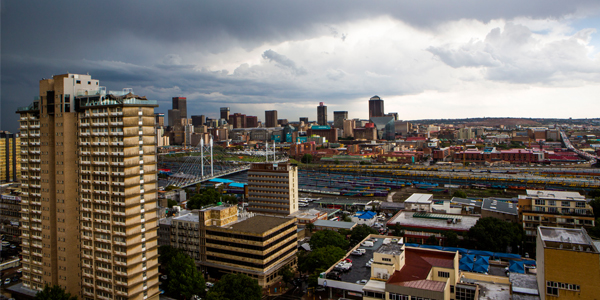
There is no doubt about the enormous scale of the shocks South Africa has experienced over 2020-21.

Thanks to the collaborative efforts, the large-scale manufacturing of mRNA drug products is becoming a reality.
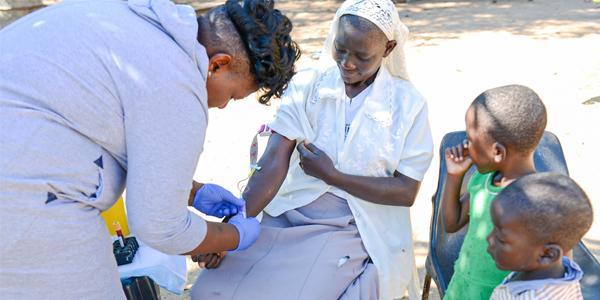
It’s South African Kidney Awareness Week from 6-10 September and the ARK Consortium has begun a unique African study.
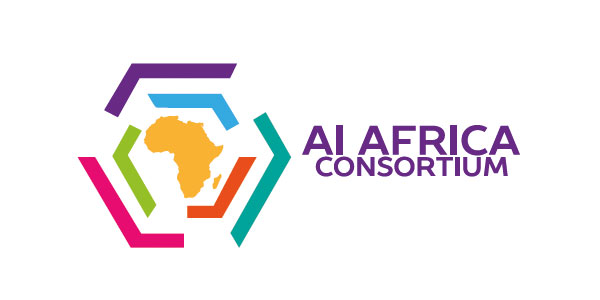
The AI Africa Consortium partners with Cirrus AI to bring large-scale AI infrastructure capacity and expertise to the African research community and industry.
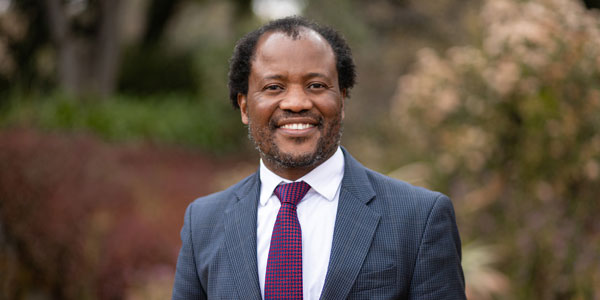
This article has been published in the print and online edition of the Daily Maverick.

Wits staff and students can now get their Covid-19 vaccine at the Netcare site on campus.
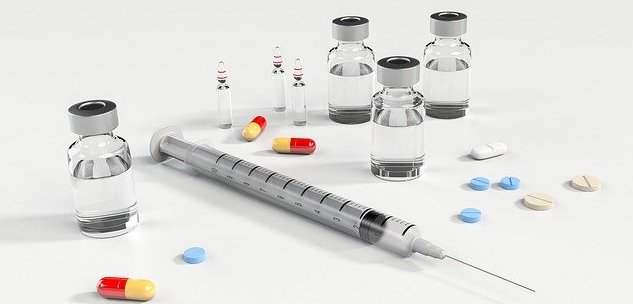

We are being cautious about the implications for vaccine efficacy and transmissibility while we gather more data to understand this lineage.
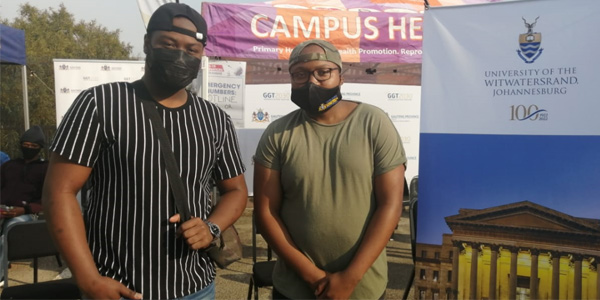
Wits students who got the Covid-19 vaccine jab at the SABC vaccination site on Thursday morning say they chose to place their trust in Wits and science.
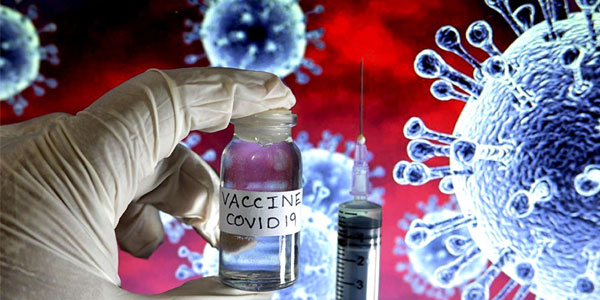
Wits staff and students can now get their Covid-19 vaccine at the SABC vaccination site in Auckland Park.
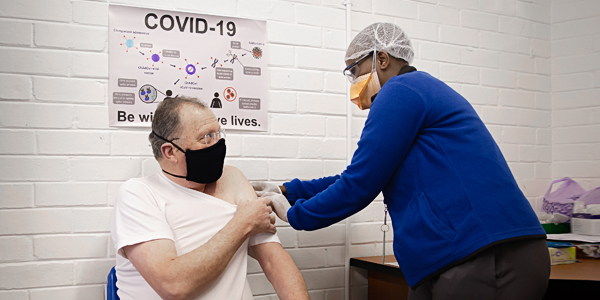
Wits staff and students who are 18 years and older can now get their Covid-19 vaccine at the Liberty vaccination site in Braamfontein.
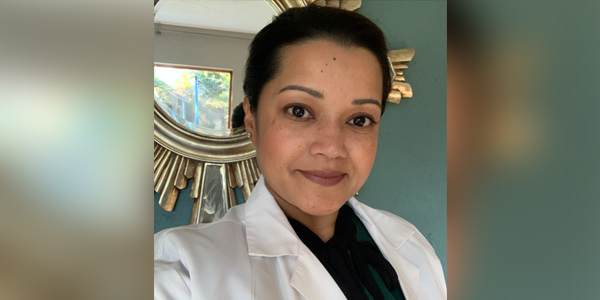
Pregnant women who have tested positive for Covid-19 require a different approach.

This is the first time evidence has been available from a national sample and illuminates the health and complex life experiences of these vulnerable women.
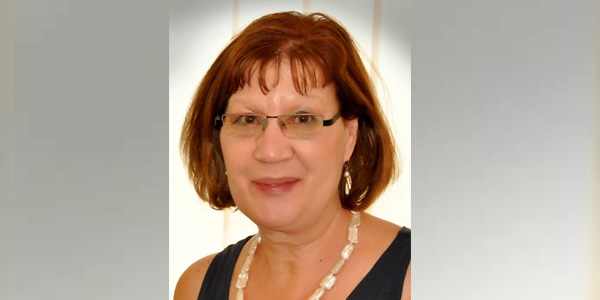
There is no question that without the PPE training, the virus would have spread more rapidly in the hospital where students and staff were placed.

What might happen in South Africa?

Our cutting-edge research offers #Solutions to some of the most challenging problems facing society today.

Editorial: From solutions to the structural, political, and socioeconomic challenges in South Africa, to those ‘moonshot moments’ that advance society for good.

We need to rethink higher education by asking what kind of society we want to create.

South Africa’s infrastructure seems to be falling apart at the seams. What needs to be done to save the country from further deterioration?
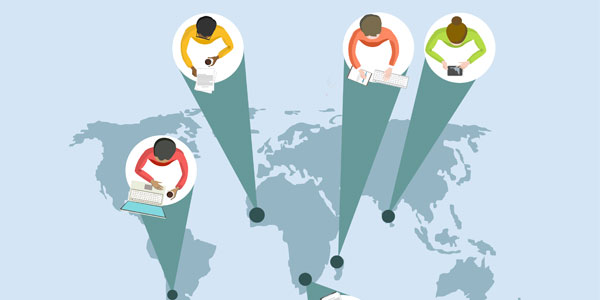
Can online platforms help therapists and tutors transform teaching and care beyond the pandemic?
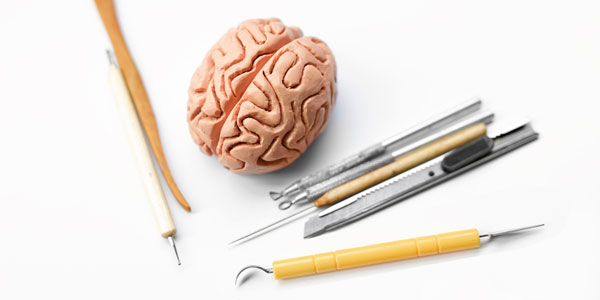
The connections among areas of our brain and how they interact is what counts when trying to find solutions to problems.
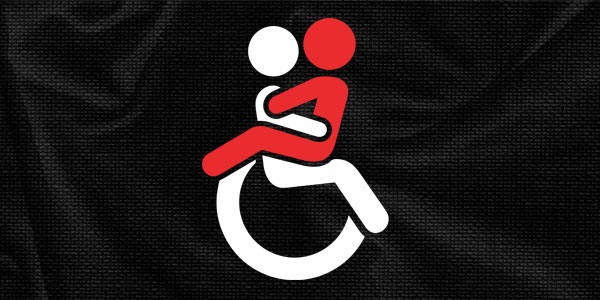
Wits researchers are creating the space and support for people with disabilities to talk about sex.

Breaking down the perceptual barriers between students and people living with disabilities.

Academia binds the public and private healthcare sectors in the move towards universal healthcare .

In drug repurposing new uses are identified for a drug outside of its original scope of indication, resulting in more effective treatment.
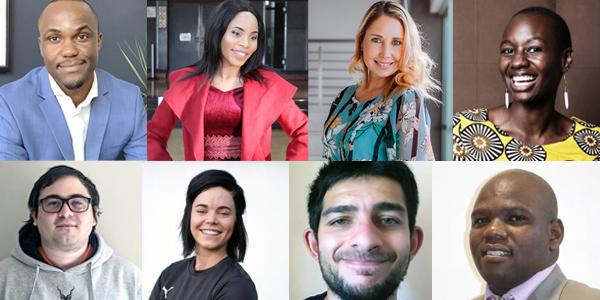
The Wits Senior Executive Team hail Witsies in the 2021 Mail & Guardian Top 200 for making a positive impact in society.

When politicians and others speak about herd immunity, unfortunately, they are under the misconception that the current tools that we’ve got are adequate.

The circulation of misinformation about the Covid-19 vaccine poses the danger of hampering the government’s efforts to control the pandemic.

Failure to ensure access for all to prevention and treatment, including vaccines, undermines national responses to Covid-19.
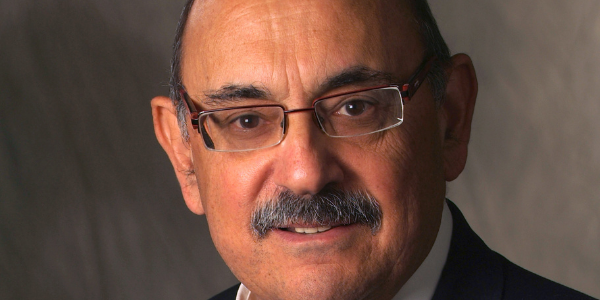
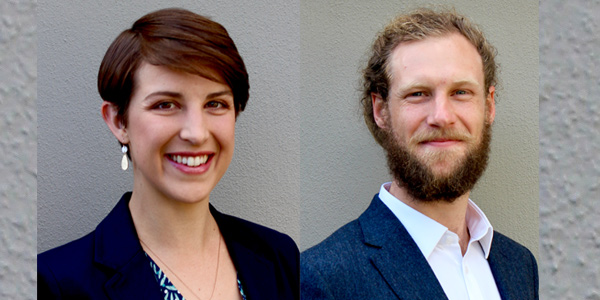
The Wits Heroes Series celebrates staff members who went beyond the call of duty at the onset of Covid-19 in 2020.

We call on Acting Health Minister Mmamoloko Kubayi to do the right thing to ensure the Covid-19 vaccination programme is inclusive.

We are likely to keep being hit by further waves of this virus until at least all adults have immunity.
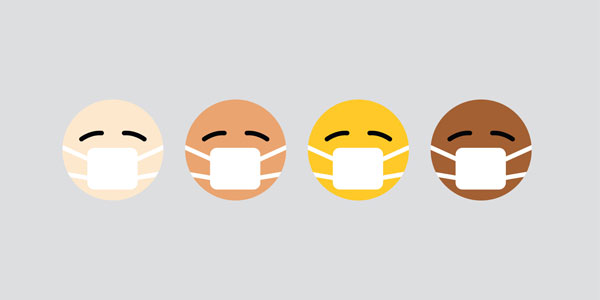
Schools are not driving the COVID-19 pandemic and can safely remain open provided people stick to the non-pharmaceutical interventions for COVID-19 prevention.
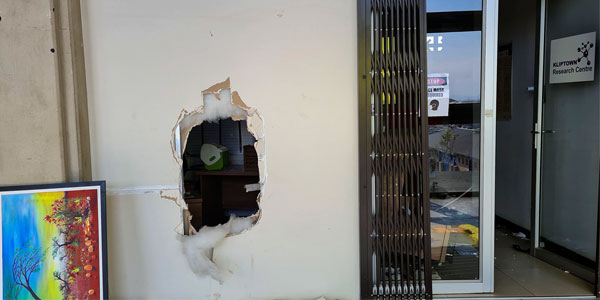
Despite the critical role of the PHRU as part of the national and international Covid-19 response team, it was not spared during the recent unrest.
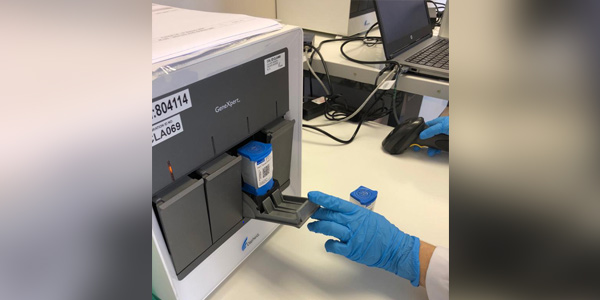
BCG remains the only widely available vaccine for TB but the COVID-19 vaccine shows that there is capacity to rapidly create new vaccines.
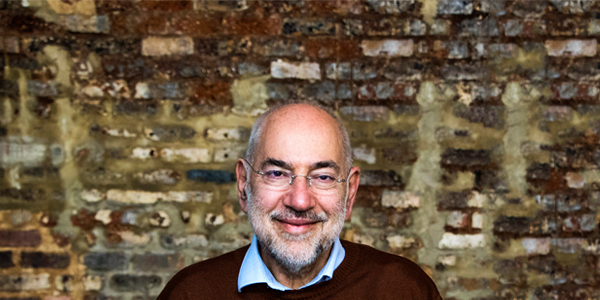
Professor Barry Dwolatzky has been contracted as Director of Innovation Strategy.
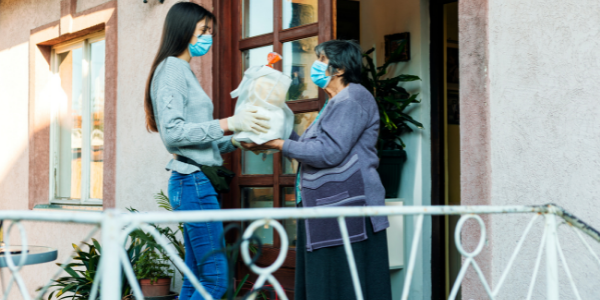
Researchers from the Wits Faculty of Health Sciences and Wits Health Consortium recently pledged R1m to the Gift of the Givers in support of their aid efforts.
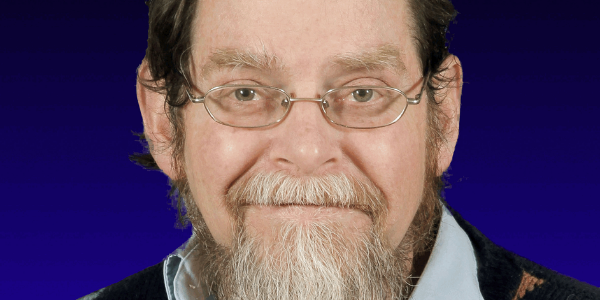
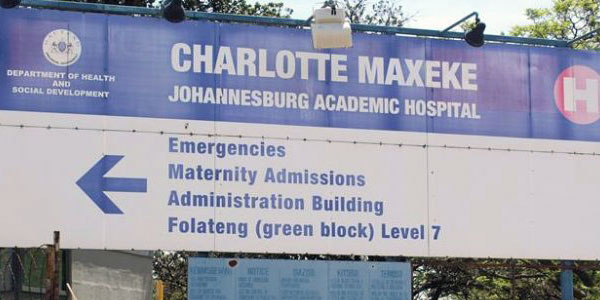
South Africa is quite capable of delivering world-class healthcare to all its citizens. But this is constantly being hampered.
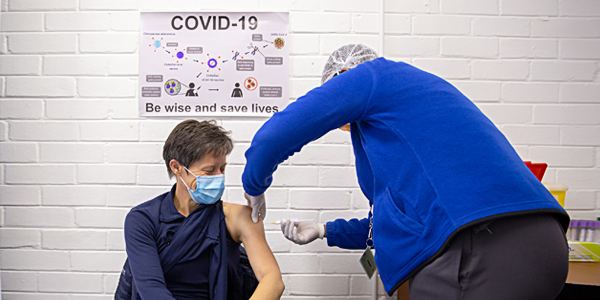
South Africa has clearly suffered the consequences of poor strategic decisions to this point. It doesn't need to continue along these lines.

Pasha 113: The Covid-19 resurgence in South Africa is likely to take a heavy toll. It is important for vaccination efforts to be ramped up.
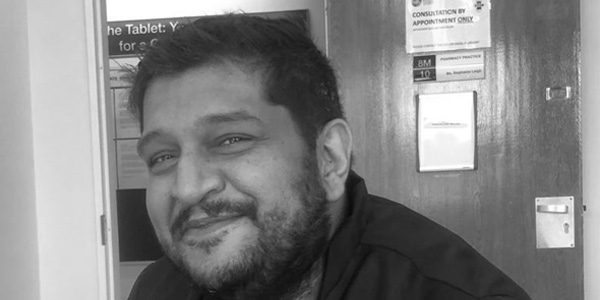
Initiatives such as the pharmacy set up in the Holy Trinity Church ensured that the homeless and elderly receive healthcare and essentials during lockdown.

South Africa didn't engage early enough with pharmaceutical companies in bilateral discussions to ensure it could get vaccines early.
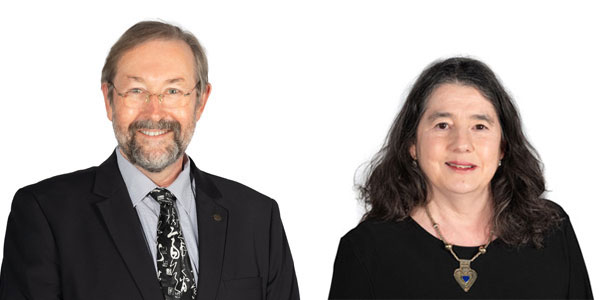
Professor Ruksana Osman has been appointed as Senior DVC: Academic and Professor Ian Jandrell as DVC: Systems and Operations.
It is an essential part of the national science system and it must be protected to perform its regulatory work.
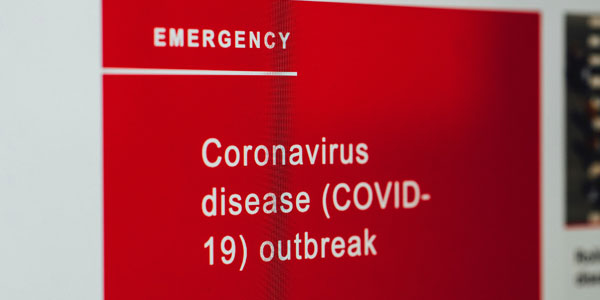
Despite the predictability of the resurgence, unfortunately, Gauteng health facilities are seemingly underprepared to deal with the spike of Covid-19 cases.
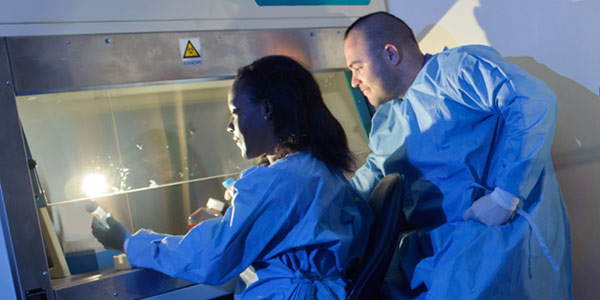
Pasha 111: It is crucial to improve research training in Africa. This can help solve complex issues on the continent.
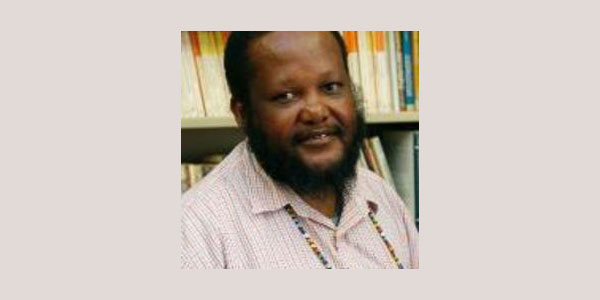
Award-winning screenwriter and producer, literary critic, a towering intellectual and generous mentor.

The JCSE-IITPSA Skills Survey assesses skills demand and supply from both a corporate and practitioner perspective.
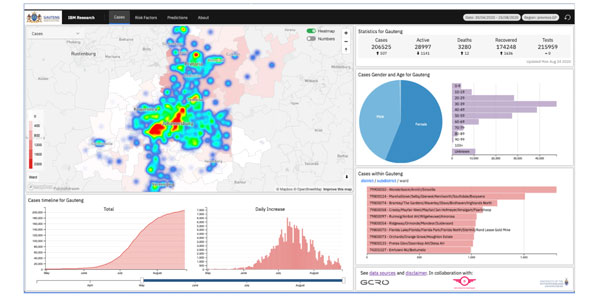
No more pandemics—this is the ambitious goal set by the Independent Panel for Pandemic Preparedness and Response

The third wave of the coronavirus has started in Gauteng and is rapidly gaining momentum as we head into the winter season.

Community leaders and outreach community workers are calling on education to enhance their understanding of Covid-19.
.png)
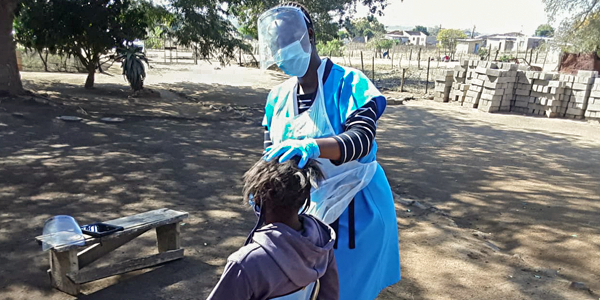
A new study has found a high burden of influenza in a rural and an urban setting in SA, where asymptomatic people – particularly children – transmit this virus.

A ban on sugary drinks sale and advertisements in schools is likely to hold more promise in improving the diets of children and help prevent obesity.
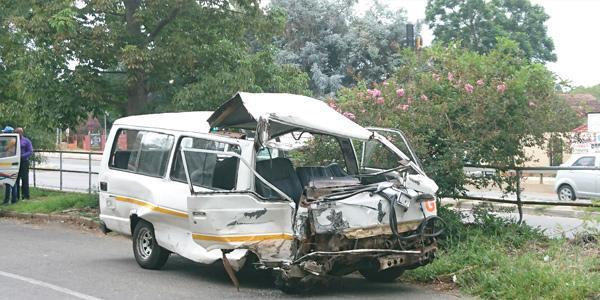
It's Global Road Safety Week from 17-23 May. Research by a bioethicist challenges assumptions about road safety, minibus taxi crashes, and who's responsible.
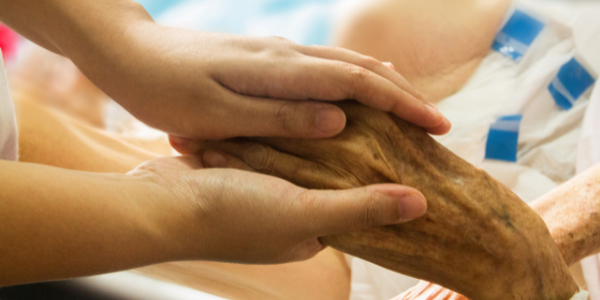
Nurses are the backbone of our health care system, and selfless in their service to patients and our students.
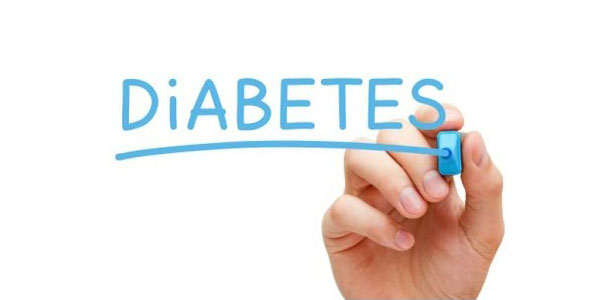
Present evidence showing that food policies are necessary to curb rising rates of diet-related diseases.
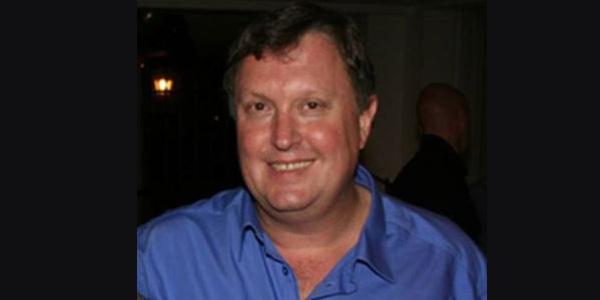
Professor Paul Ruff received the 2020 A.G. Oettlé Memorial medal from CANSA in recognition of his outstanding contributions to cancer research.

Governments must take urgent action to prevent noncommunicable diseases from becoming an uncontrollable epidemic in sub-Saharan Africa.

Without reliable, local and timely data, countries will miss the potential of sugar-sweetened beverage taxation as a public health intervention.

Implementing a sugar-sweetened beverage tax in all African countries will require sufficient political will and support from civil society.
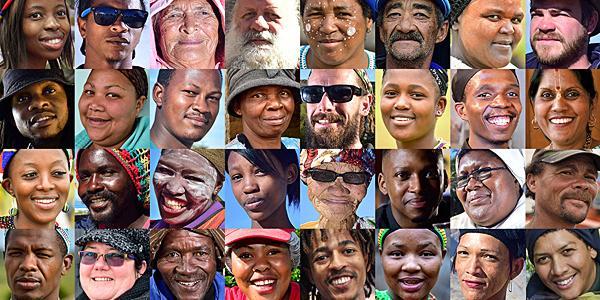
A new study challenges the presumption that all South-Eastern-Bantu speaking groups are a single genetic entity.

A study by PRICELESS-SA and partners shows that SA’s 2018 “sugar tax” led to a reduction in purchases of sugar sweetened beverages (SSBs).
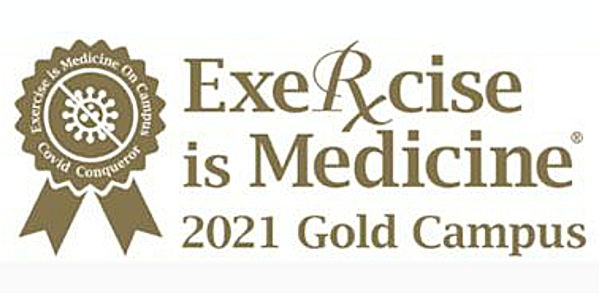
Exercise is Medicine® On Campus (EIM-OC) awarded Wits gold level designation for the Centre's efforts to create a culture of wellness on campus.
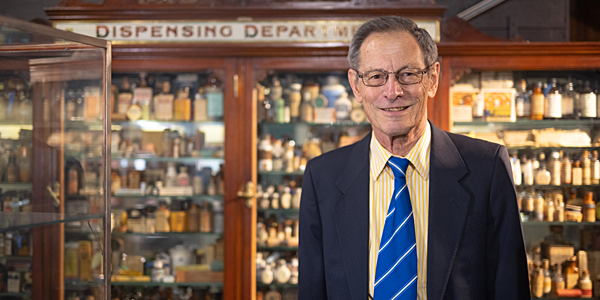
The Endocrine Society in Washington, D.C. has named Wits Professor Roy Shires as the recipient of the 2020 International Excellence in Endocrinology Award.
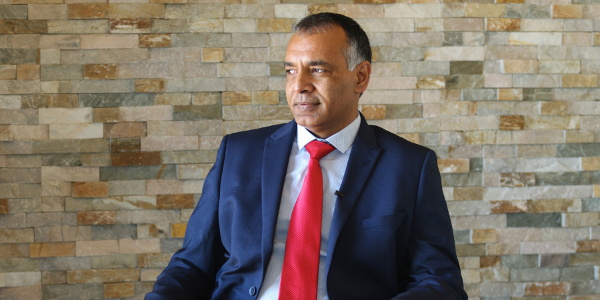
The Dean welcomes first-year and new students to the Faculty of Health Sciences in a virtual Welcome Day ceremony.

Scientific evidence shows specialised features in the large brains of whales and dolphins that are adapted for heat production.

The Antiviral Gene Therapy Research Unit via Wits Enterprise has partnered with Biovac to develop the skills capacity to produce viral vectored vaccines in SA.
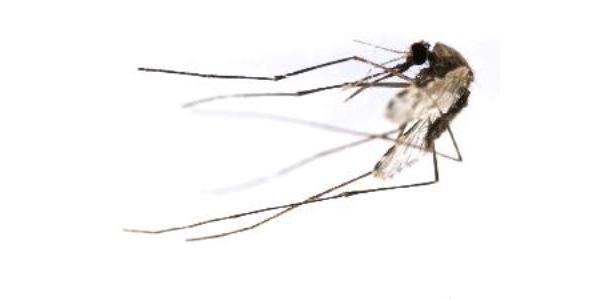
A study by Wits scientists and partners has proved that a targeted malaria transmission prevention intervention is not inferior to the 'blanket' approach.
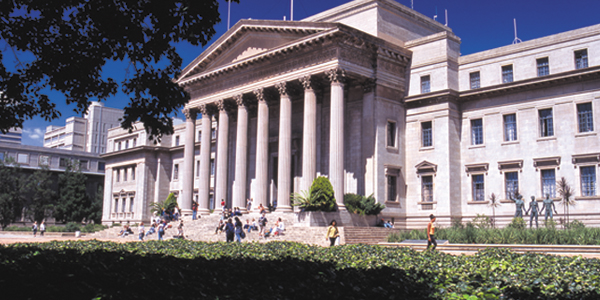
Tertiary education often carries societal benefits that far outweigh the initial investments necessary to establish a strong and productive system.

Professor Zeblon Vilakazi, Vice-Chancellor and Principal, shares three core areas that Wits will maintain as the University transitions into its next century.
.jpg)
The Wits Faculty of Health Sciences welcomes its newly appointed Assistant Dean: Teaching, Learning and Undergraduate Affairs.

The Novavax vaccine is the first that provides objective scientific evidence that it can protect people against the variant virus circulating in South Africa.
All University entities are required to be fully operational as from 1 February 2021.

Update on the return to campus of staff members.

Clinical efficacy demonstrated in Phase 2b South Africa trial.

The pandemic demands a relook of how we connect with each other and the world.
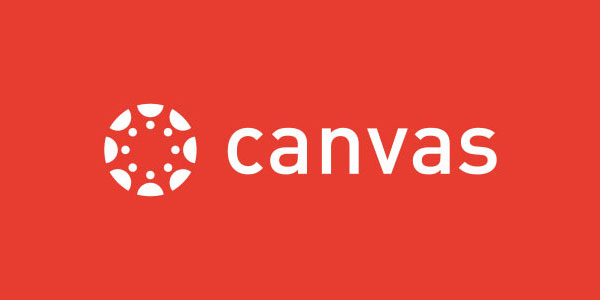
CANVAS, a modern, stable Learning Management System (LMS).

South Africa has the legal tools to challenge the vaccine nationalism of rich countries.

Update on the latest Covid-19 testing and infection of staff and students.

It will take 67% of the population to be vaccinated to reach herd immunity; here is how those still reluctant can be persuaded to join in.

Implications for the (mis)management of Covid-19 in South Africa.
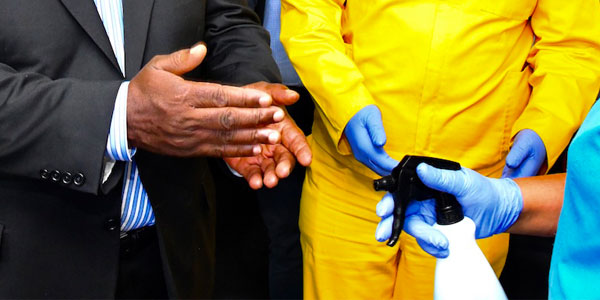
African leaders can make strategies to fight COVID-19 more accessible to the people.

Update on the latest Covid-19 testing and infection of staff and students.
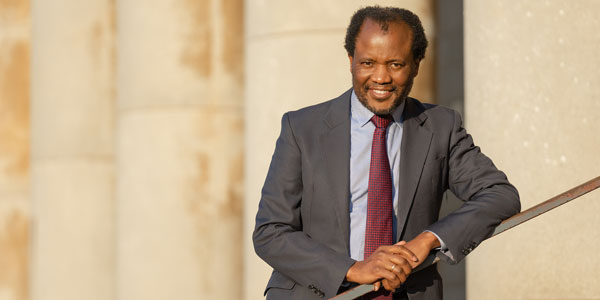
Professor Vilakazi assumed office on 1 January 2021 and looks forward to stewarding the University in his capacity as the Vice-Chancellor and Principal:

Critics of the South African government argue that it has done too little too late to secure vaccines, and that it doesn't have a proper roll-out plan in place.

Pasha 91: Blunders that left South Africa trailing in the vaccine stakes
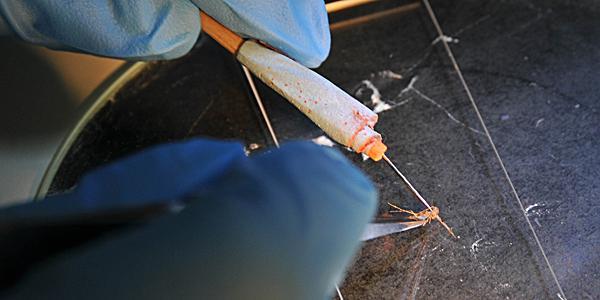
Wits scientists and local and global partners have artificially infected mosquitoes with human malaria and identified a new chemical compound to treat malaria.
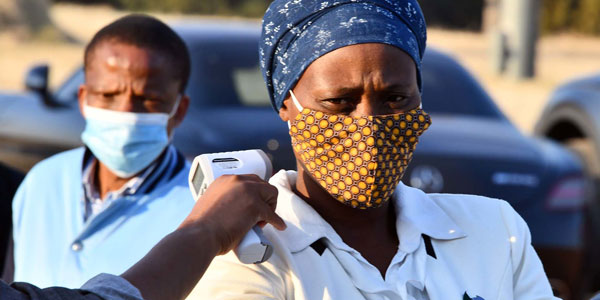
Drones, dinghies and an army helicopter - the new toys are diverting resources, and diverting attention.

This article examines and estimates the financial implications of a vaccine strategy with a goal of achieving herd immunity.

It is distressing to hear senior officials increasingly talking down the prospects for the availability and usefulness of Covid-19 vaccines in South Africa.

Implications of adjusted Level 3 regulations for staff and students.

Beyond the pandemic and possibilities for new knowledge architectures.

What are the urgent steps that South Africans need to take to prepare for a timeous life-saving roll out of vaccines?
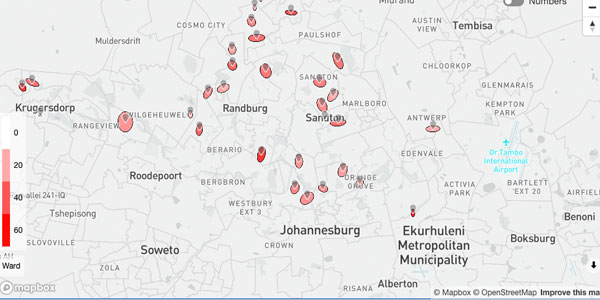
Gauteng Government, IBM Research and Wits University are fighting the pandemic with artificial intelligence.

Update on the latest Covid-19 testing and infection of staff and students.

Wits University has taken all graduation ceremonies online, following the President’s announcement on Monday night.
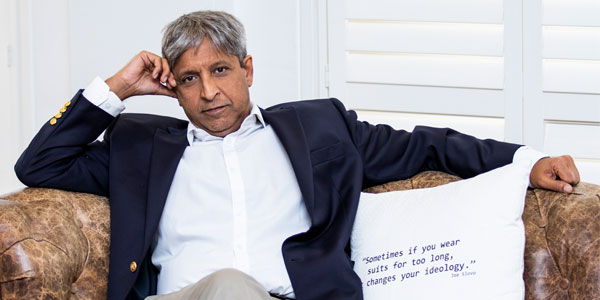
Vice-Chancellor and Principal, Professor Adam Habib, will leave Wits University at the end of December 2020.

Update on the latest Covid-19 testing and infection of staff and students.
-members,-Linah-Sesheba,-Dr-Zena-Richards,-Daniel-Chosi-and-Arthee-Roopnarain_600x300.jpg)
Professor Adam Habib, Wits Vice-Chancellor and Principal conferred awards to exceptional staff members at the University.

How can you trust what you are told about Covid-19?

Update on the latest Covid-19 testing and infection of staff and students.
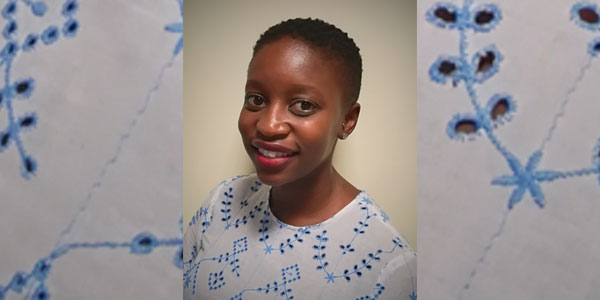
Unique insights from an inspiring cohort of women in South Africa.

To focus purely on combating one pandemic, the effects of other morbidity and mortality on healthcare systems will be seen for a long time to come.
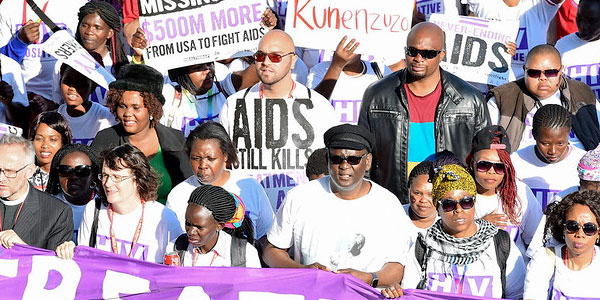
Care for patients with more than one disease is fragmented and uncoordinated. This is can cost patients time, effort and lost wages.

Update on the latest Covid-19 testing and infection of staff and students.
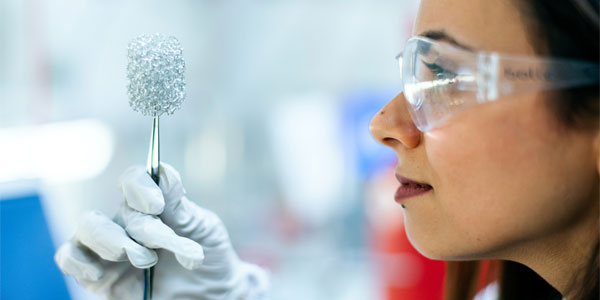
Register for postgraduate study at Wits University and be part of the future of exciting possibilities.
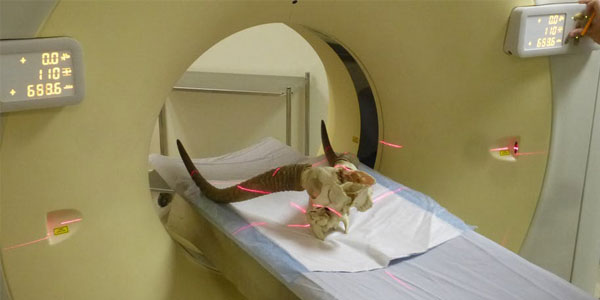
Scientists disprove the theory about animals’ ear canals and posture.

Update on the latest Covid-19 testing and infection of staff and students.

Following President Cyril Ramaphosa's address.

Update on the latest Covid-19 testing and infection of staff and students.
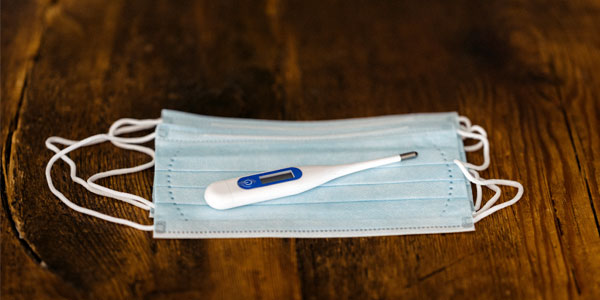
South Africa is testing digital technology to detect outbreaks of respiratory diseases.

Quality assurance entities are immobilising the system and hindering the ability of more students to access online education.

Wits researchers develop solution to improve accuracy and safety of Covid-19 testing.

Update on the latest Covid-19 testing and infection of staff and students.

Wits geneticists and partners publish groundbreaking study that informs African population history, environmental adaptation, and susceptibility to disease.
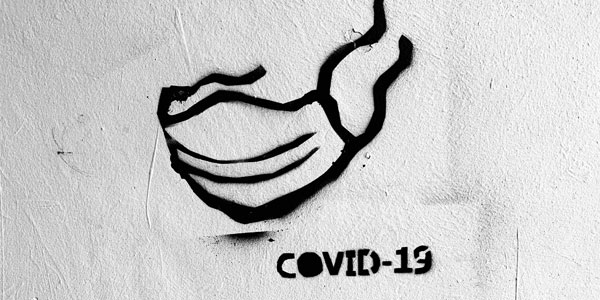
Covid-19: When and how South Africa should try to prevent or mitigate it.

Update on the latest Covid-19 testing and infection of staff and students.

It is key to continue high-impact non-pharmaceutical interventions that will not impede economic activity, but limit the spread of COVID-19.
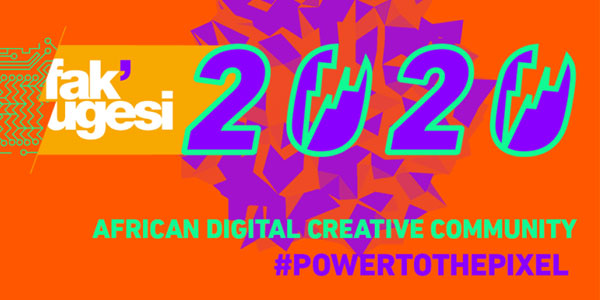
The 2020 Fak’ugesi African Digital Innovation Festival will run for one month from 20 October to 20 November 2020.
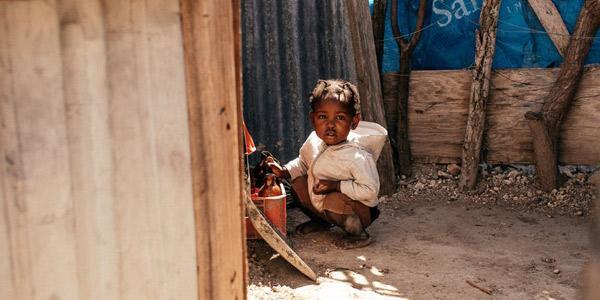
Wits Health Consortium divisions - PRICELESS-SA, Agincourt and Ezintsha - secure grant in association with Harvard T.H. Chan School of Public Health.

Latest update on infections and university protocols.
, Zakhele Ndala (School of Chemistry) and Leigh Crymble (Wits Business School)_600x300.jpg)
Finalists at Wits’ first cross-faculty PhD Seminar kept judges and audiences on the edge.

Appeal to adhere to safety regulations and preventative protocols.

Answers to queries raised by organised labour and staff members.

The SA ADVANCE study of the potency and safety of SA's commonly used antiretroviral treatment regimens has published new safety data, especially on weight gain.
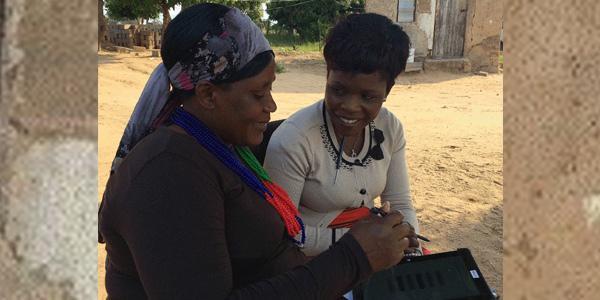
Socialising is essential for brain health in the elderly in rural South Africa – has lockdown affected their cognitive function?
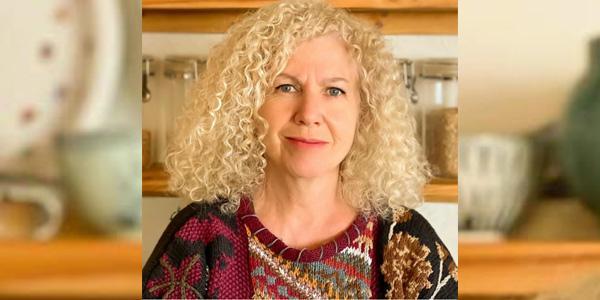
Wits Professor Kathleen Kahn has received the 2020 Alumni Award of Merit from the Harvard T.H. Chan School of Public Health in Boston, Massachusetts, U.S.A.

Emergency relief measures were operational for six months and are due to end soon. But the impacts of COVID-19 will be felt long after.
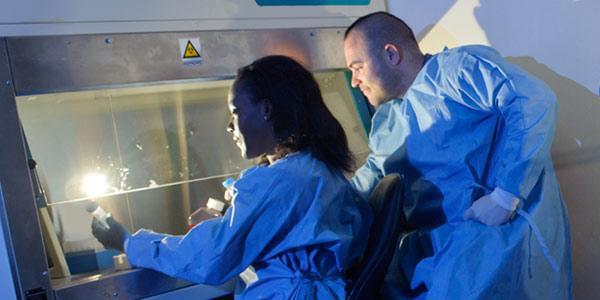
Wits Professor of Human Genetics Michèle Ramsay has contributed to the international report on Heritable Human Genome Editing released in the UK on 3 September.

Wits University has added a new course to its free, online WitsX/edX learning platform.

We welcome the news that South Africa will move to national lockdown level 1 from Monday, 21 September 2020.

A balancing act between scientific data and health and broader socioeconomic implications is needed when policymakers prioritise interventions and measures.

The experience of the Oxford vaccine and the measures put into place are not unusual. Many phase one and phase two clinical trials have holding rules.
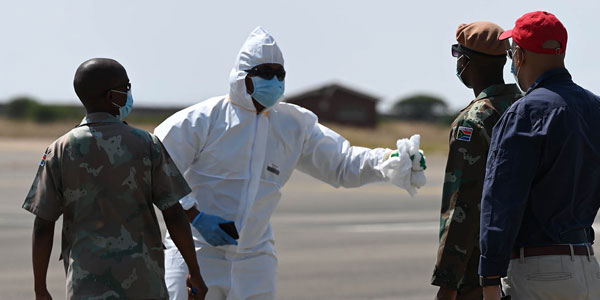
Pasha 80: Fighting the coronavirus can put severe strain on a person’s mental health.
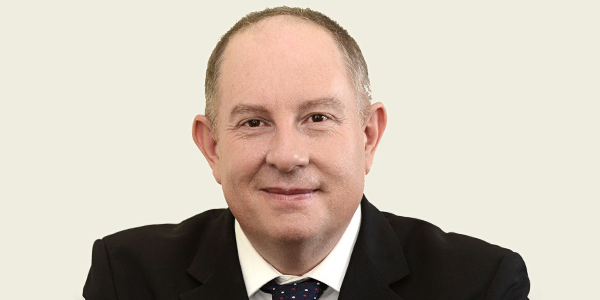
Professor Shane Norris has been elected as a Fellow of the African Academy of Sciences (AAS) for his work on the developmental origins of health and disease.
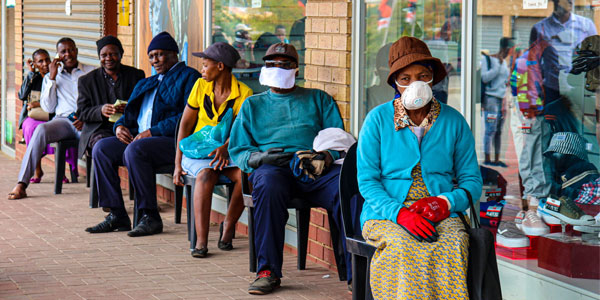
Wits postgraduate students in Medical Anthropology share the effects of living under lockdown amidst the global Covid-19 pandemic.

Pasha 78: Listen to Professor Shabir Madhi, explaining how the new vaccine trial will work
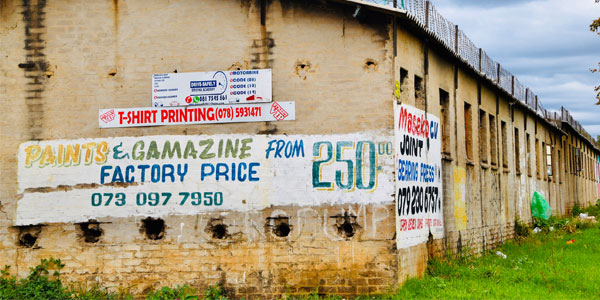
Poor populations bore a disproportionately higher burden of poor health.

SA should fire the current Cabinet and set up a national “emergency” one with the best talents in the country prevent it from plunging down the cliff.

When university resources are scarce, building and sustaining equitable research excellence should be paramount.

Wits is top of the class in the 2020 Academic Ranking of World Universities.

Three South African vice-chancellors paint a post-COVID picture for universities.
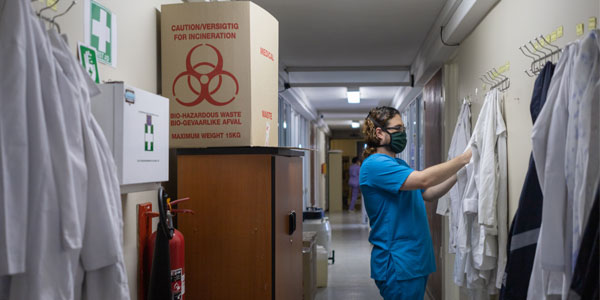
Women’s extended working days have become normalised, despite the adverse effects on their progression within the labour market and general well-being.
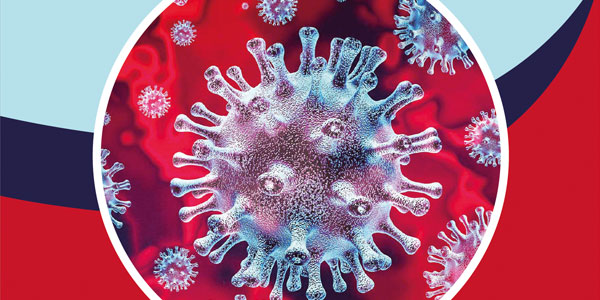
Special Report by the Wits School of Accounting on how companies should manage the Covid-19 pandemic.

The third in a series of expert advisories on how to respond to Covid-19 which will be published from time to time by Maverick Citizen.

This is the second of a series of Expert Advisories on how to respond to Covid-19 which will be published from time to time by Maverick Citizen.
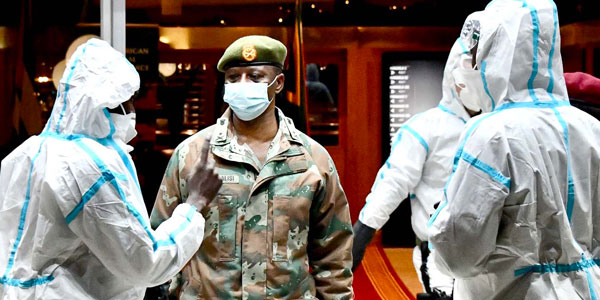
This is the first of a series of expert advisories on how to respond to Covid-19 which will be published from time to time by Maverick Citizen.
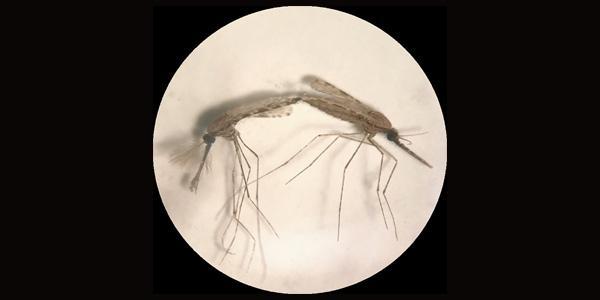
For the first time, scientists have identified male mosquito-specific pheromones that influence mating rituals.
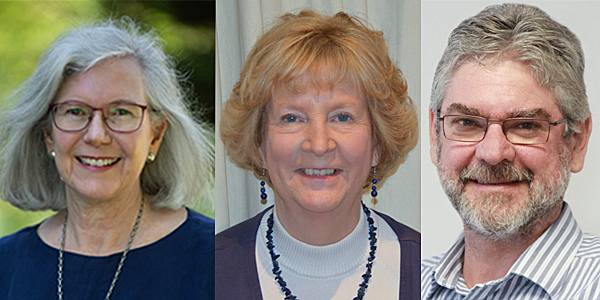
Three Witsies in human genetics, economic geology, and public health research data respectively have won National Science and Technology Forum (NSTF) awards.
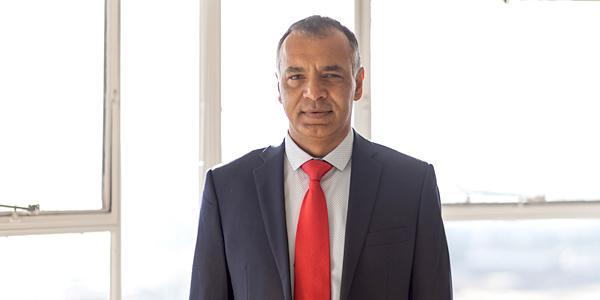
Immunising pregnant women with a potential vaccine against RSV could prevent the most common cause of pneumonia in their babies.
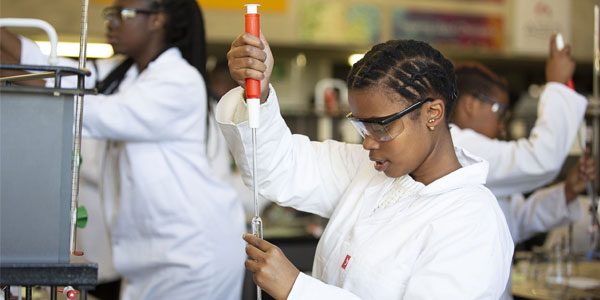
Investments are starting to help grow the African continent's science preparedness.
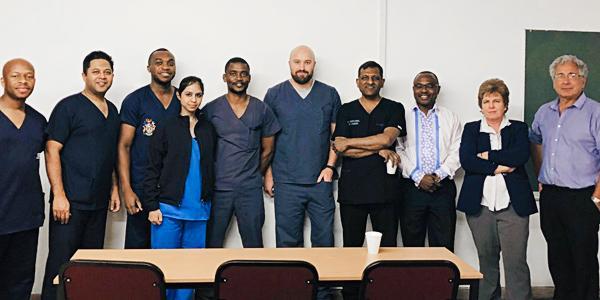
In August 2017 the first ever temporal bone surgical skills workshop took place at Wits University.

With the onset of the Coronavirus/Covid-19 pandemic, working and studying remotely have increased the risk of cybercrime.

The South African Population Research Infrastructure Network (SAPRIN) has launched two new urban research nodes to improve response to Covid-19.
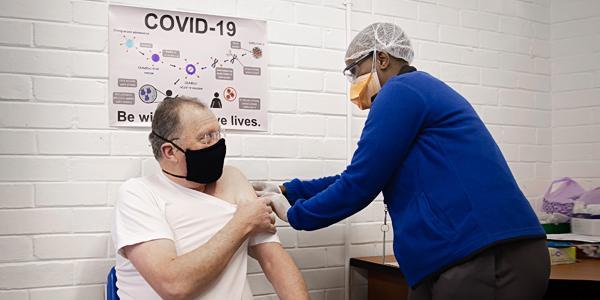
Senior clinicians in the Faculty of Health Sciences at Wits University have volunteered to participate in South Africa’s first Covid-19 vaccine trial.

Witsies, please take care, adhere to social distancing and follow Covid-19 protocols.

Not enough clinical research is being done in Africa. This has repercussions for when interventions become available and effective in high income countries.

Phased return of more academic, professional and support staff and students to campuses.
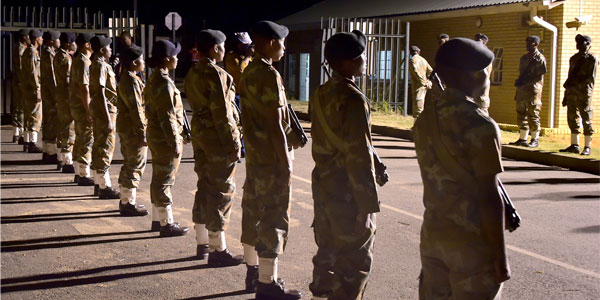
SA had to have a hard lockdown because we don’t trust our government. Little since has made us change our minds.

South Africa's public health system has been allocated R21.5 billion more to fight the Covid-19 pandemic but there's no strategy to guide how it should be used.

South Africa will have to prioritise new business, employment and growth based on the current and new domestic and global needs unleashed by Covid-19.

Understand the three things that can make the most difference to easing the lockdown and reopening South Africa with the least risk.
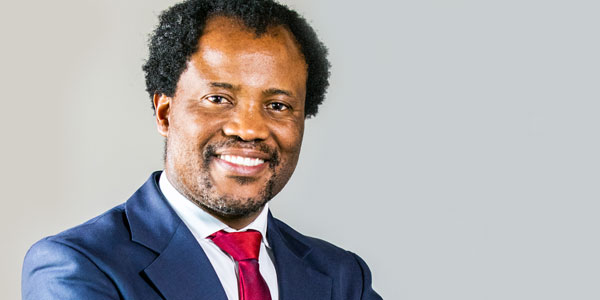
Professor Zeblon Vilakazi appointed as the Wits Vice-Chancellor and Principal from 1 January 2021

The first participants in South Africa's first clinical trial for a vaccine against Covid-19 will be vaccinated this week.
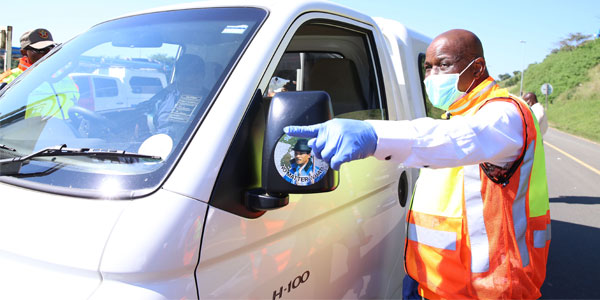
Testing and tracing has not been at a level needed to suppress the spread and must now focus on containing opportunities for super-spreading and transmissions.
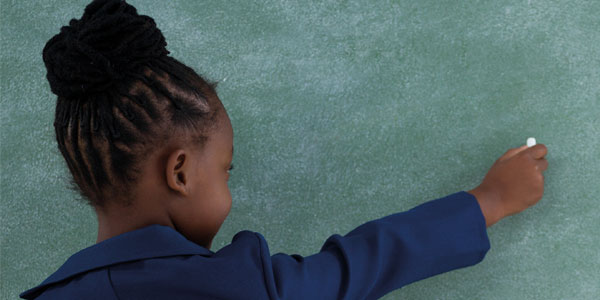
Government is steaming ahead with the reopening of schools. This is an overly hasty, ill-considered step for a number of reasons.

Detecting fever requires measuring core body temperature. Screening measures the body's surface temperature.

Students and staff members who have not already done so, must complete the student survey or staff survey before 8pm on Thursday, 11 June 2020.

By identifying the roots of global ills there's an opportunity for coordinated action as countries lay new pathways for a post-Covid world.

Pasha 66 - The Conversation Africa's podcast series focus on questions arising from the symptoms of people who have contracted the coronavirus.
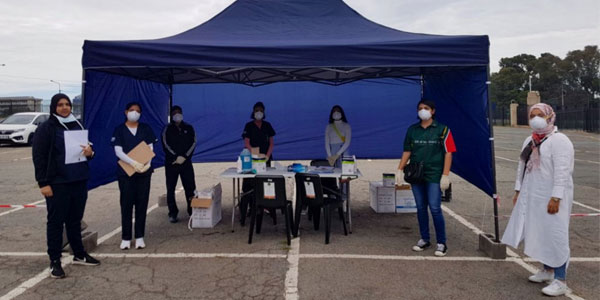
Self-screening form on the app is for staff members with permits to be on campus, and students who have been invited to return to campus only.
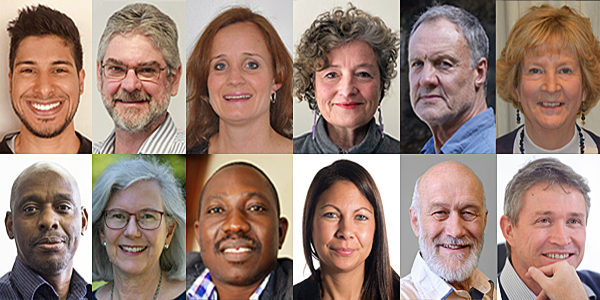
Twelve Wits scientists across disciplines have been nominated for NSTF-South 32 Research Awards, known as the 'Science Oscars', and eight are finalists.

Pasha 66 - The Conversation Africa's podcast series focus on "Coronavirus conspiracy theories and myths".

Africa needs to be better prepared to deal with future pandemics; starting with a re-assessment of how countries invest in – and support – local research.

New level 3 regulations mark an important strategic shift in the government’s approach to the coronavirus pandemic.
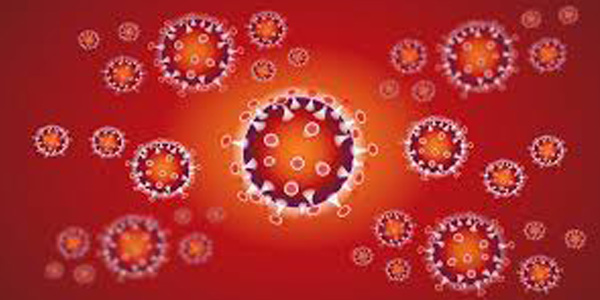
The testing backlog and proposed testing strategies outside hospital settings are threatening patient management and compromising health care workers’ safety.

The most profound change is the accelerated of way in which digital transformation and the Fourth Industrial Revolution have moved at warp speed.

New initiative provides students with data to access selected URLs through the Wits network.
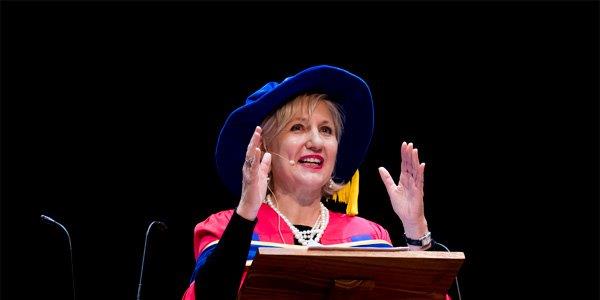
Statement of Support for Professor Glenda Gray and the Principle of Academic Freedom of Speech.

The four telecommunications companies agree to extend the provision of data to students for another 15 days.

Authorities around the world can do more to ensure that correct information and messages on the pandemic reach everybody.

South Africa should base its COVID-19 mitigation strategy on the premise that the pandemic will last for two years unless a vaccine is developed before then.
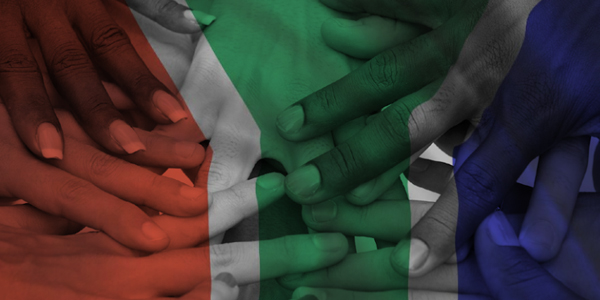
A reminder to all students and staff about Wits' mental health and wellbeing services that are available to you during the Covid-19 pandemic and lockdown.
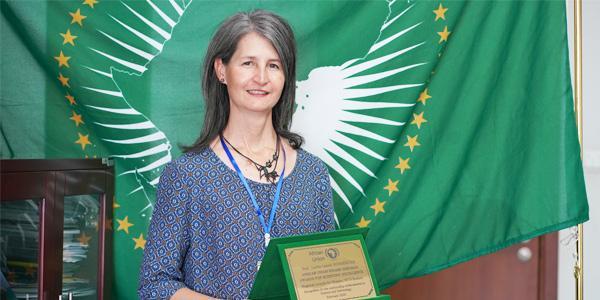
An entomologist in the Wits Research Institute for Malaria has received the African Union Kwame Nkrumah Award for Scientific Excellence.

Information pertaining to the screening of staff and students entering University campuses and premises.

The science to policy process that was developed to guide climate mitigation decisions can be applied to the response to the COVID-19 pandemic.
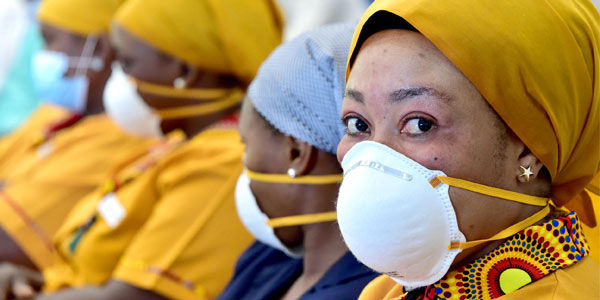
SA's response to the COVID-19 pandemic was one of 'intervene first and ask questions later'. Now is the time for government say what its strategic endgame is.

Early reports by the National Health Laboratory Service indicated that it had the capacity to do 30,000 tests a day. But capability to do so has not materialise
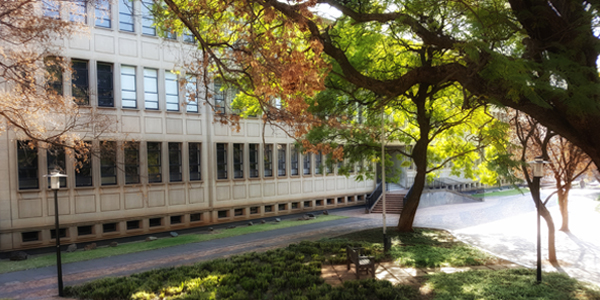
Final year medical students will return to Wits on Monday, 11 May 2020.

Wearing masks is being introduced in conjunction with maintaining a physical distance of at least 1.5 metres; following hygiene measures such as hand washing.

In this episode of The Conversation - Africa's podcast, Pasha, Wits bioethics researchers discuss the difficult decisions facing health professionals.

There are lessons for the health sector - the need for more coherent integration is undeniable.

COVID-19: There are lessons for the health sector - the need for more coherent integration is undeniable.
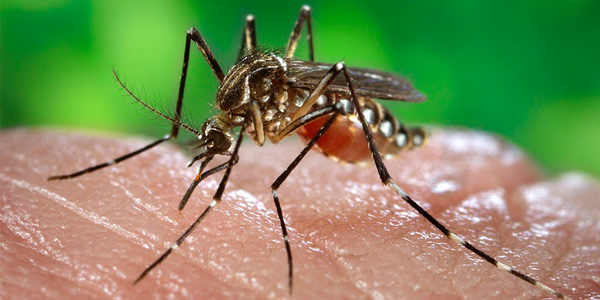
Wits scientists along with Namibian, UK and US partners have shown how the smart application of existing interventions can reduce the transmission of malaria.

Given the protracted nature of the risk posed by the COVID-19, this paper seeks to address the need to match health prevention and a viable economy.
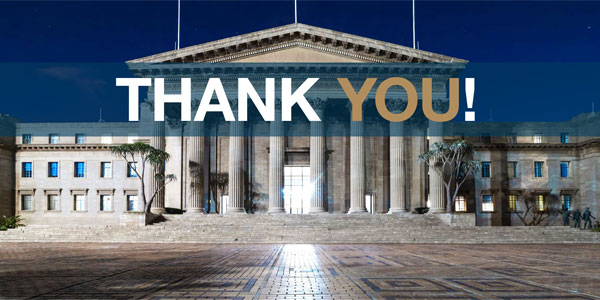
These Wits heroes represent just a fraction of the clinical, academic, professional and administrative staff, alumni and students responding to this disaster.

South Africa cannot afford to embark on a strategy of extended periodic lockdowns. It needs to shift to mass testing and contact tracing.
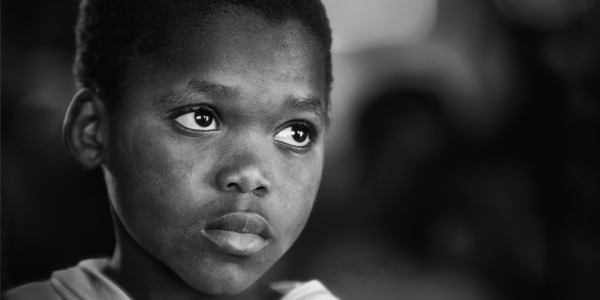
South Africa could lose many children due to a measles outbreak which is completely preventable.
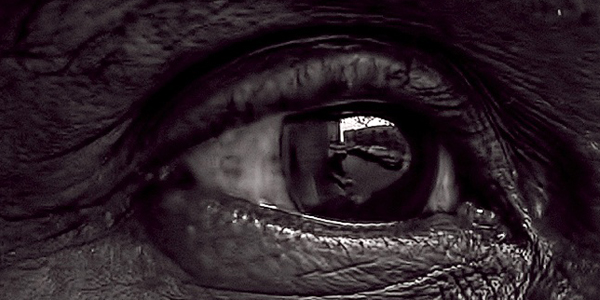
Knowing genetic associations in specific populations will make it possible to focus prevention and treatment.

Accessible & affordable medicine: We cannot wait for treatments to be available in high-income countries in order to negotiate prices for the rest of the world.
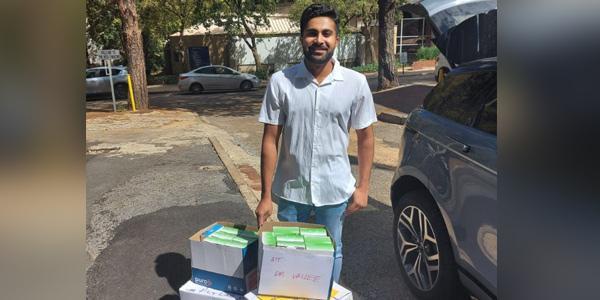
The Wits School of Molecular and Cell Biology has donated medical gloves for frontline healthcare workers at Chris Hani Baragwanath Hospital in Soweto.

The Wits School of Molecular and Cell Biology has donated medical gloves for frontline healthcare workers at Chris Hani Baragwanath Hospital in Soweto.

Amongst the best in their fields, Wits experts are at the frontlines and behind-the-scenes against COVID-19, the respiratory disease caused by the coronavirus.

Wits University has just been informed that the medical student who has been quarantined since last Wednesday has tested positive for the coronavirus (COVID-19)

Wits University has just been informed that the medical student who has been quarantined since last Wednesday has tested positive for the coronavirus (COVID-19)
Wits acts swiftly to manage student who came in contact with COVID-19 carrier.
Wits acts swiftly to manage student who came in contact with COVID-19 carrier.
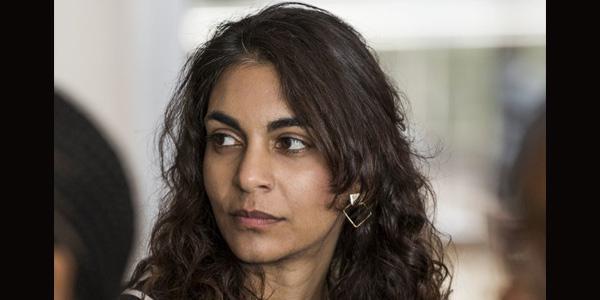
Shehnaz Munshi in the Centre for Health Policy at Wits believes we need to start grappling with the multi-dimensional nature of inequality in public health.
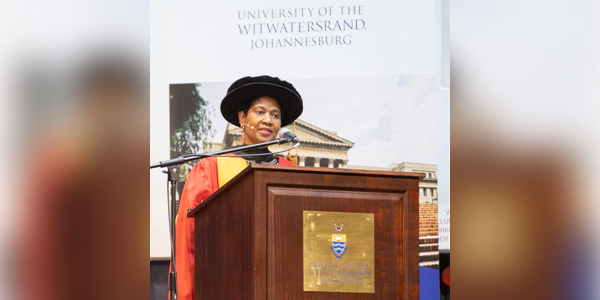
Wits University has conferred an honorary doctorate in literature on Dr Phumzile Mlambo-Ngcuka, Executive Director of UN Women.
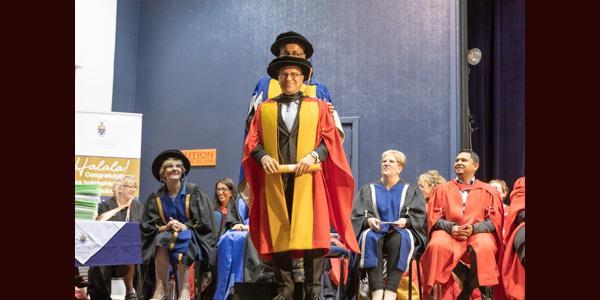
Wits awarded an honorary degree to Stavros Nicolaou of Aspen for his role in enabling access to antiretrovirals for HIV during the height of the pandemic.

A Wits-led pilot study in Soweto has shown that minimally invasive tissue sampling (MITS) can accurately determine cause of stillbirth in South African women.
-600x300.jpg)
Teen girls in South Africa face an extraordinary threat of HIV. Addressing teens' mental health needs may help stem spread of the disease.
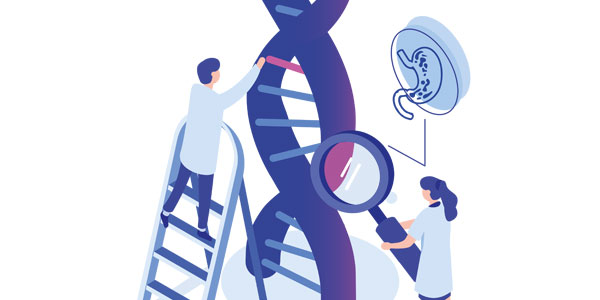
Gene therapy – there is a long road ahead to mainstream techniques and ensure that the technology is cost-effective.
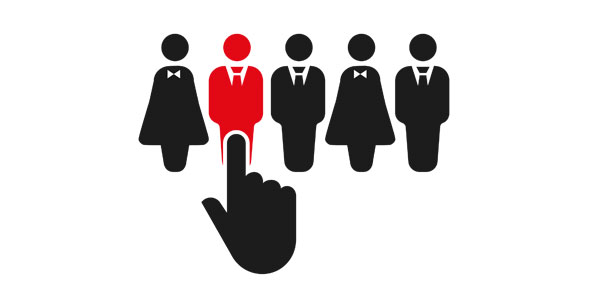
A new generation of apps could soon help health professions to decode the causes of death, and predict the likelihood of dying.
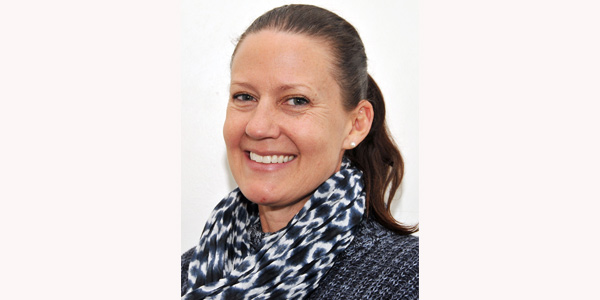
A lecturer in the Department of Human Genetics in the School of Pathology, Dr Robyn Kerr has a strong focus on teaching and research.

Wits academic Michael Lucas took top honours at the International Conference on Prevention and Infection Control in Switzerland, 10-13 September 2019.
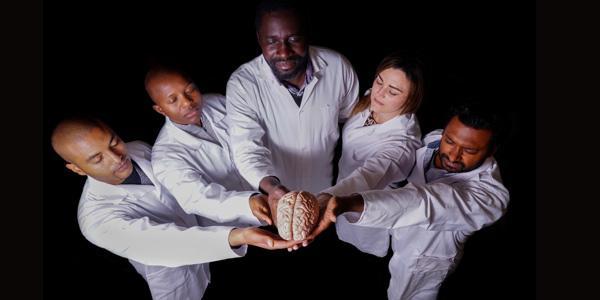
The body donation programme in the School of Anatomical Sciences is the foundation of educating future medical researchers and healthcare professionals in SA.
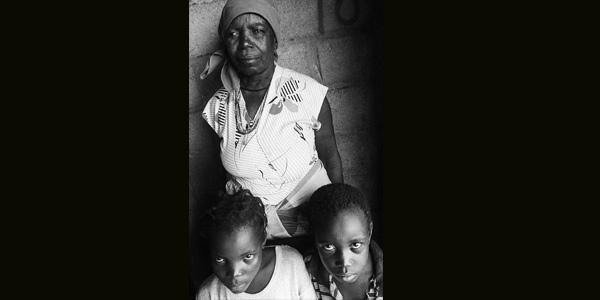
We begin to age the moment we are born and an ageing population in Africa has profound implications for people and public health, well-being and productivity.
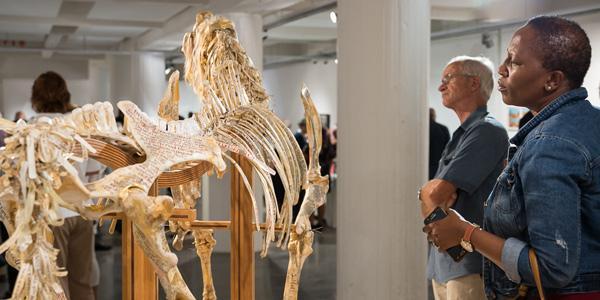
Since 2012, WAM has been driving educational innovations that demonstrate the relevance of art collections for teaching and learning across disciplines.
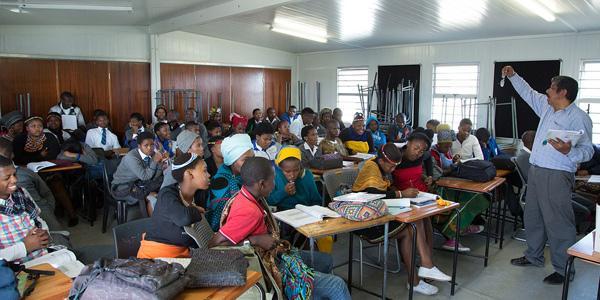
A Wits scientist has identified how climate change affects the capacity of adolescents to learn equitably in different environments.

Young, driven and vibrant Sanelisiwe Thinasonke Duze is an associate researcher in the Wits Department of Clinical Microbiology and Infectious Diseases (CMID).

The Wits School of Anatomical Sciences hosts an exhibition at Maropeng from 23 September to 5 October 2019 in honour of the School's centenary.
Statement from the office of the Vice-Chancellor and Principal
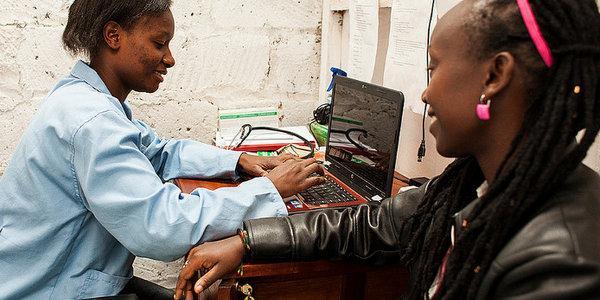
The National Health Insurance as a funding mechanism will have to select what it covers and what it does not. A Health Technology Assessment could help decide.
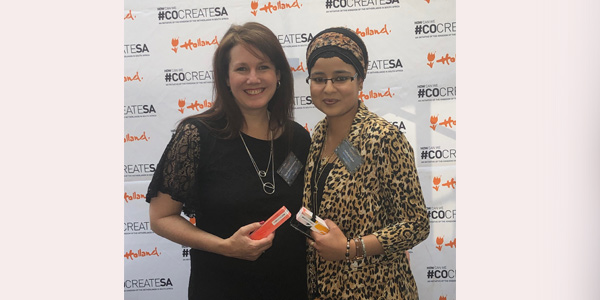
Women’s Month ends on a high note as two female academics make it to the 2019 #InspiringFiftySA list.
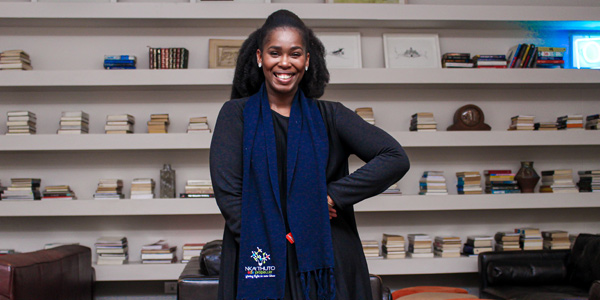
Young, passionate and dynamic Wits lecturer, Thulile Khanyile is determined to conduct research that will have a social impact.
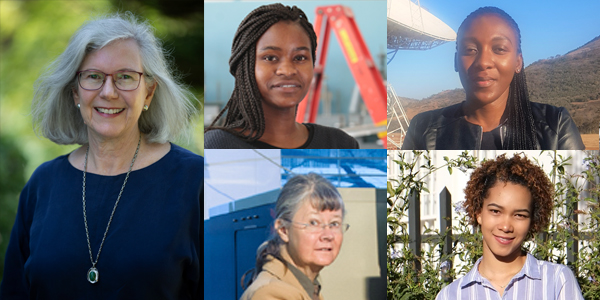
Female Wits academics and students were recognised at the annual South African Women in Science Awards.
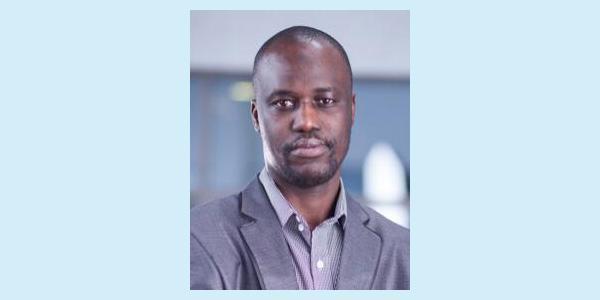
A Wits alumnus and CARTA Fellow has been appointed as the inaugural director of the African Population and Health Research Center West Africa regional office.
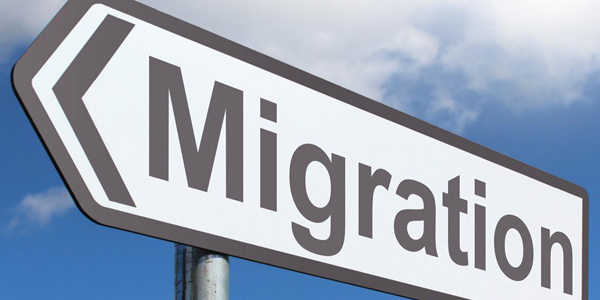
Seven years ago the United Nations (UN) endorsed universal health coverage as key to sustainable development and global security.

The Wits Reproductive Health and HIV Institute and partners have presented evidence for a shift to dolutegravir-containing antiretroviral treatment in SA.

Students in the School of Therapeutic Sciences and the School of Education at Wits competed to build a world in online game, Minecraft.
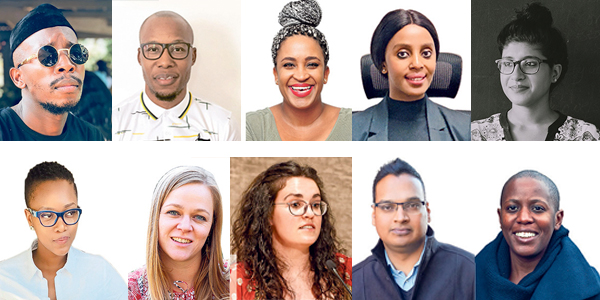
Over 40 Wits alumni, students and staff members were included in the 2019 Mail and Guardian Top 200 supplement.
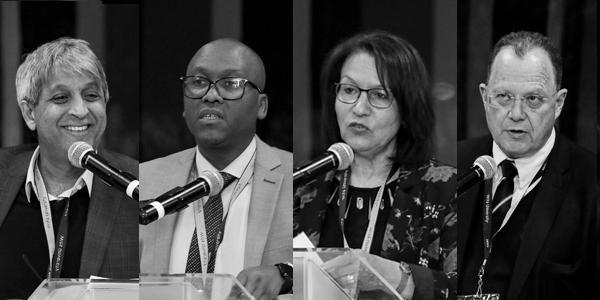
Birthdays are milestones and the health sciences at Wits celebrated a significant one on 1 July when it marked 100 years of teaching excellence.
Wits researchers have contributed to a Lancet series on gender equality, norms and health, which was launched on 10 June 2019.
The Evidence for Contraceptive Options and HIV Outcomes study compared HIV acquisition risk among women given the injection, intrauterine device, or implant.
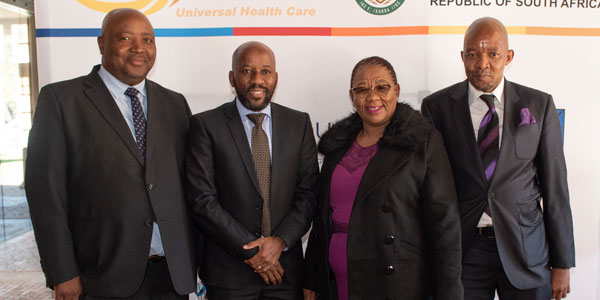
A consortium of universities with health sciences faculties has won a Department of Health tender to contract healthcare professionals.
The Universities Consortium and the Department of Health will launch a Universal Health Care project on June 6, which will test contracting mechanisms.

A unique dataset has enabled scientists to better estimate the number of HIV-infected South Africans who had died by 2009 before ARVs became available publicly.

The Wits Research Office has recognised scholars at the University whom the National Research Foundation has (re)rated and those awarded nationally and at Wits.

An advisory group of the World Health Organization has issued new recommendations to address vaccination challenges in the ongoing Ebola outbreak in the DRC.
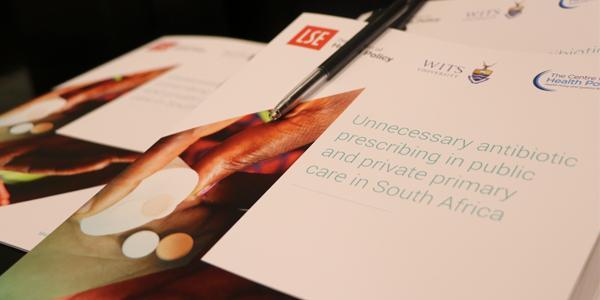
A study by researchers at Wits and the London School of Economics has revealed very high rates of antibiotic prescribing in SA.
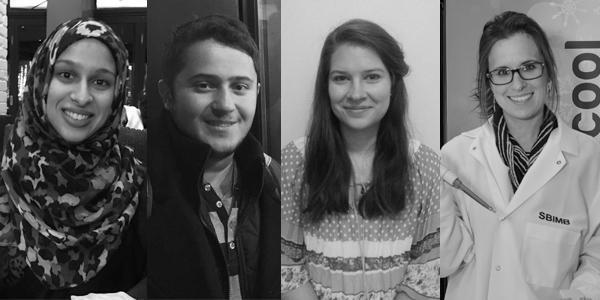
Wits science students have created an app to teach people the basics about genetics.
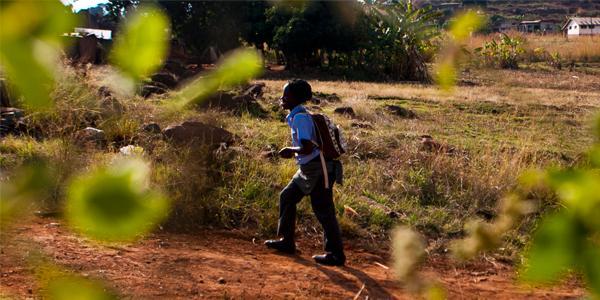
Wits has collaborated in a project with Oxford University to test a United Nations development approach to achieving the Sustainable Development Goals (SDGs).
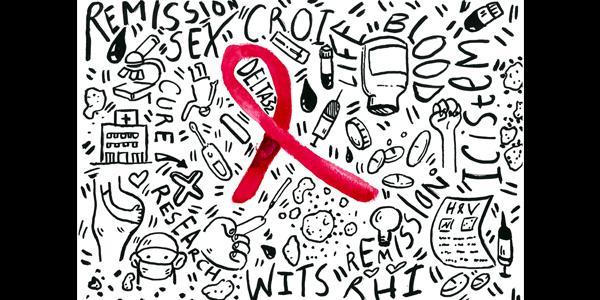
Wits-associated scientists are part of an international team that today published research suggesting a cure for HIV.

Research by Wits biomedical engineers that incorporates the human brain as part of a computer network is believed to be a world-first.
The Wits Reproductive Health and HIV Institute will evaluate the impact of HPV vaccine schedules on the prevalence of this virus on SA adolescent girls.
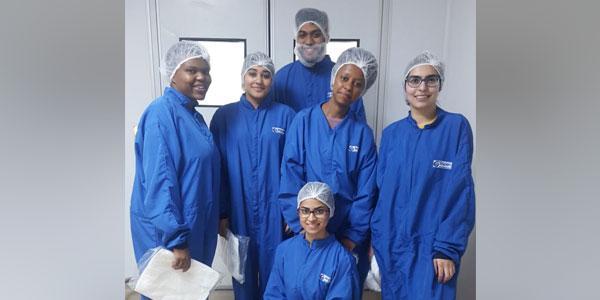
PharmApprentice is a curriculum innovation where Wits Pharmacy students develop entrepreneurial skills in a competition enabled by Aspen Pharmacare.
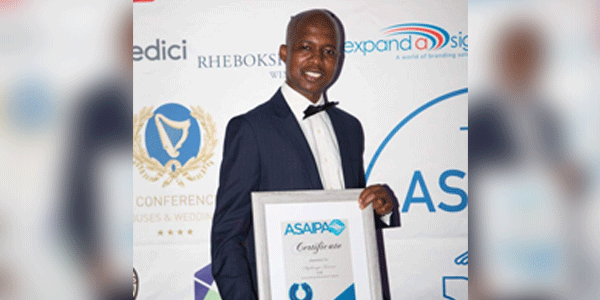
A Wits physiotherapist brings skills from professional UK football clubs to a new sports clinical programme at Wits.
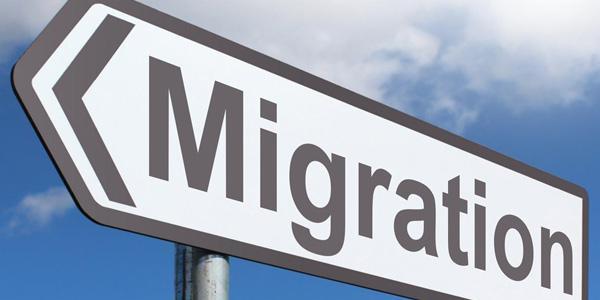
The United Nations declared 12 December Universal Health Coverage Day but for migrants worldwide, accessing healthcare is often fraught with prejudice.
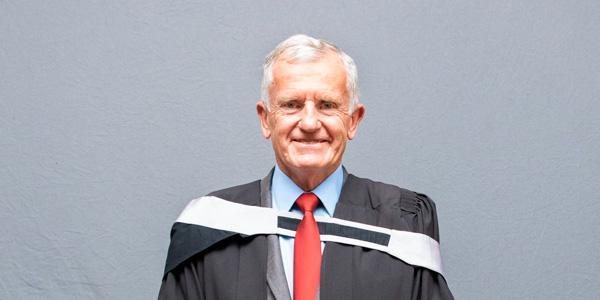
Patients are not “clients” and public healthcare is not “an industry” according to the recipient of the 2018 Gold Medal from Wits.
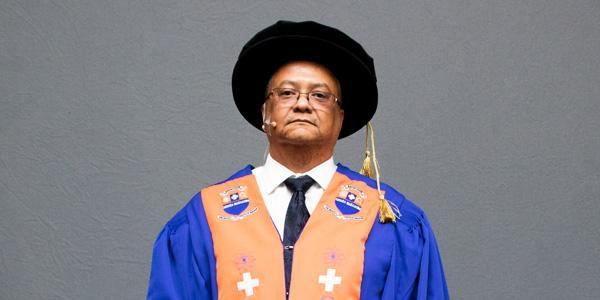
Prof. Lionel Green-Thompson is the Dean of the School of Medicine at the Sefako Makgatho Health Sciences University.
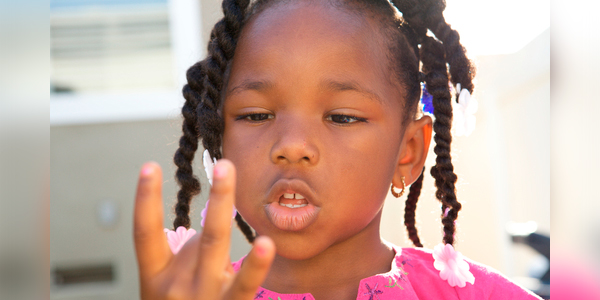
Most of us would agree that we want to encourage children to be physically active, get enough sleep, and keep their screen time at healthy levels.
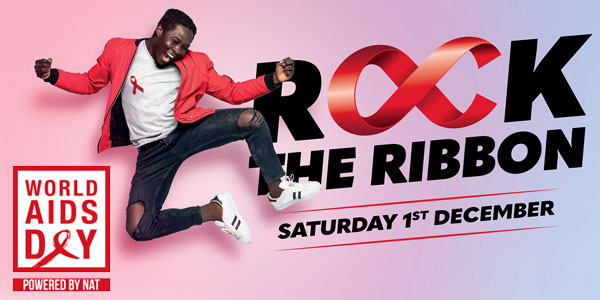
Self-screening for HIV has been touted as a disruptive innovation: one that can help to close the HIV testing gap by reaching key and under-tested populations.
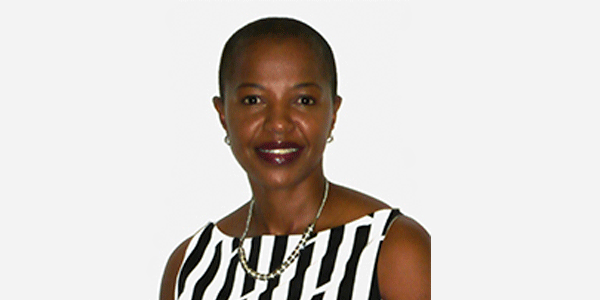
Dr. Nolubabalo Unati Nqebelele has been awarded a PhD in nephrology. She is the first black woman to earn a PhD in internal medicine at Wits University.

The World Health Organization has appointed Wits Professor Helen Rees to its Emergency Committee on the Ebola outbreak in the Democratic Republic of the Congo.
Universities need to find ways to assist students who are passive in seeking help.

Wits physiologists and cardiologists have established the Cardiovascular Pathophysiology Research Unit at the Mayo Clinic in Gauteng.
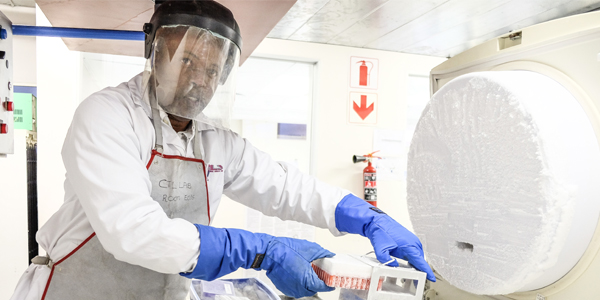
Protecting research universities is key to growing the higher education sector and making South Africa globally competitive.
The key ethical issues doctors grappled with in the world's first liver transplant from HIV+ living donor to negative recipient.
Wits doctors transplanted the liver from a mother living with HIV to her critically ill HIV negative child, who had end-stage liver disease.
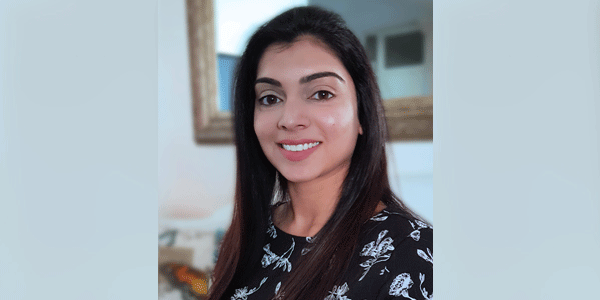
Dancing to a corporate tune didn’t turn out to be the kind of legal professional Safia Mahomed wanted to be.
The National Research Foundation has recognised Wits researchers for advancing their fields.
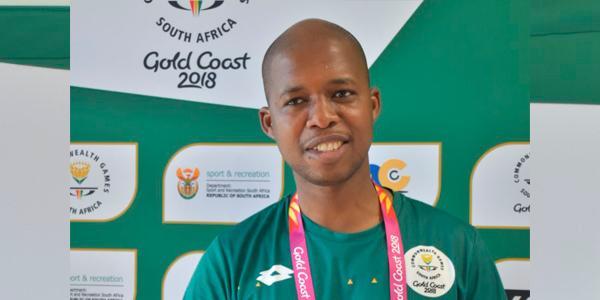
A Wits lecturer was amongst the physiotherapists who treated SA’s athletes at the 2018 Commonwealth Games held at the Gold Coast, Australia, from 4-15 April.

The City of Johannesburg is planning to provide 24-hour clinics in an attempt to increase access to health care. Why it is a good idea.
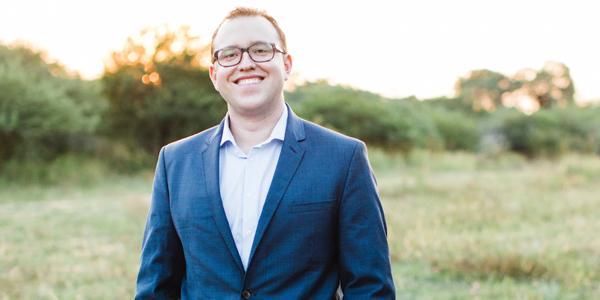
Epilepsy affects more than 60 million individuals globally with at least 70% of cases found in low- and middle-income countries.
What happens when you fail? Can Wits stop me being lazy? I come from Zimbabwe – can I feel free at Wits? Did I make the right choice coming here?
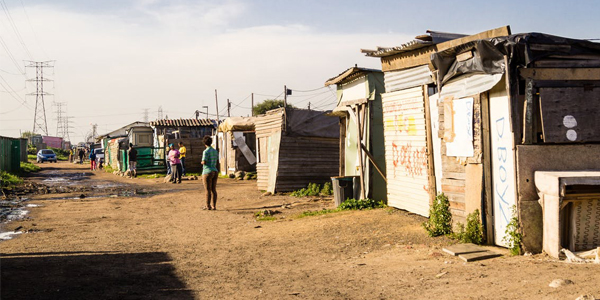
Fourteen years ago SA researchers first picked up rising rates of high blood pressure in the population that led to people dying earlier than expected.

Professors Bob Scholes and Shabir Madhi have been elected as Fellows of the prestigious The World Academy of Sciences (TWAS).

It is World Cancer Day on 4 February and Wits specialists are poised to challenge cancer and other non-communicable diseases.

Capitalising on consumers' sweet spot has dangerous implications for public health.
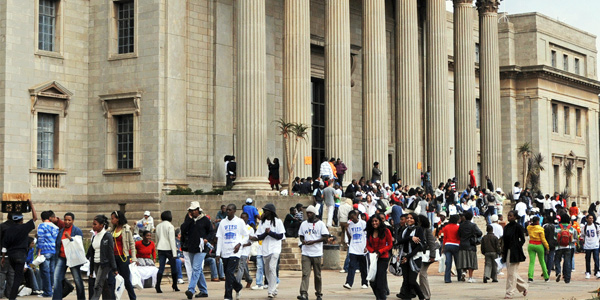
Wits graduates voted most employable in SA by directors and recruiters.

Wits scientists and partners have sequenced the genomes of 24 South African individuals of different ethnolinguistic origins.

Internationally renowned paediatric bone health specialist and clinician, Professor John Pettifor, has been awarded an honorary doctorate by his alma mater.
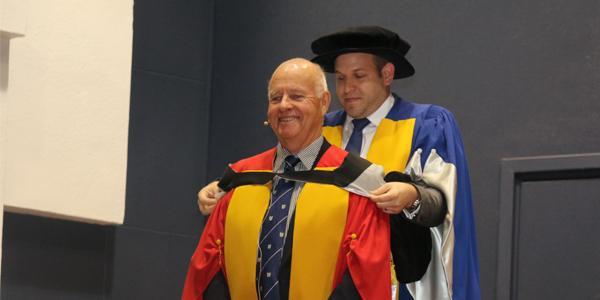
Wits University has awarded an honorary doctorate to Professor John Gear, who introduced the concept of primary health care at his Alma Mater in 1979.

Many cultures and societies throughout the world turn to traditional healers to find out why they are ill and to seek treatment.

South Africa has made tremendous advances in providing lifesaving antiretroviral therapy for HIV infected people.

The study shows that clinical interventions should take place at lower viral loads than those proposed by the current World Health Organization guidelines.
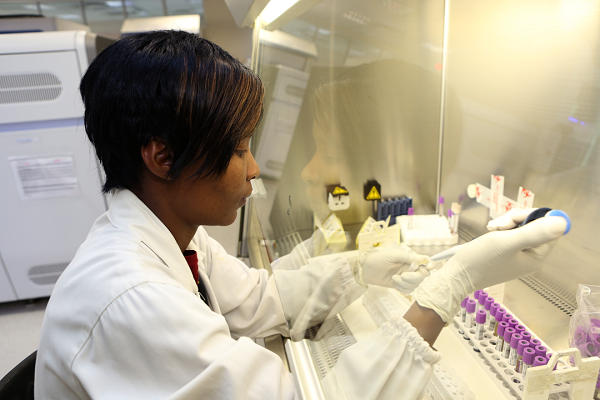
Wits Reproductive Health and HIV Institute publishes new research on Low Level Virema Co-hort
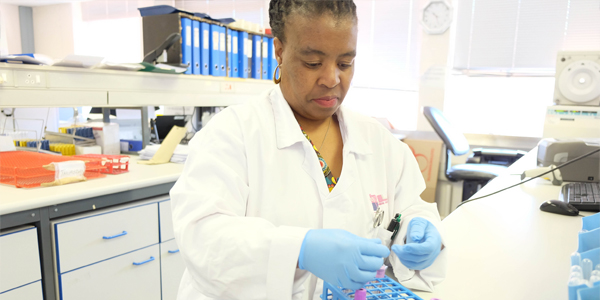
The Wits-led African Innovation Laboratory Network (iLEAD) launched today with a mission to integrate and optimise laboratory systems to improve patient care.
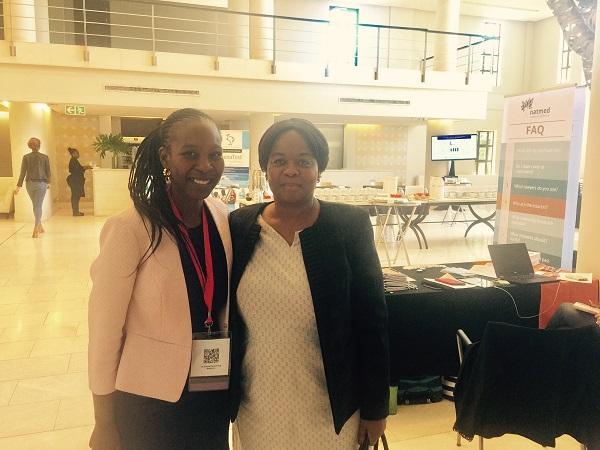
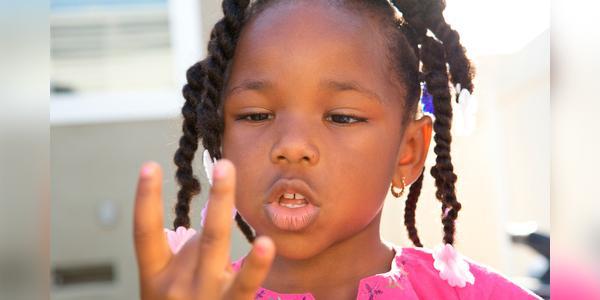
More accurate aging of teeth could hold the key to identifying health-compromised children in Africa.

The Minister of Health has appointed Wits Professor Helen Rees to chair the Board of the South African Health Products Authority.
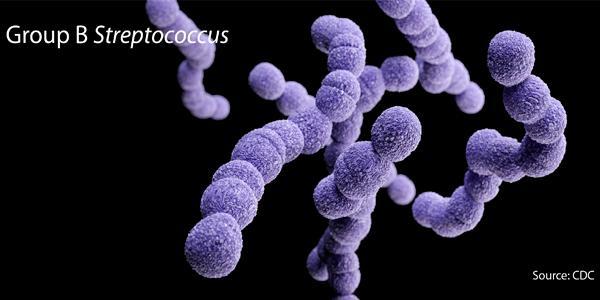
A global study of GBS, bacteria that cause stillbirth and infant death, shows that Africa has the highest incidence. Wits University is pioneering a vaccine.
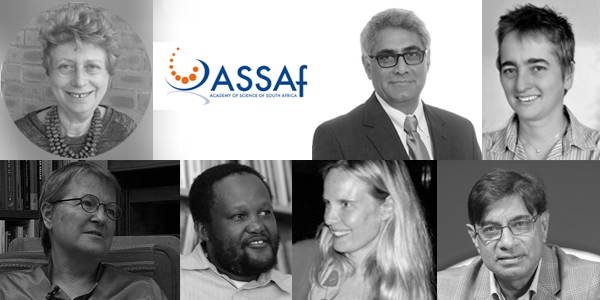
Seven scholars from Wits were inaugurated into the Academy of Science of South Africa at its annual Awards Ceremony held on 11 October 2017.

Dr Nqoba Tsabedze has been appointed as Academic Head of Division Cardiology
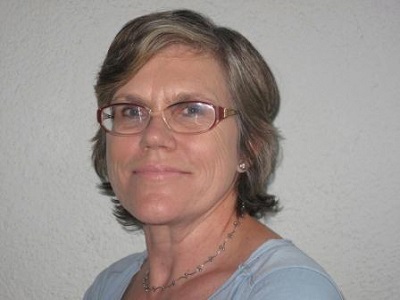

Professor Daynia Ballot, a lifelong Witsie, has been appointed as Head of School : Clinical Medicine in the Faculty of Health Sciences from 1 October 2017.
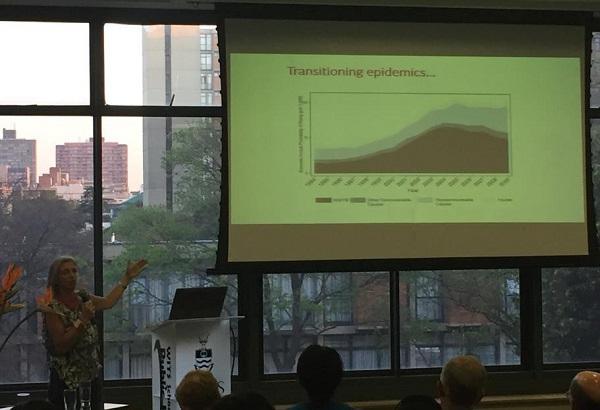
The Lancet Diabetes and Endocrinology Commission on “Diabetes in sub-Saharan Africa: from clinical care to health policy”, was launched at Wits
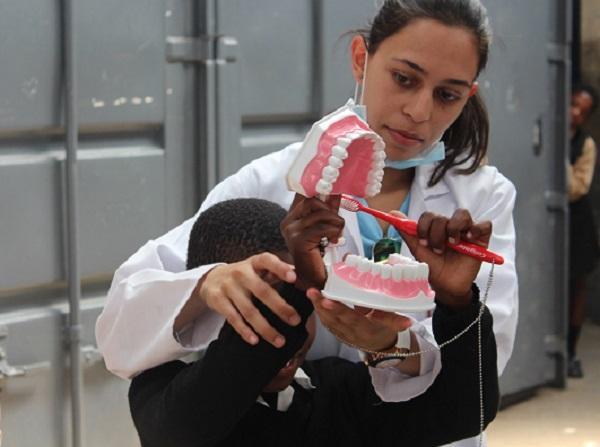
Wits Community Dentistry with sponsorship from Aquafresh together with the Gauteng Department of Health hosted an Oral Health Day.
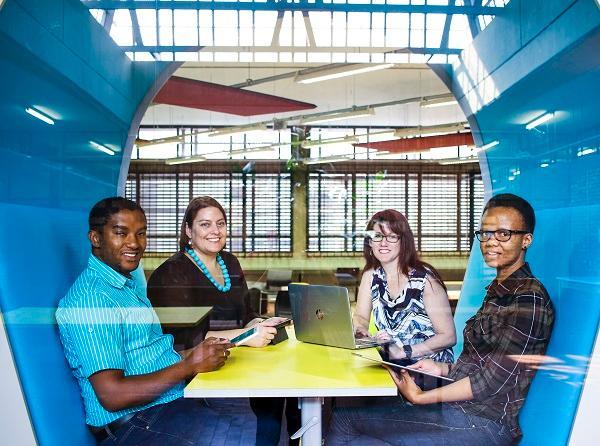
To address some of the challenges of tertiary education today, Wits is pioneering a student-centred adaptive learning environment called the eZone.
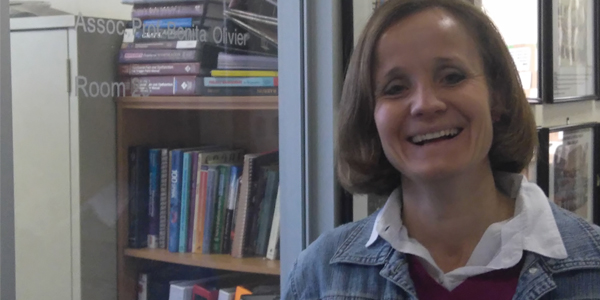
Benita Olivier is an Associate Professor in musculo-skeletal physiotherapy in the Physiotherapy Department at Wits.
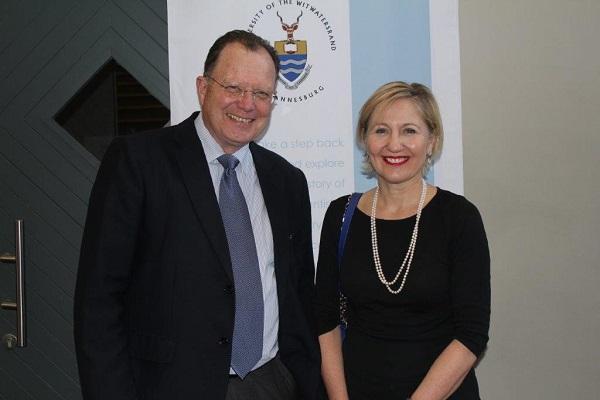
Professor Glenda Gray delivers the Faculty of Health Sciences’ prestigious AJ Orenstein Memorial Lecture 2017.
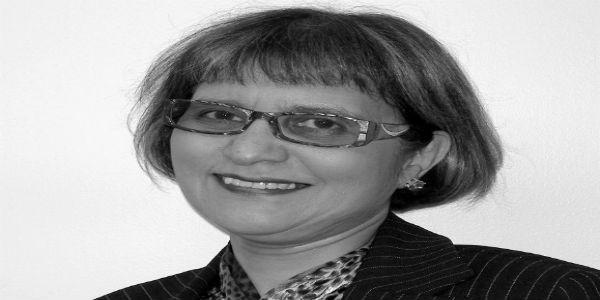
Professor Ames Dhai, Director of the Steve Biko Centre for Bioethics, presented her inaugural lecture on 6 September 2017
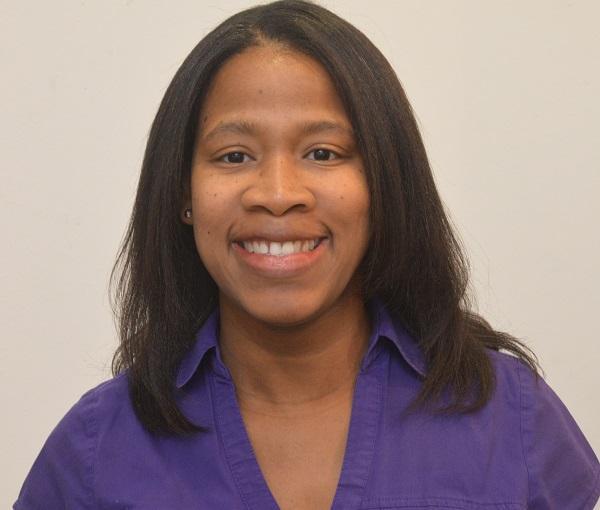
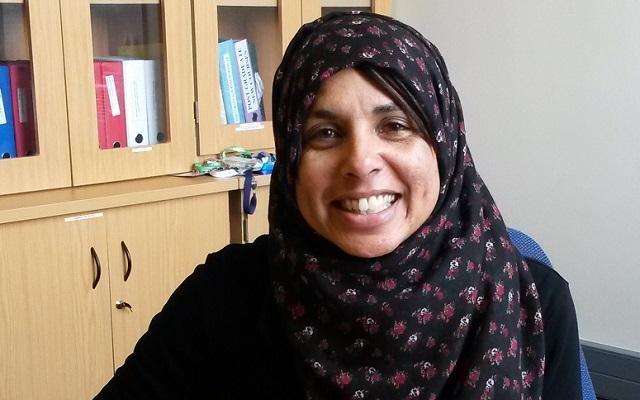
Dr Fasloen Adams has been appointed Head of Department for Occupational Therapy in the School of Therapeutic Sciences at Wits’ Faculty of Health Sciences.
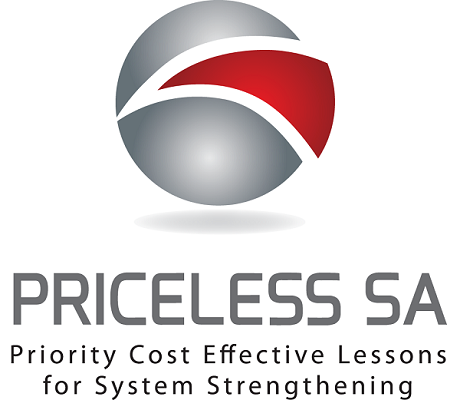
A new study shows that energy drinks have achieved the highest recent sales volume growth in SA.

Dr Wezile Chitha Appointed as Acting Assistant Dean: Strategic Affairs
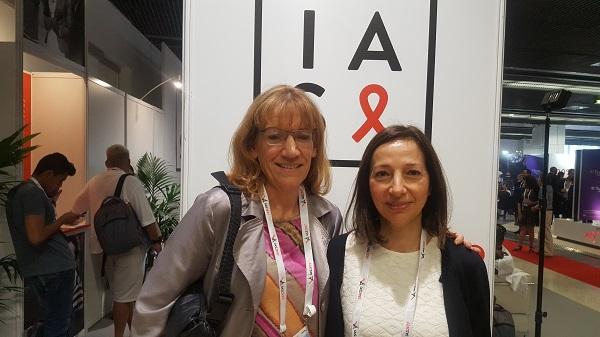
Wits clinician, Dr Avy Violari, F.C.Paed, reported a functional cure case today at the 9th IAS Conference on HIV Science in Paris, France.
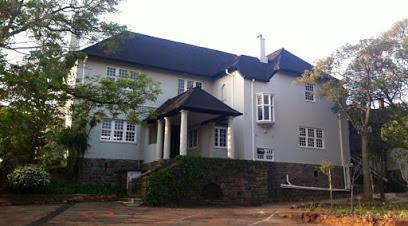
The Sydney Brenner Institute for Molecular Bioscience Short Course in Precision Medicine in Africa
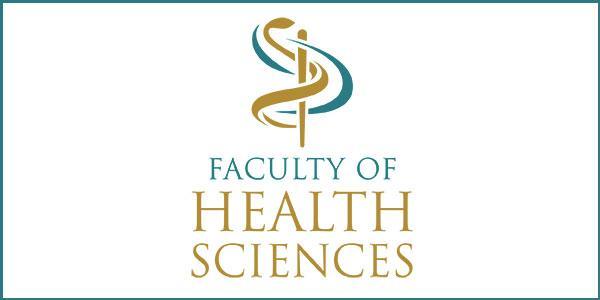
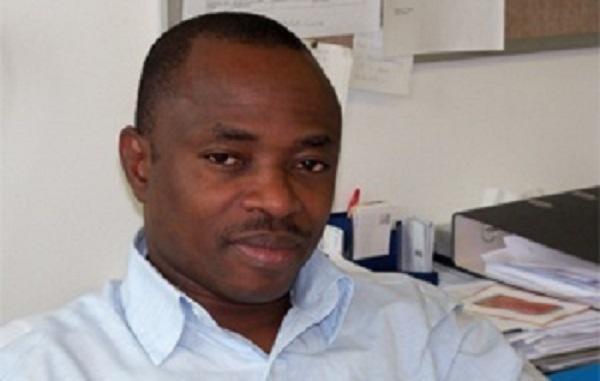
Professor Amadi O. Ihunwo, from the School of Anatomical Sciences to Head the Society of Neuroscientists of Africa

Dr Salome Maswime was honoured as a Young Trailblazer and Achiever by President Zuma at the National Youth Day Commemoration.
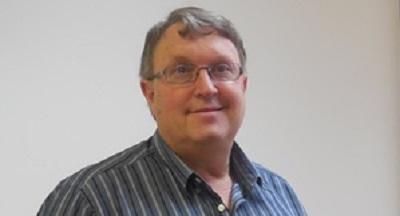
Wits researchers highlight boost to patient outcomes as a result of advances in cancer treatment mangement.
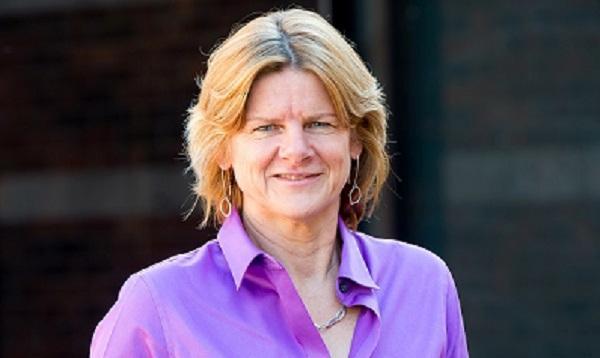
Professor Lynn Morris received the prestigious Harry Oppenheimer Fellowship Award, considered an equivalent to the Nobel Prize, on 2 June 2017.
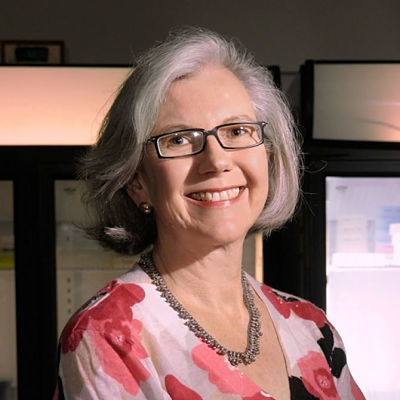
Sydney Brenner Insitute for Molecular Bioscience Makes Breakthrough Discovery
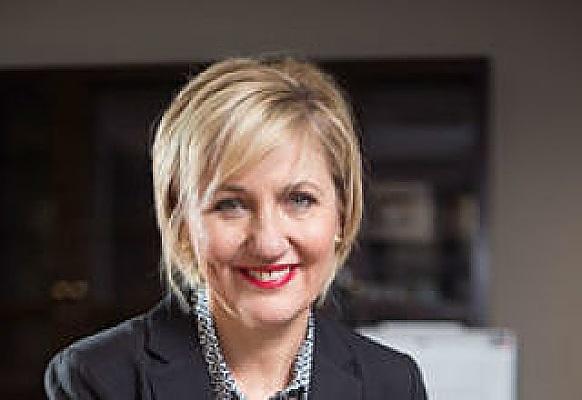
South African medical research pioneer listed as 1 of the 100 most influential people in the world
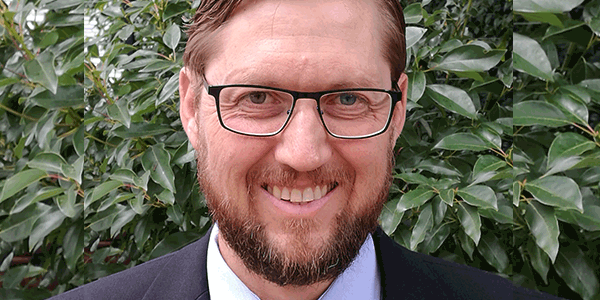
Adjunct Professor Hendrik Lombaard has been appointed Academic Head for the Department of Obstetrics and Gynecology in the School of Clinical Medicine.
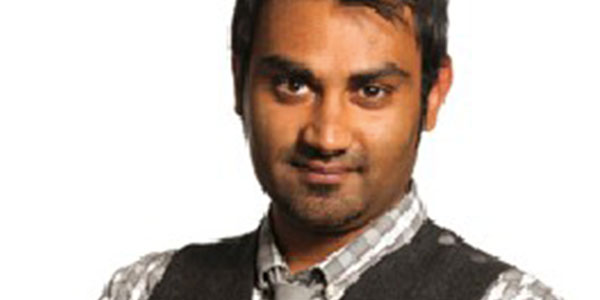
Wits researchers have made significant inroads in understanding more about Tuberculosis, publishing a landmark study.
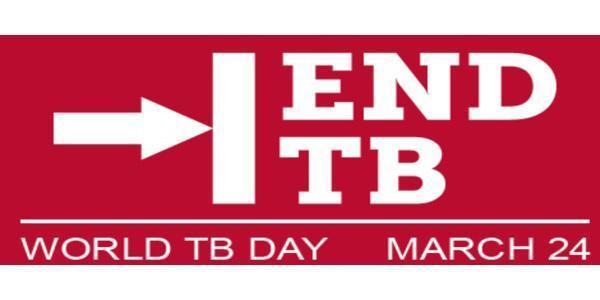
Faculty Symposium on TB Elimination to be held on Thursday 23 March 2017
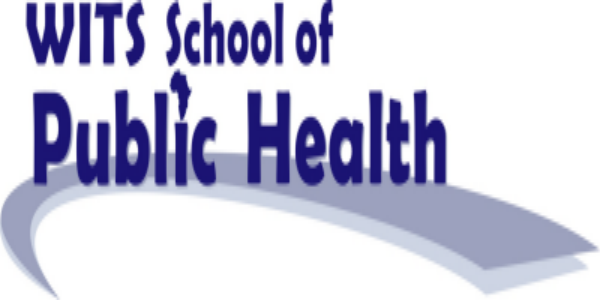
Dr Soter Ameh, a Wits School of Public Health PhD graduate, was selected for the Bernard Lown Scholars Program at Harvard School of Public Health.
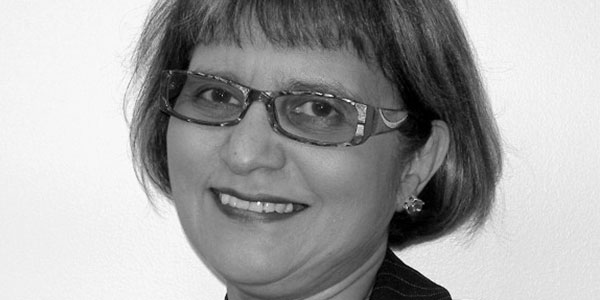
Ethics Alive 2017, a week-long programme of debates and discussions exploring issues of ethics, law and human rights in healthcare kicks off on 13 March 2017.
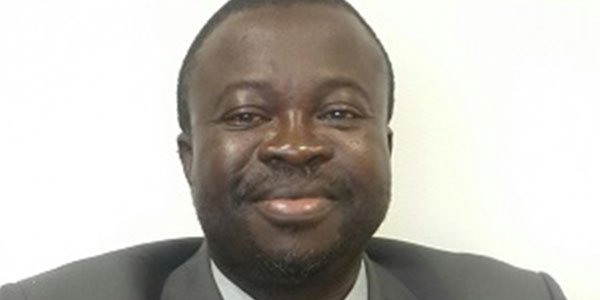
Doctor Olufemi Babatunde Omole was appointed Academic Head for the Division of Family Medicine in the Department of Family Medicine.
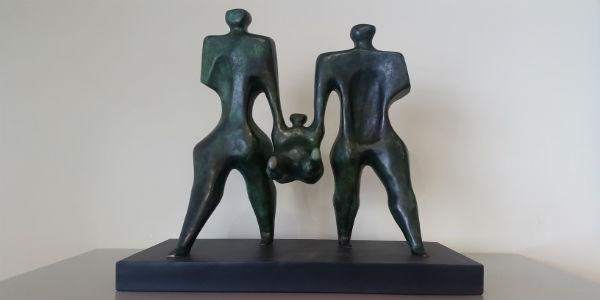
Second “Discerning Dialogue” of 2017, facilitated by Doctor Femi Otulaja.
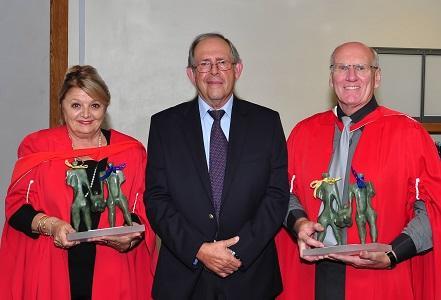
The Faculty hosted the first prestigious “Celebrating Academic Lives of Excellence” event to honoured Emeritus Professors Kramer and Gray.
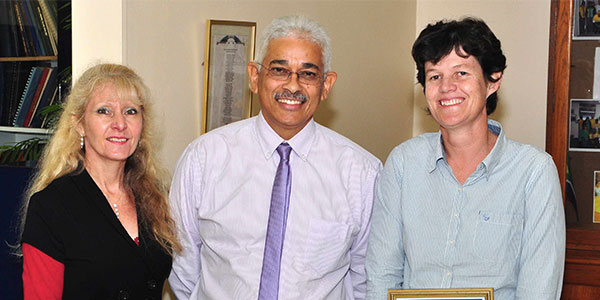
Helen Laburn Research Prize awarded Professors Andrea Fuller and Angela Woodiwiss, for their remarkable achievements in scientific research.
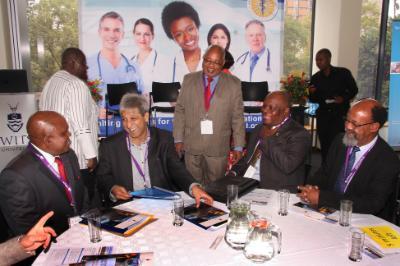
The School of Public Health Initiates an Annual Healthy Inequity Lecture
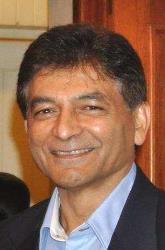
Professor Pravin Manga has been honoured with the status of Emeritus Professor for his outstanding contribution to the University.
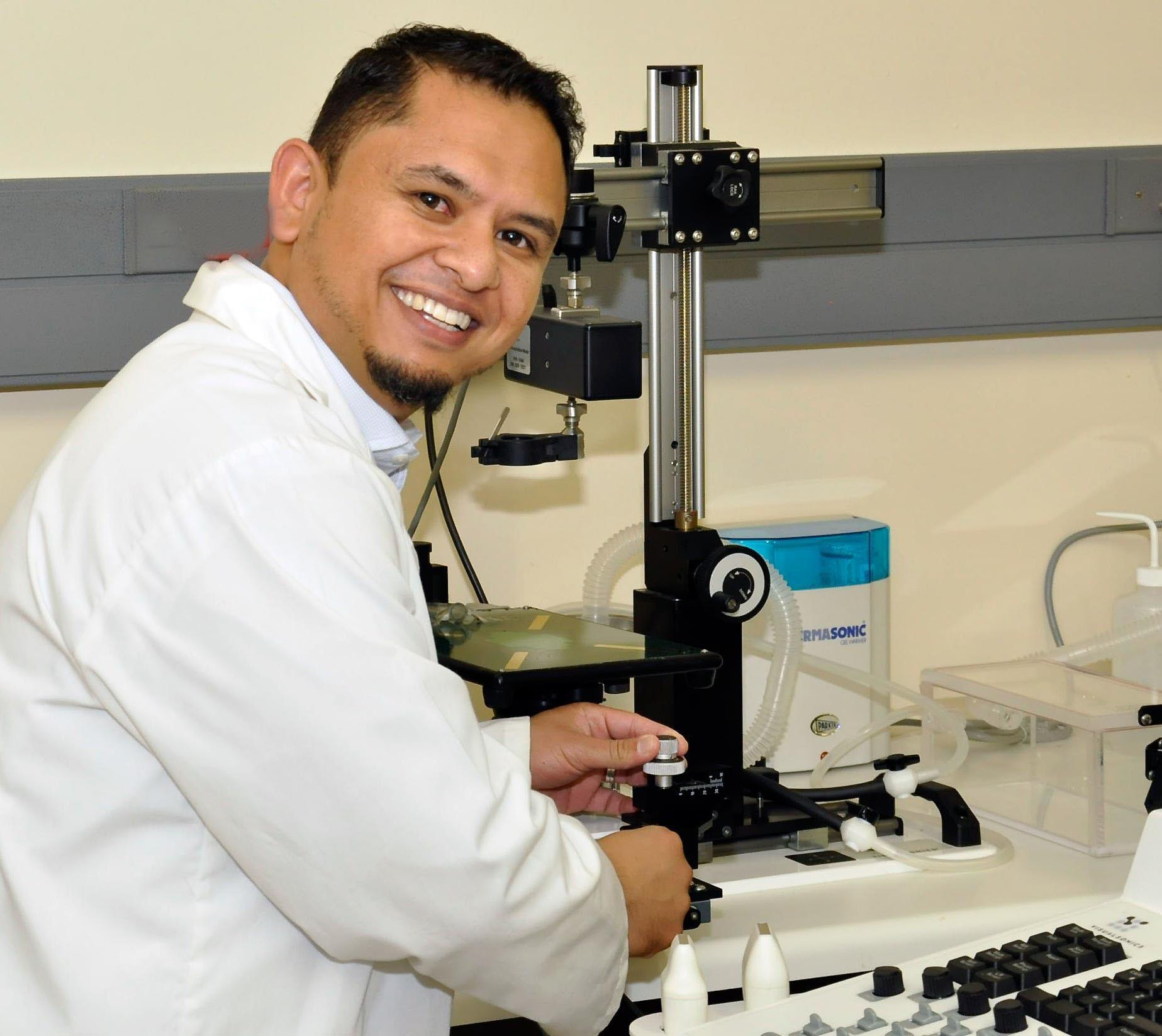
Prof. Yahya E. Choonara has been appointed Academic Head for the Department of Pharmacy and Pharmacology in the School of Therapeutic Sciences.
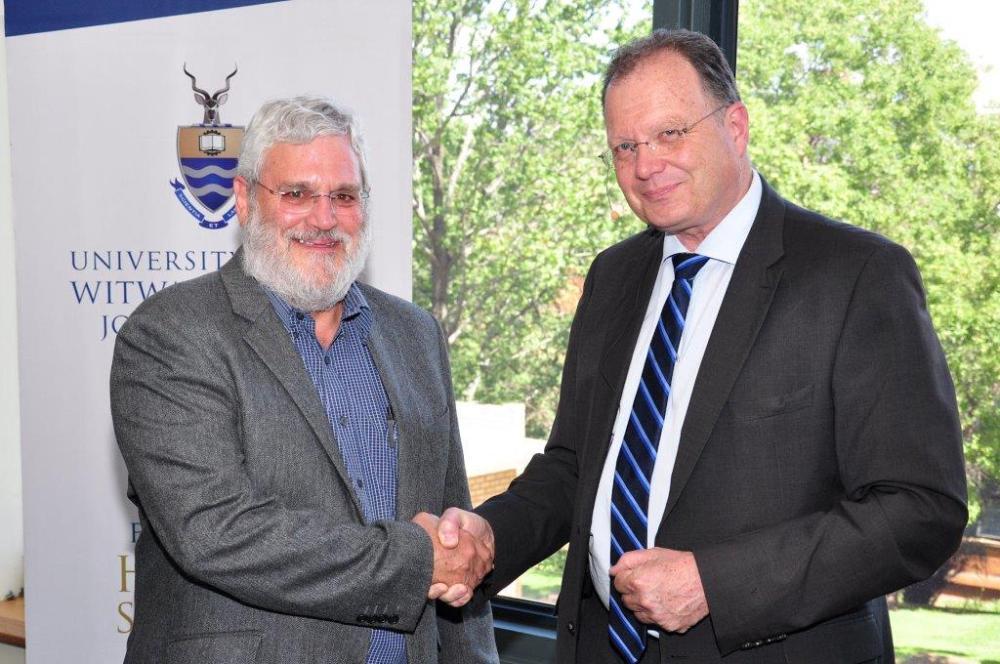
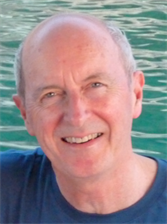
Wits Distinguished Professor Chris Mathew received the National Research Foundation’s (NRF) A rating.
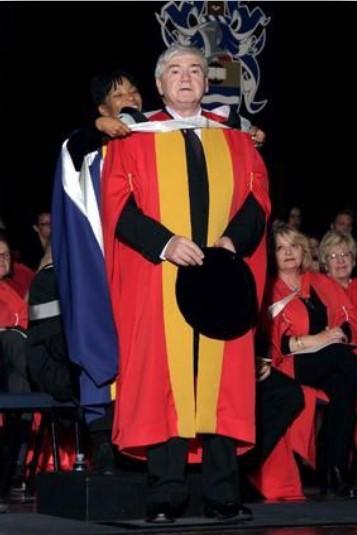
Leading Oral Pathologist, Professor Mario Altini passed away on Friday 10th of February 2017
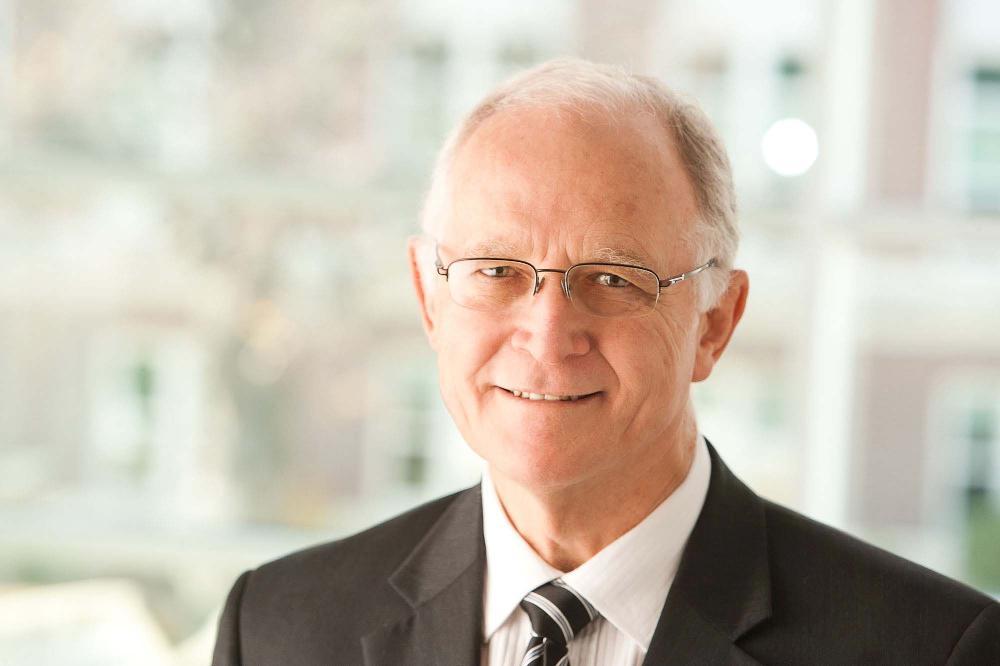
Alan Richards, M.D., received the Valor in Educational Service Award at the University of Nebraska Medical Center’.
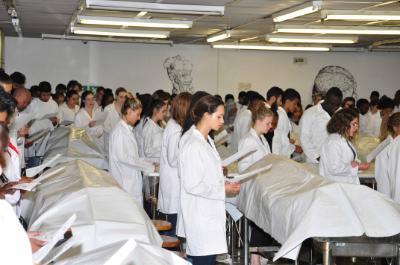
Health Sciences students at Wits undertake a dedication ceremony before their study of the human body begins.

The Human Research Ethics Committee (Medical) (HREC) first meet as an ethics committee in October 1966. This year it celebrates 50 years in existence.

More than 600 students undertook a modified Hippocratic Oath on Friday the 27th 2017.
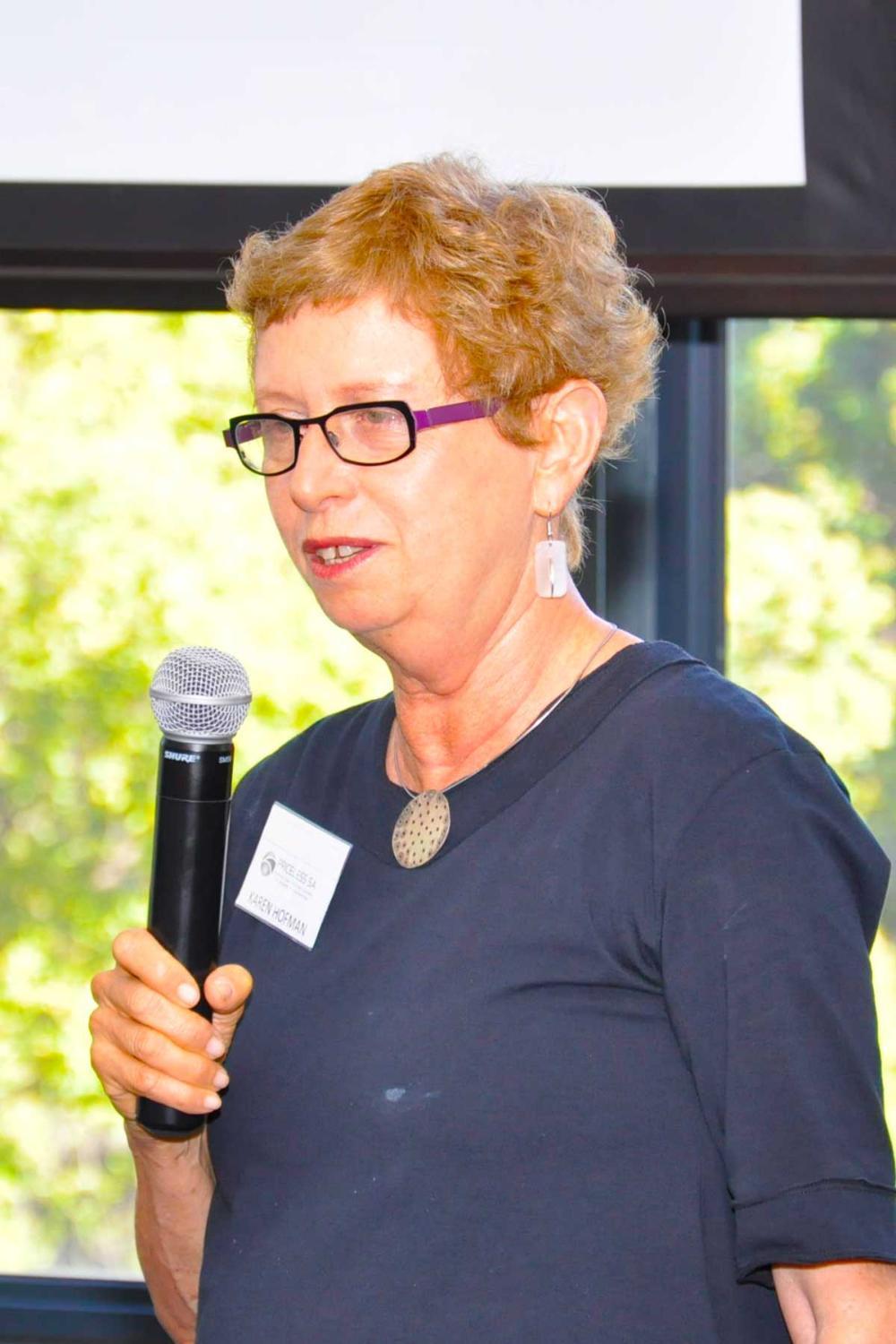
Priceless SA have released a new report entitled “Fiscal Policies for Population Health in South Africa”.

Sydney Brenner Institute for Molecular Bioscience will kick off the first three-day short course on Precision Medicine in Africa, on the 19 of February 2017.
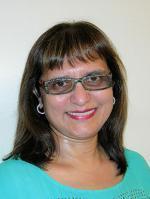
The interim task team for the MBBCh curriculum review completed their report in December.
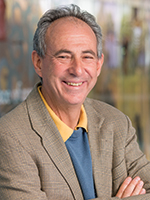
Diabetes is emerging as a global health concern and at the helm of this wave of increased attention is a proud Witsie.
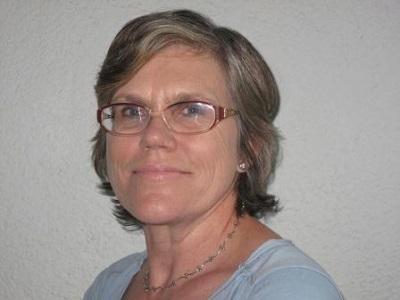

Santa paid the paediatrics surgery ward of Chris Hani Baragwaneth Hospital an early visit.
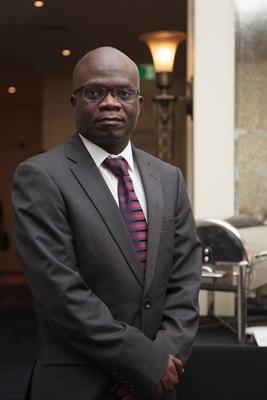
Associate Professor Tobias Chirwa has been appointed as Head: School of Public Health effective from 01 February 2017.
-200x300.jpg)
Professor Maria Papathanasopoulos has been appointed Assistant Dean: Research and Postgraduate Affairs in the Faculty of Health Sciences from January 2017.
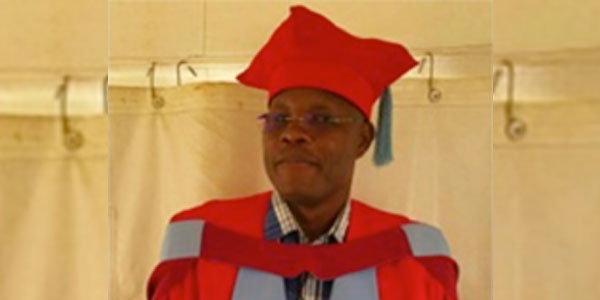
Dr Mbulaheni Simon Nemutandani joins Wits as CEO of the Wits Oral Health Centre and Head of the School of Oral Health Sciences as of 1 September 2016.
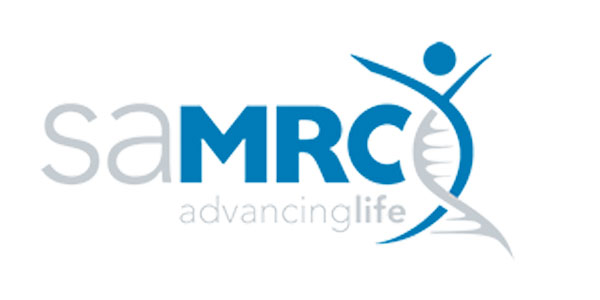
Congratulations to Professor Gavin Norton, and Professor Viness Pillay who were recently honoured with the Gold Scientific Achievement Award.
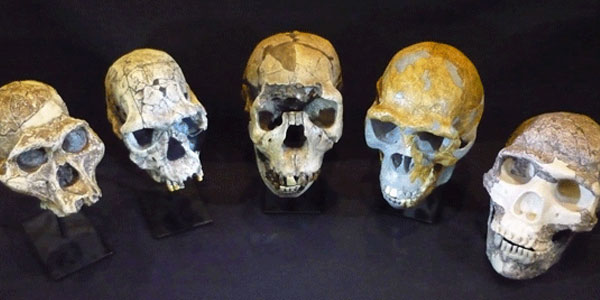
New research collaboration has produced research challenging previously held views of human brain evolution.
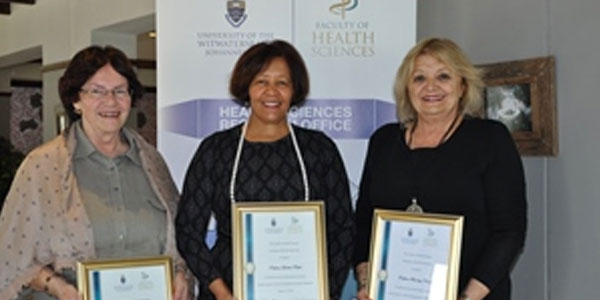
The annual event celebrates the outstanding achievements of researchers and Research Entities in the Faculty during the previous year.